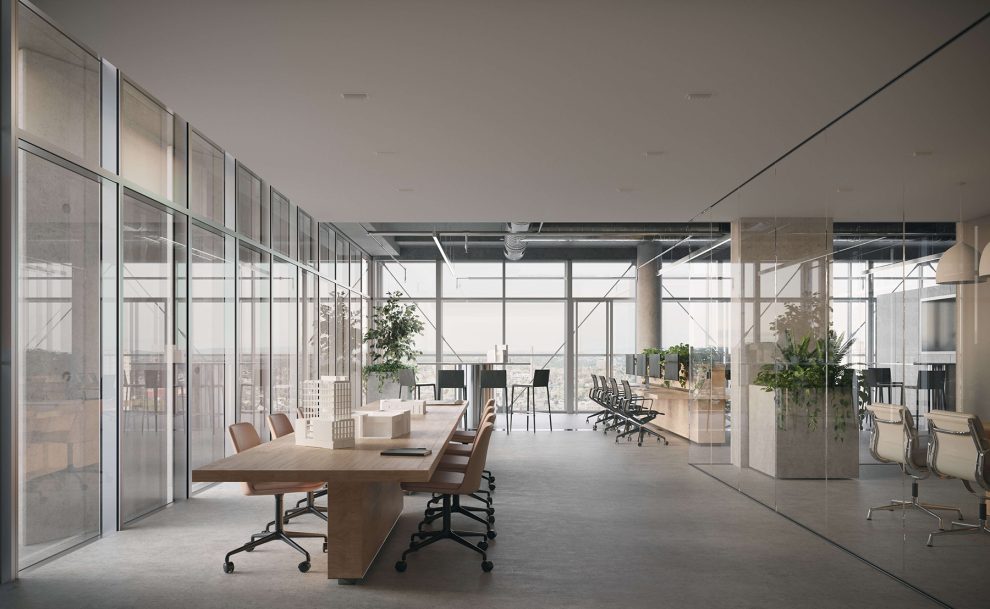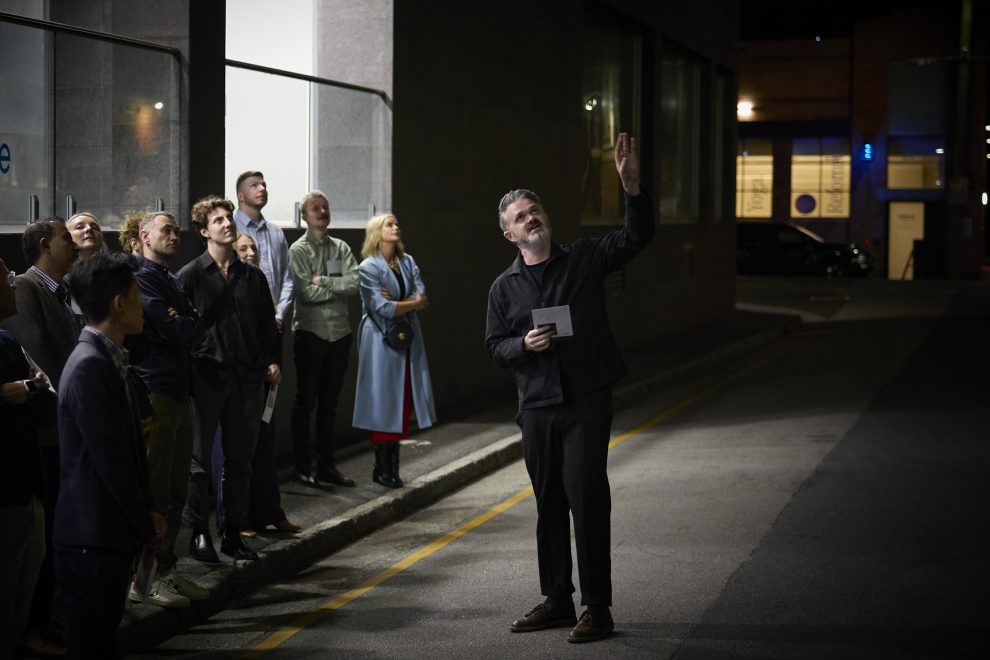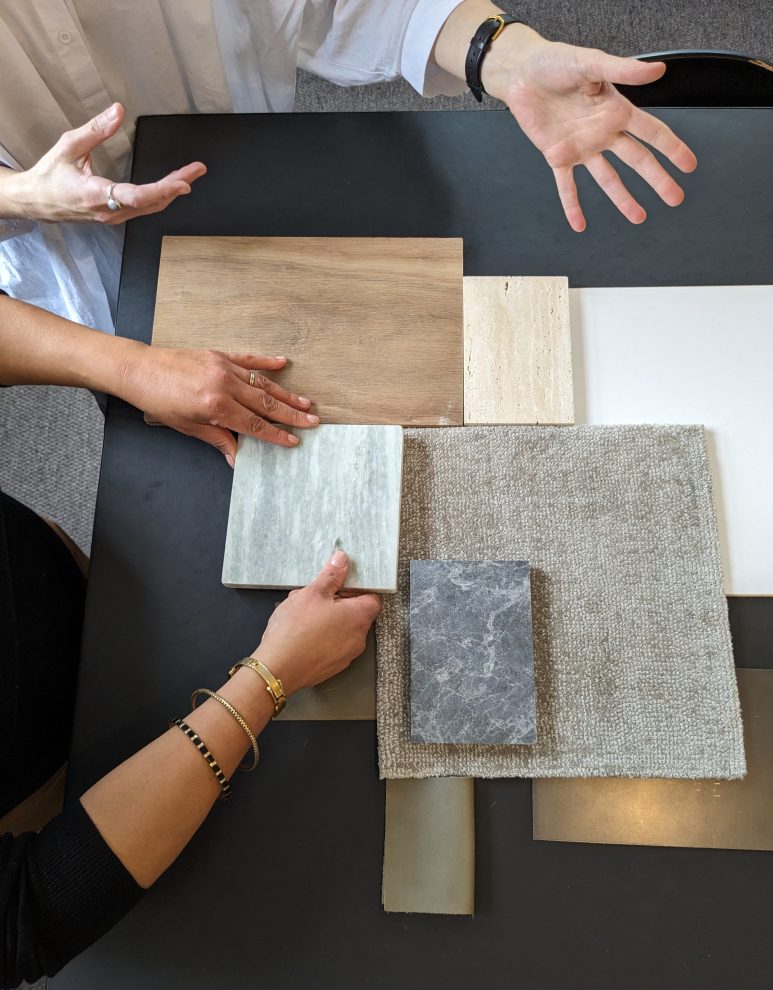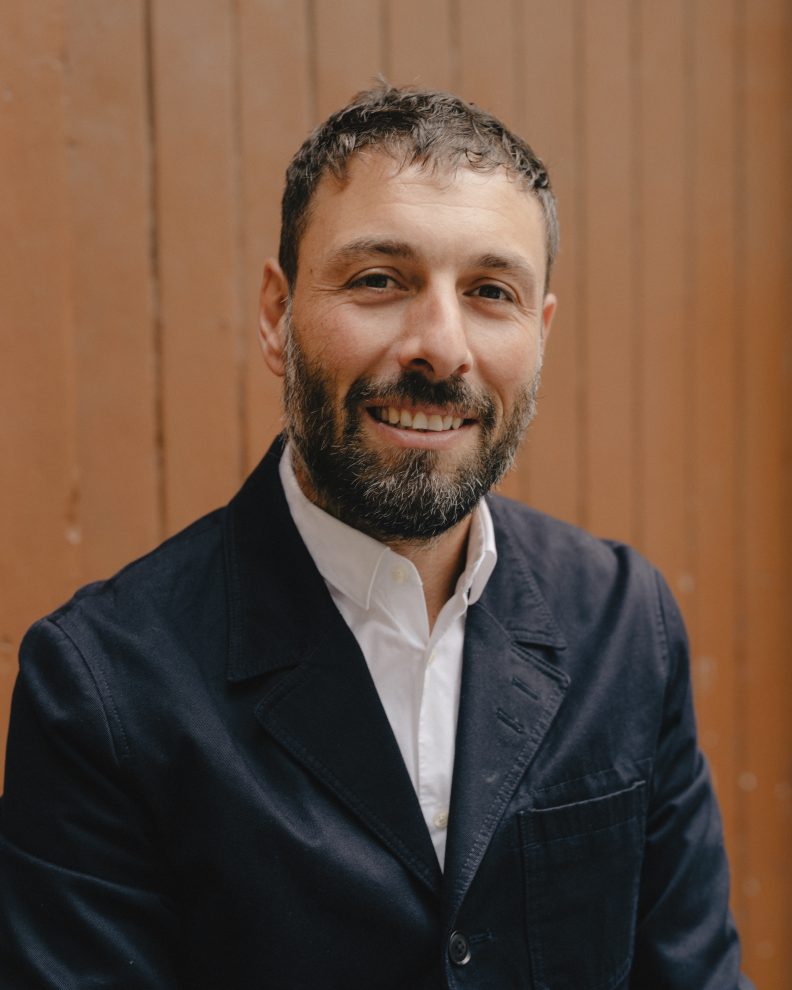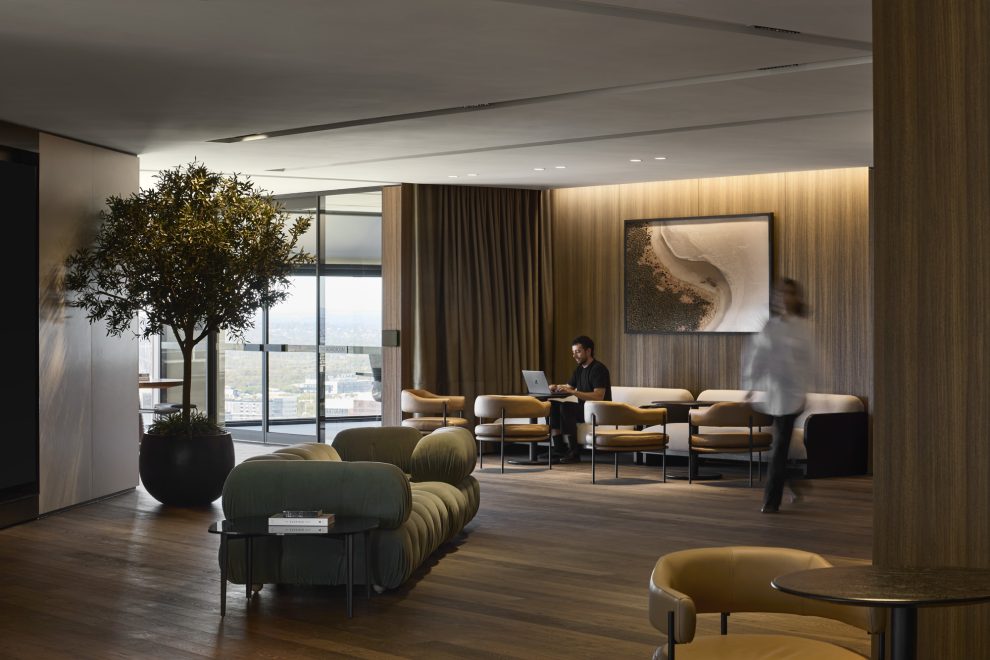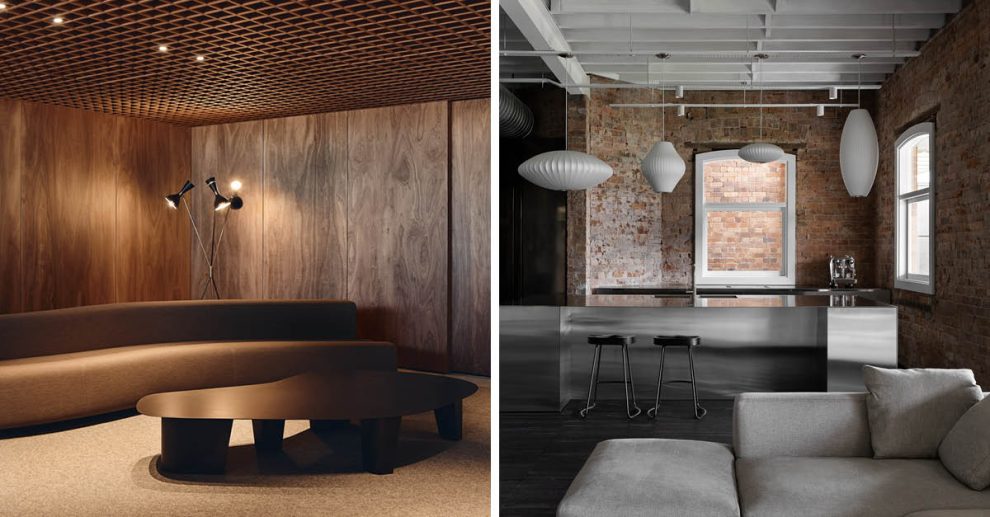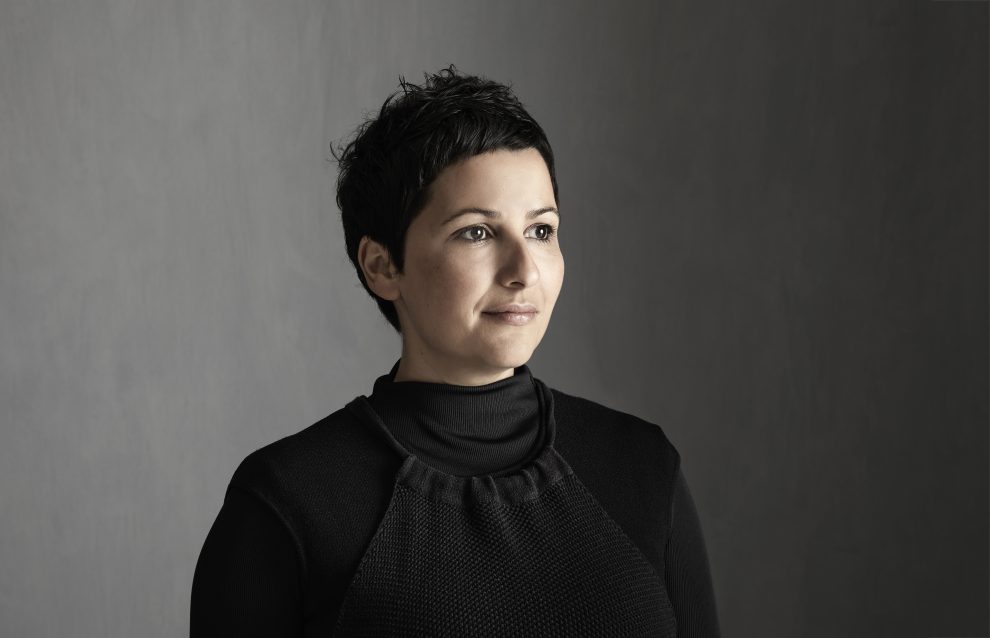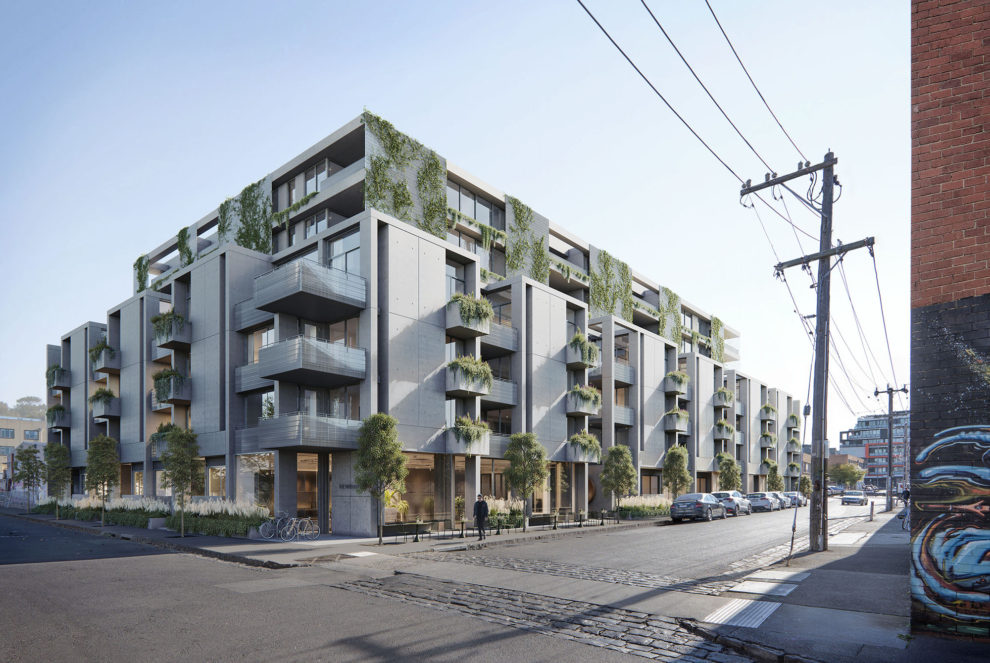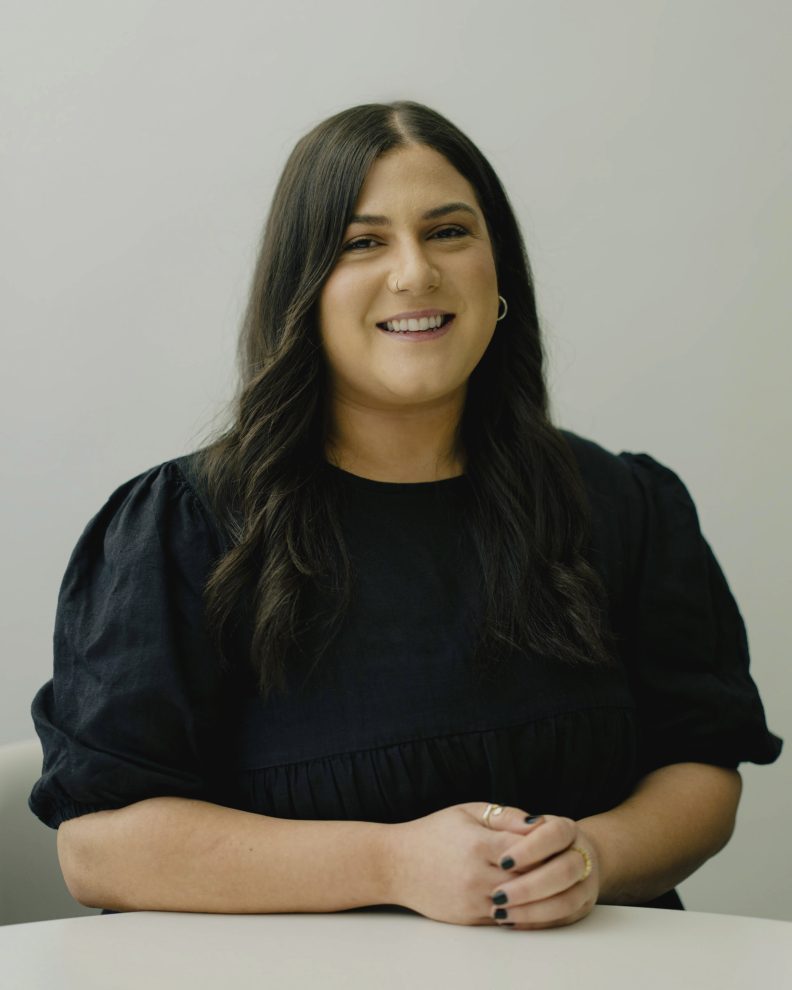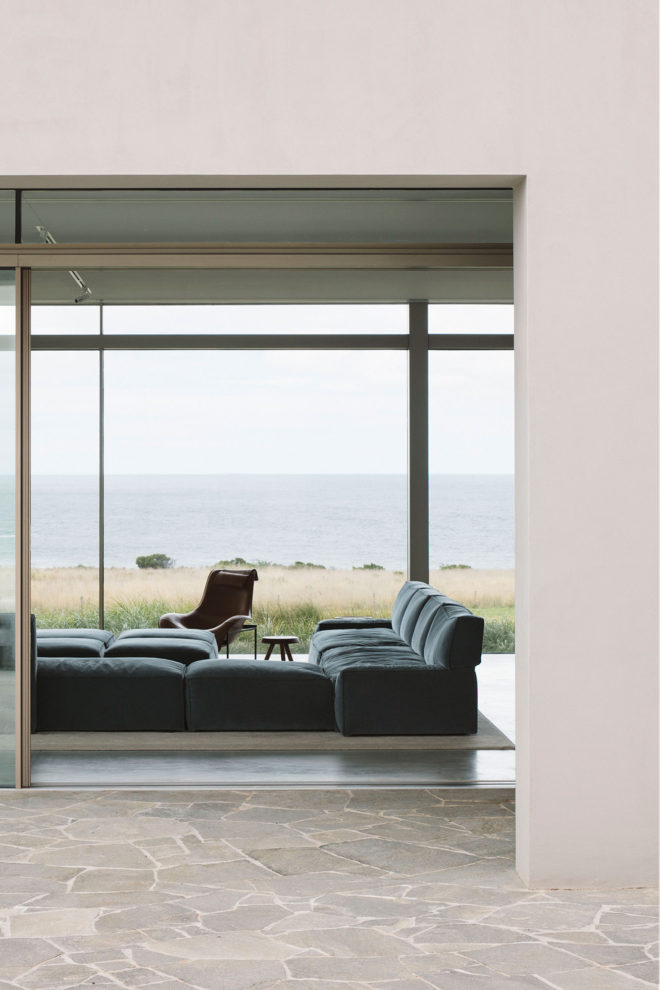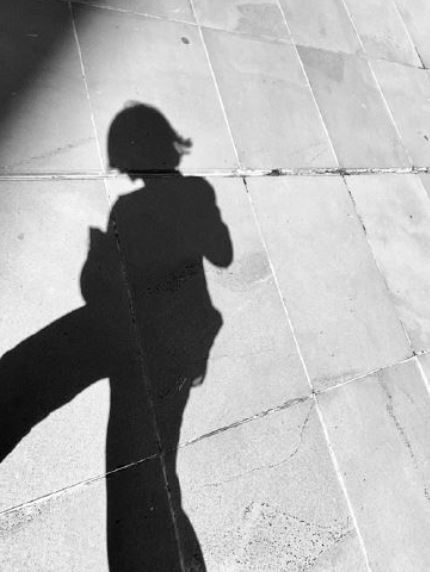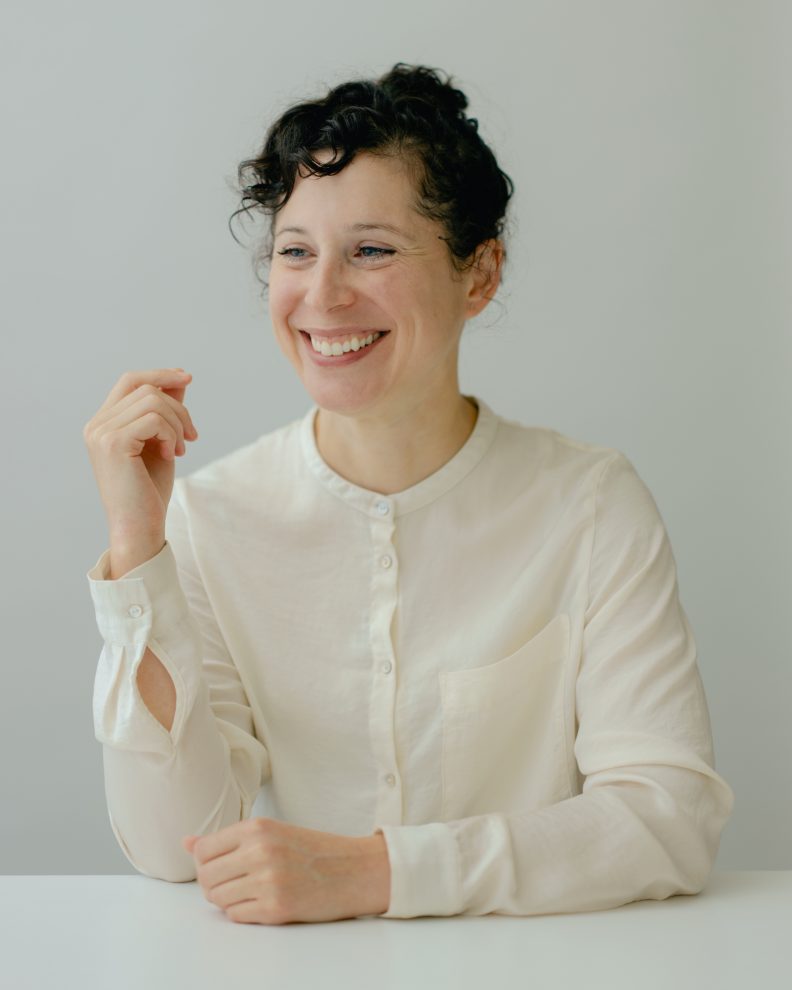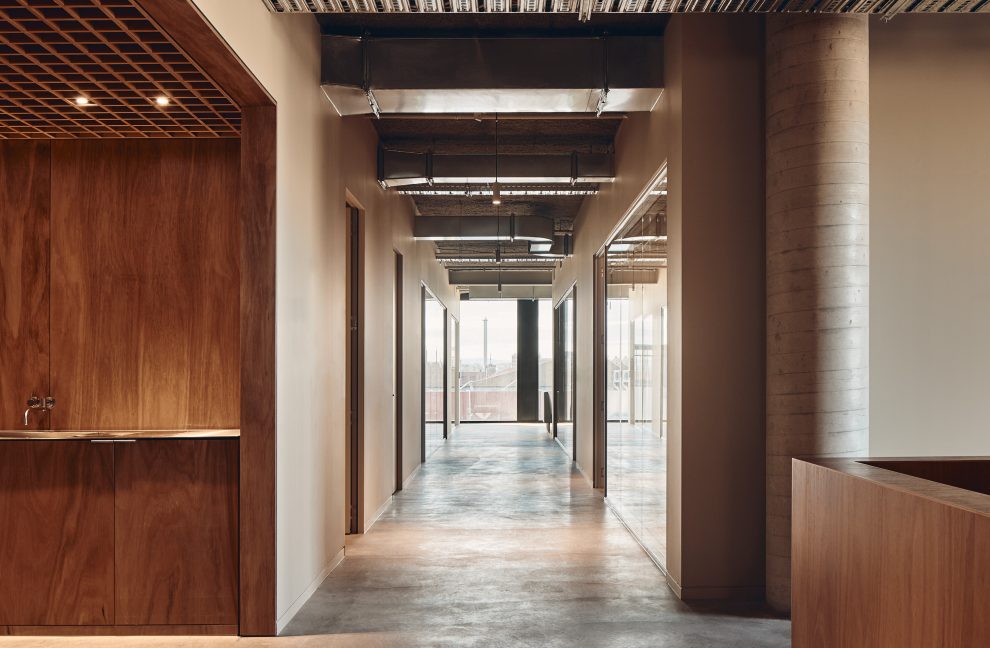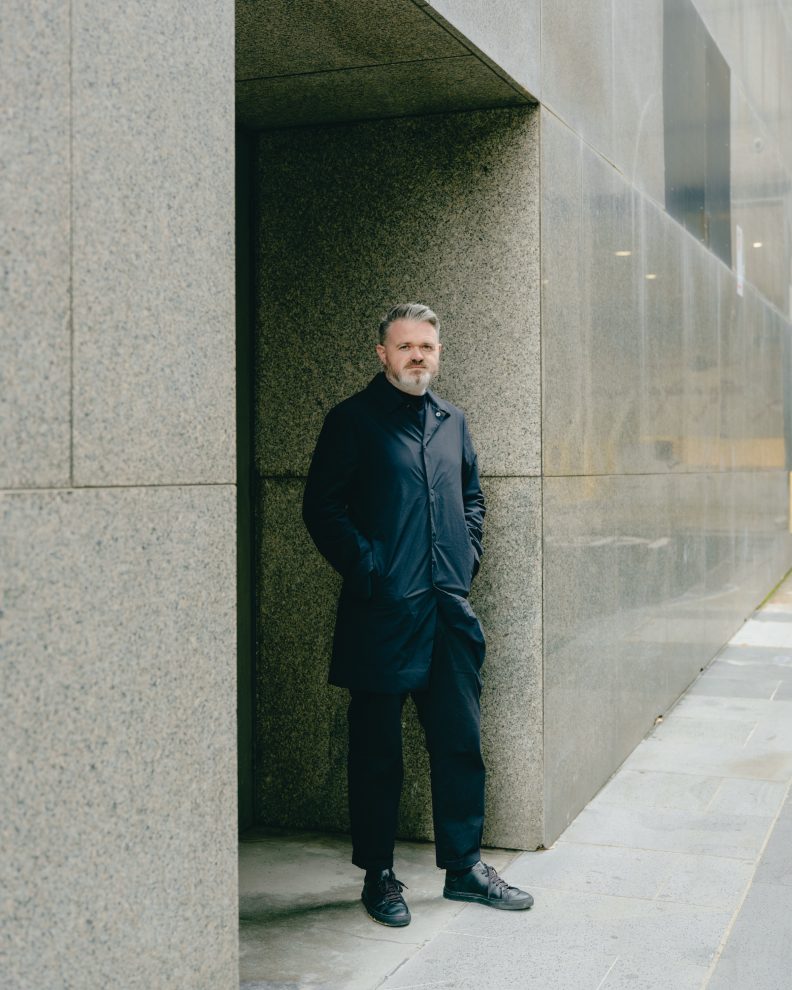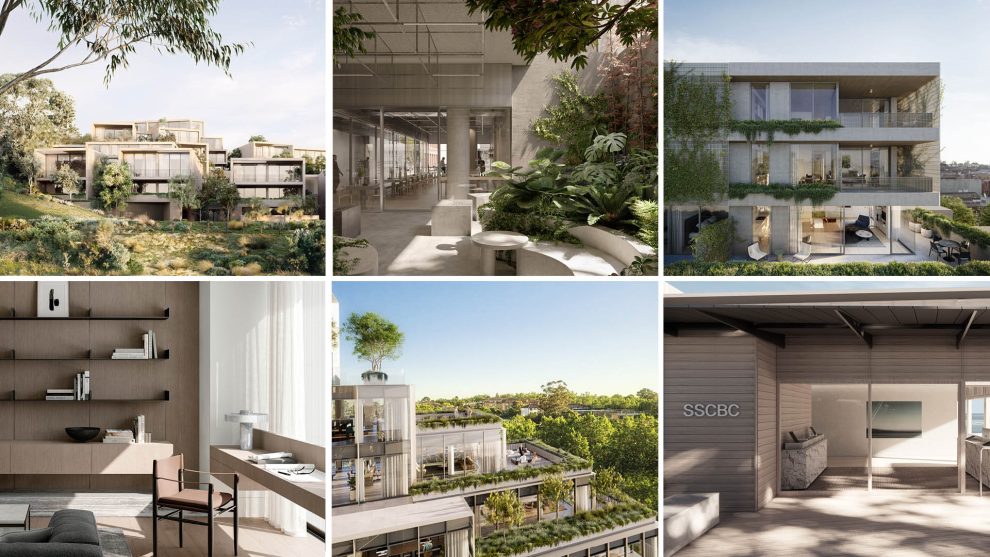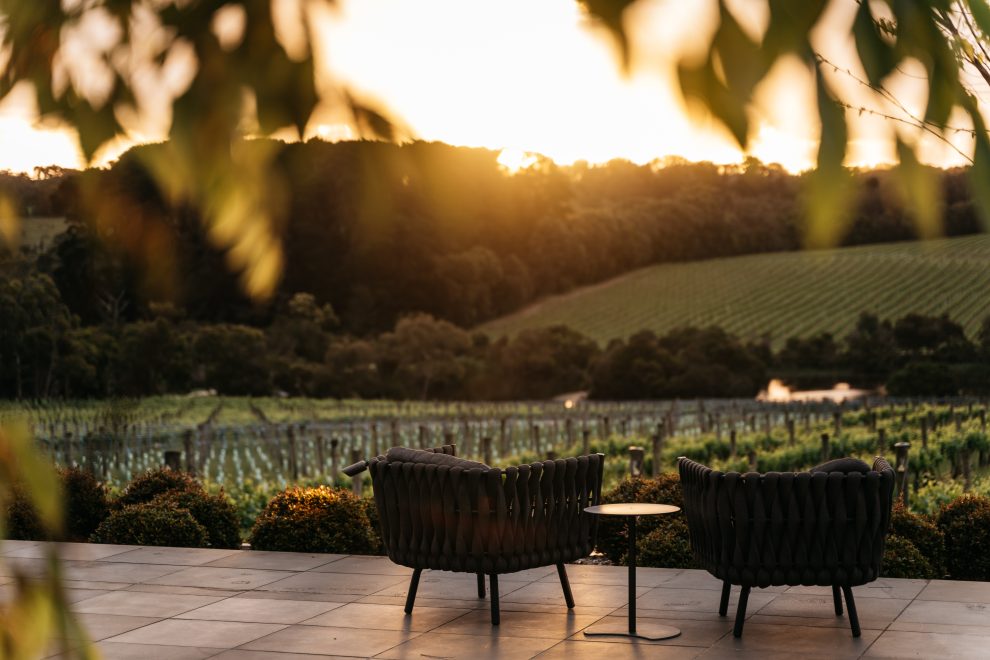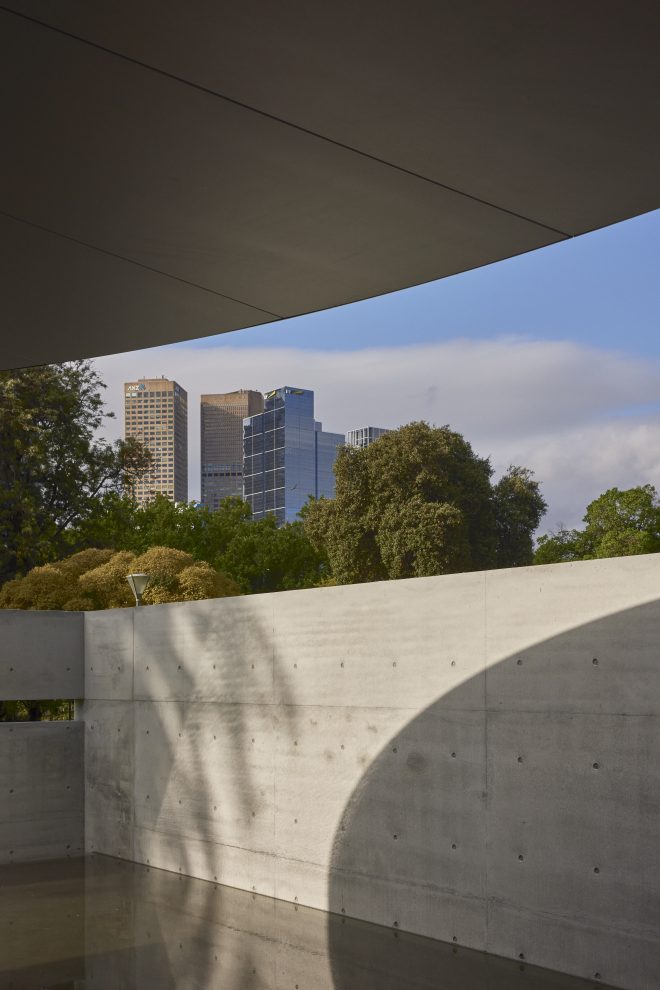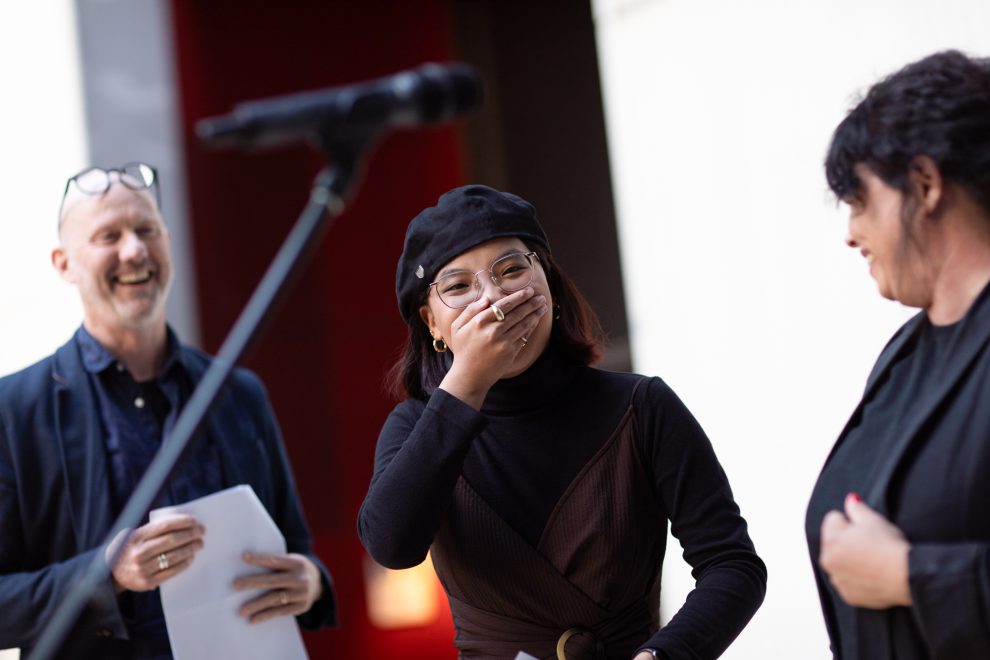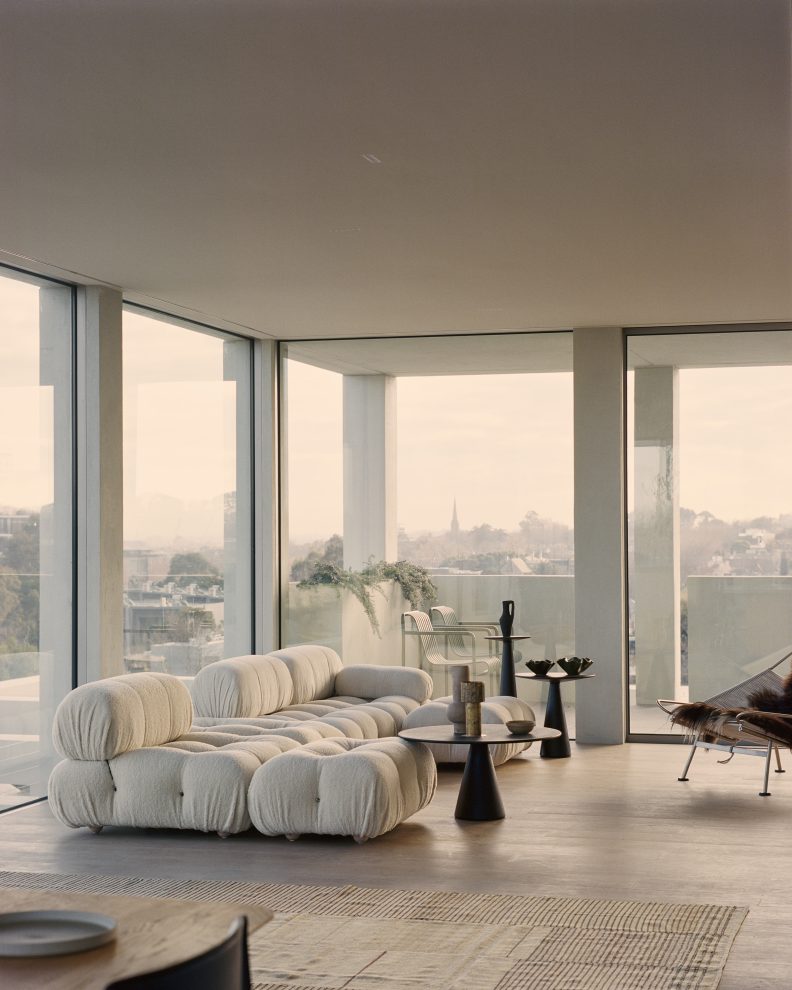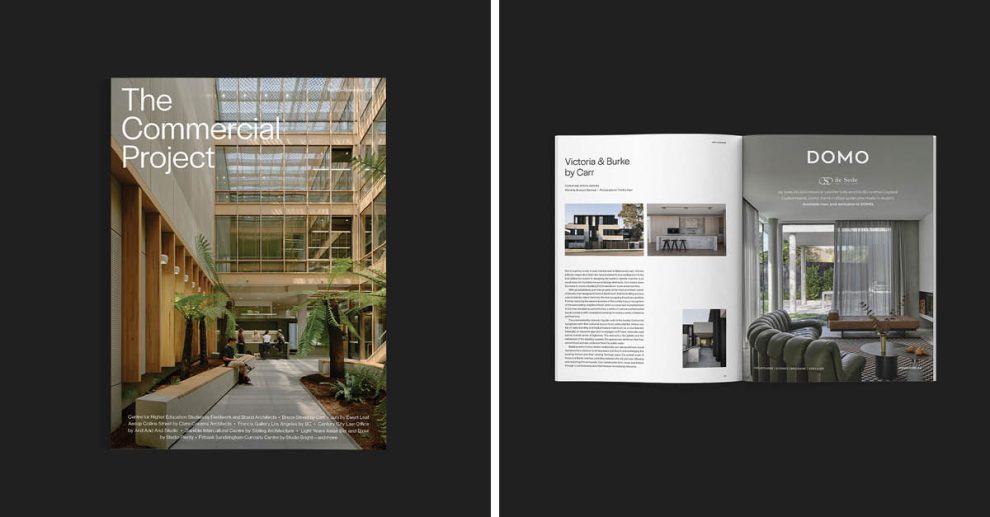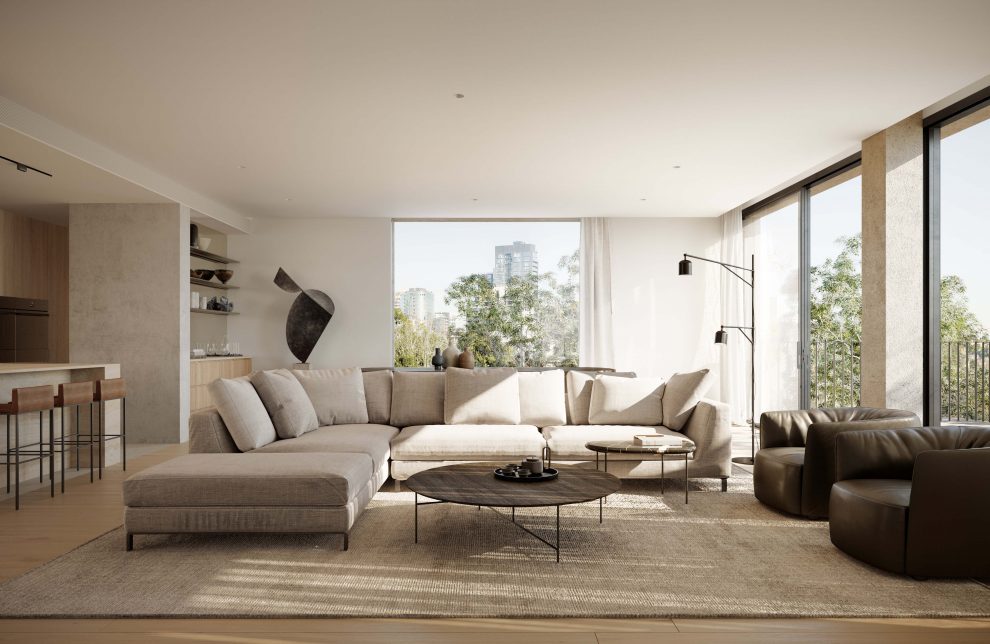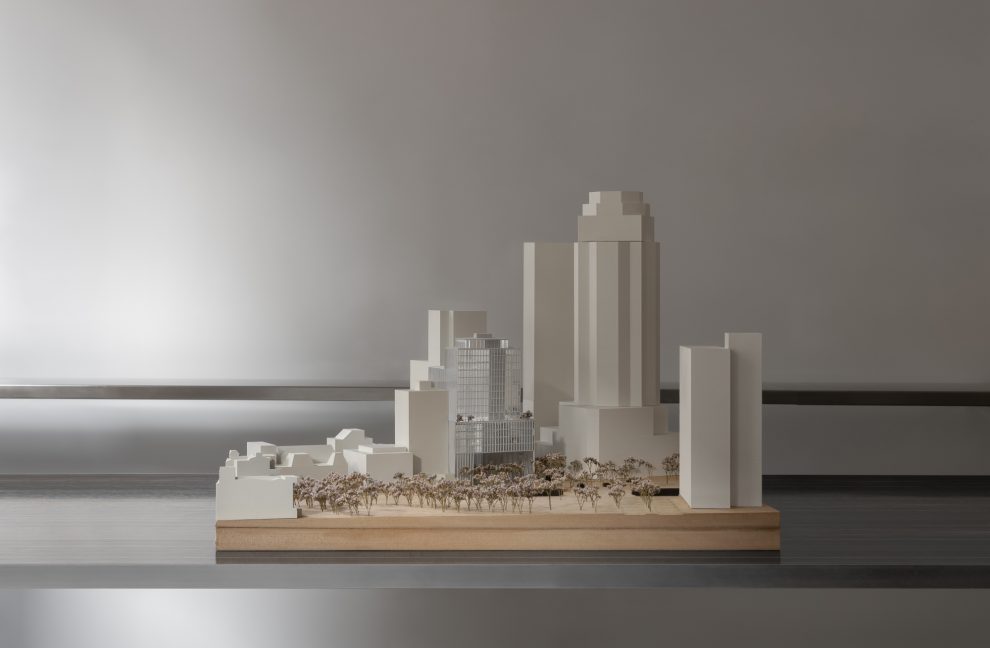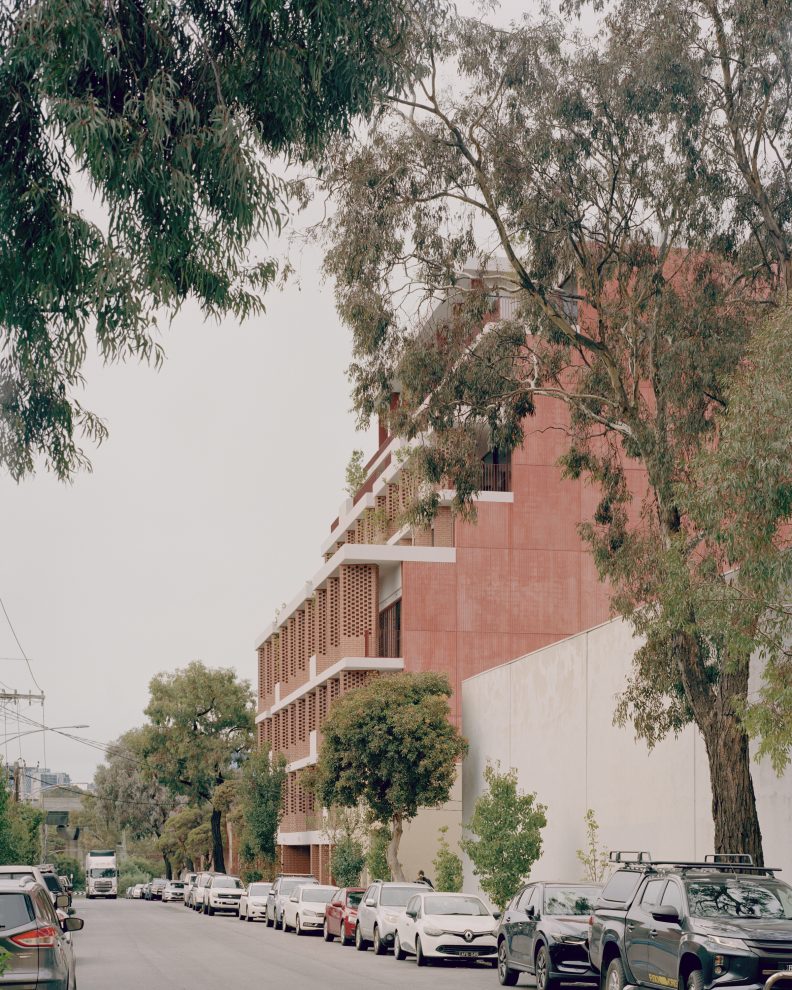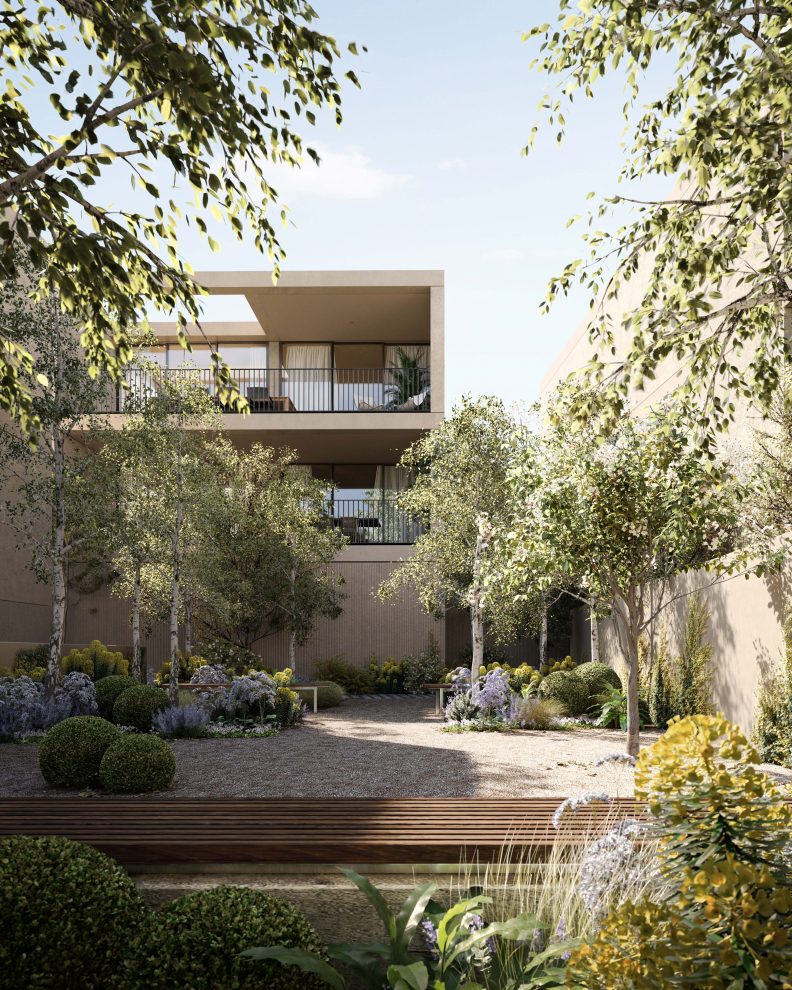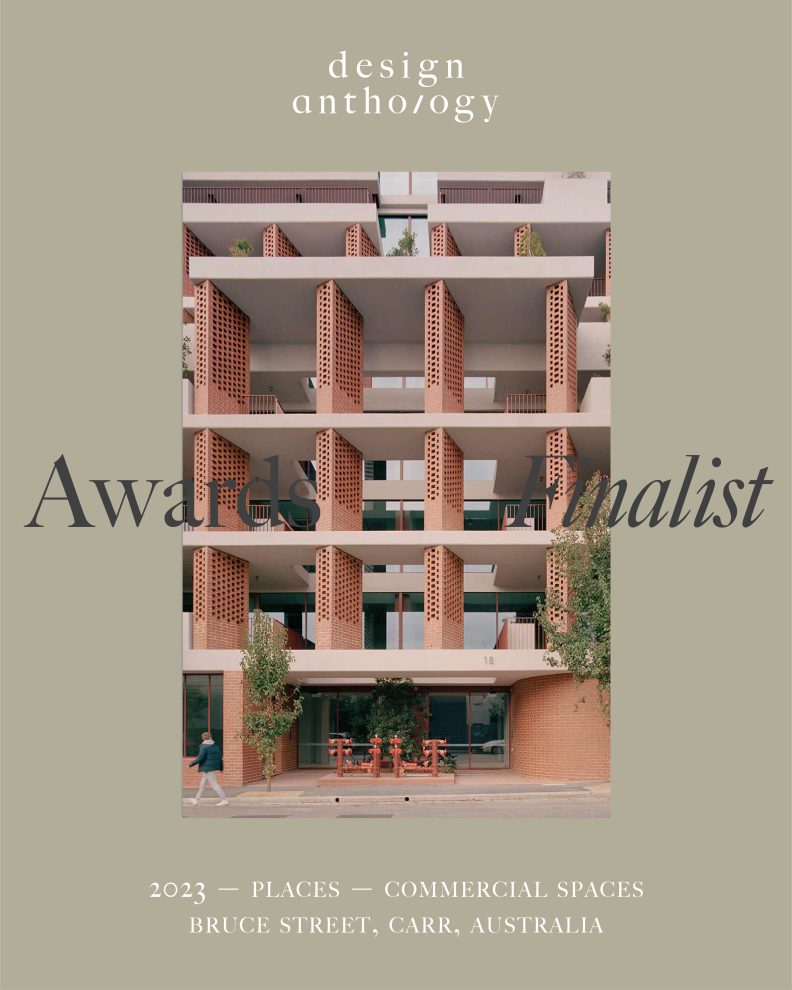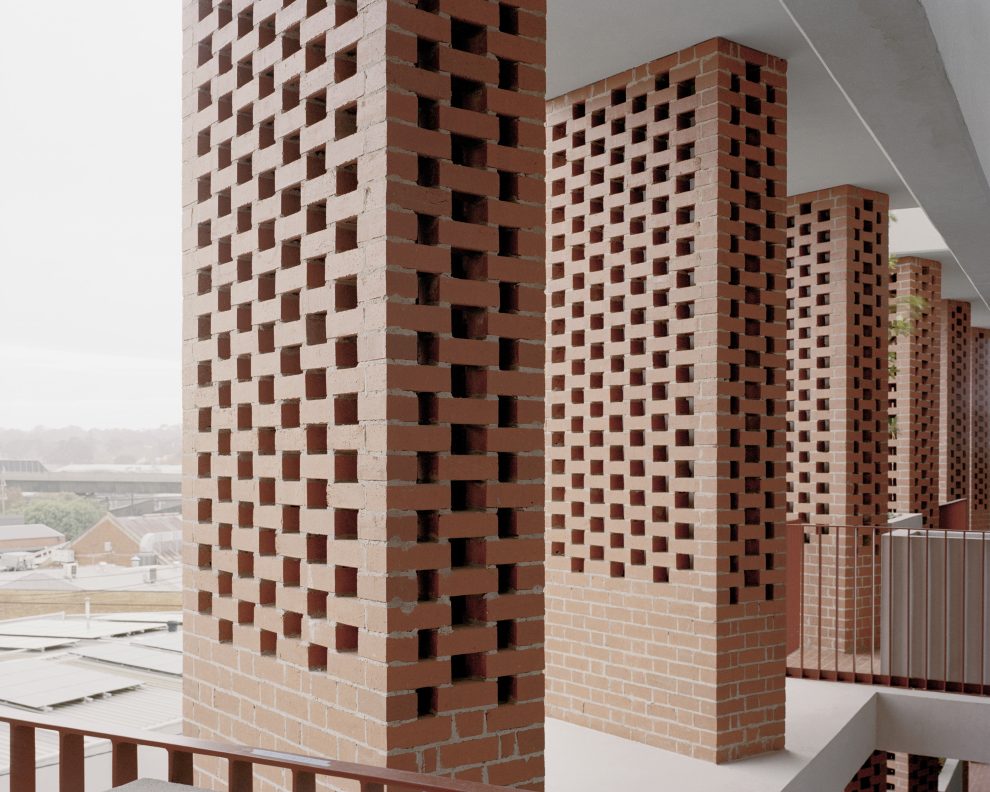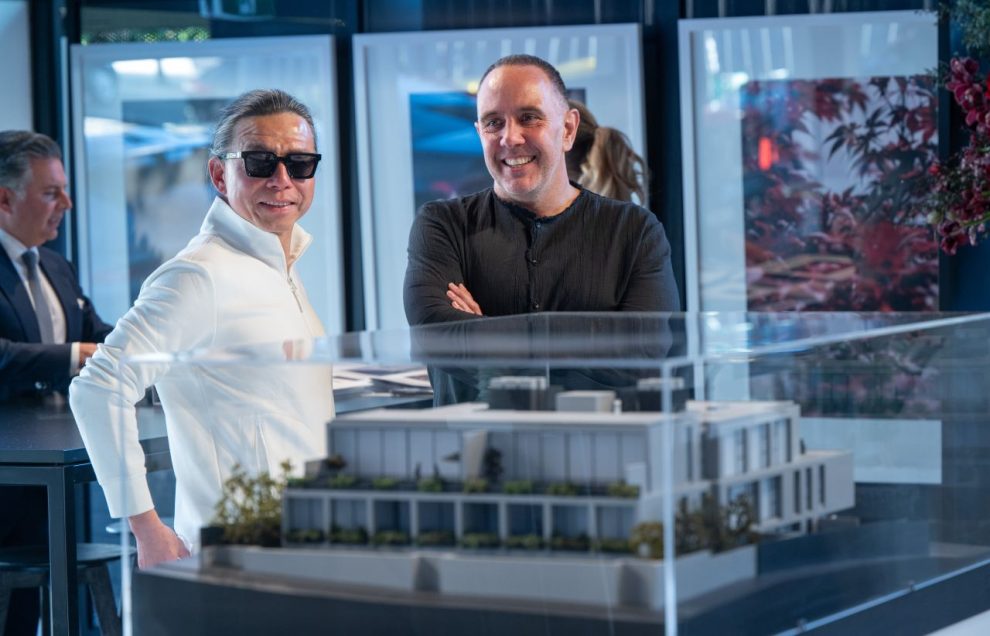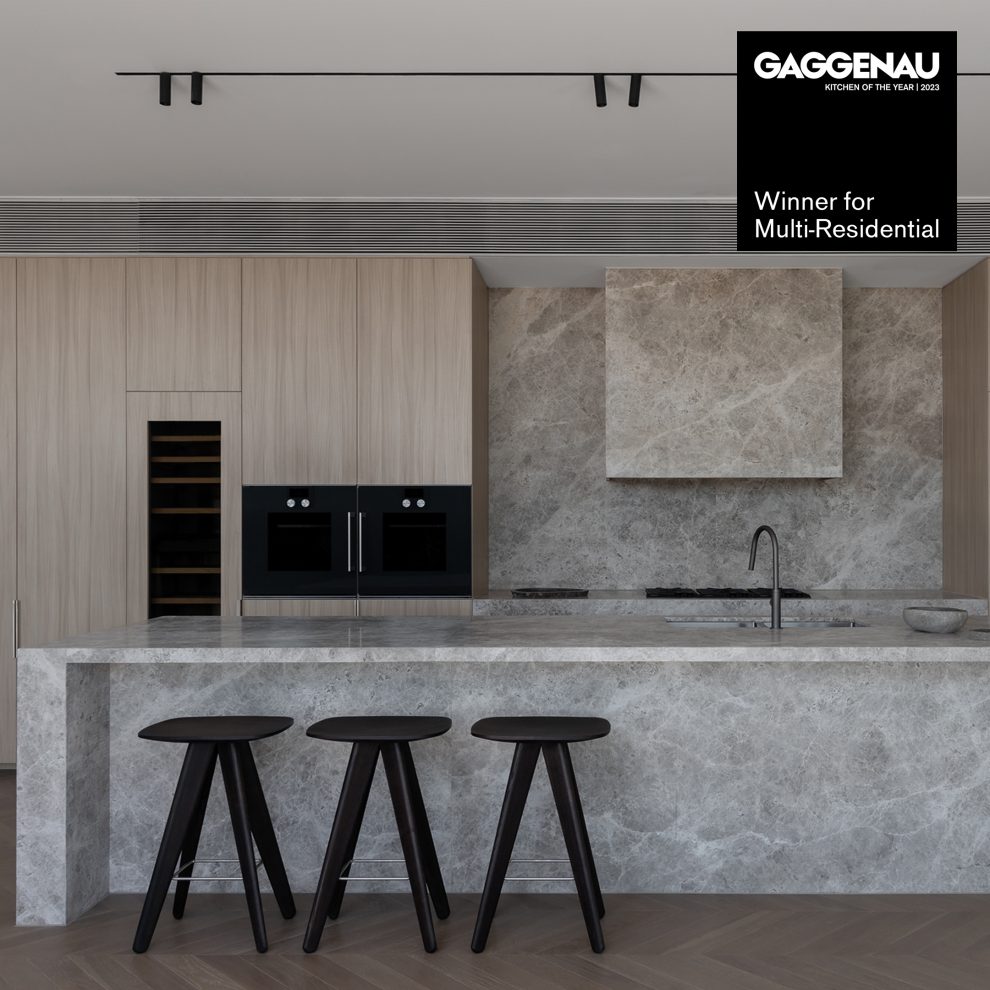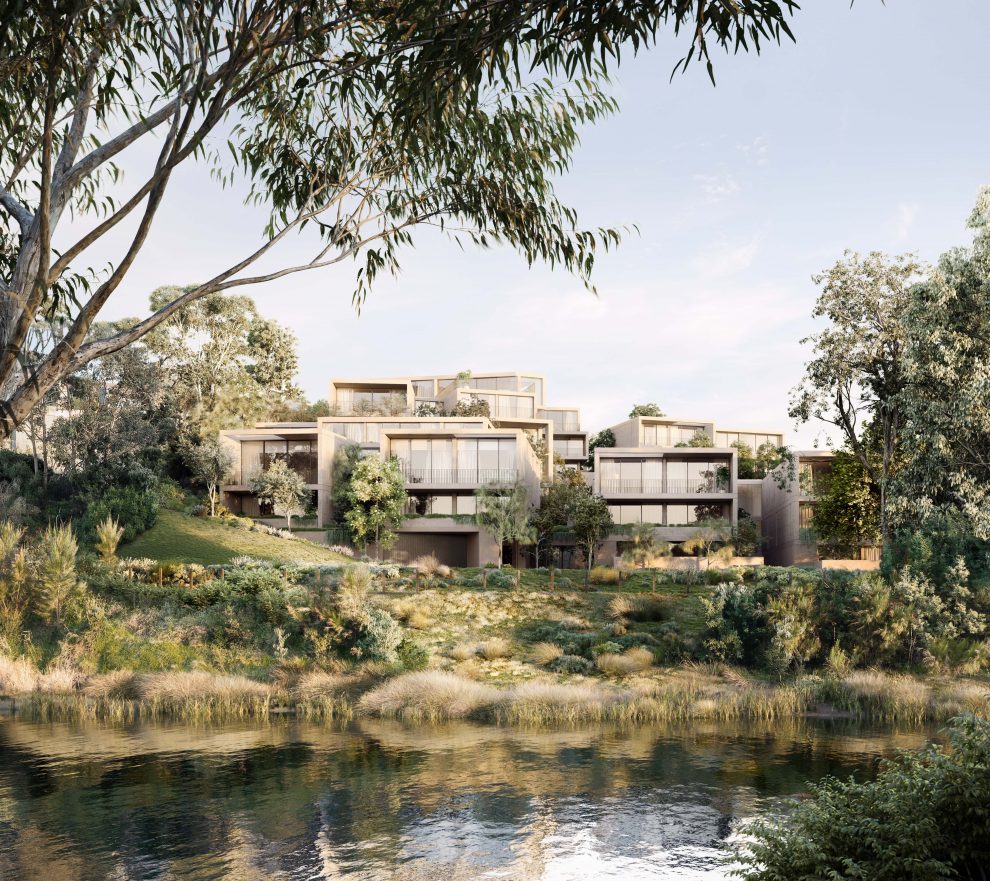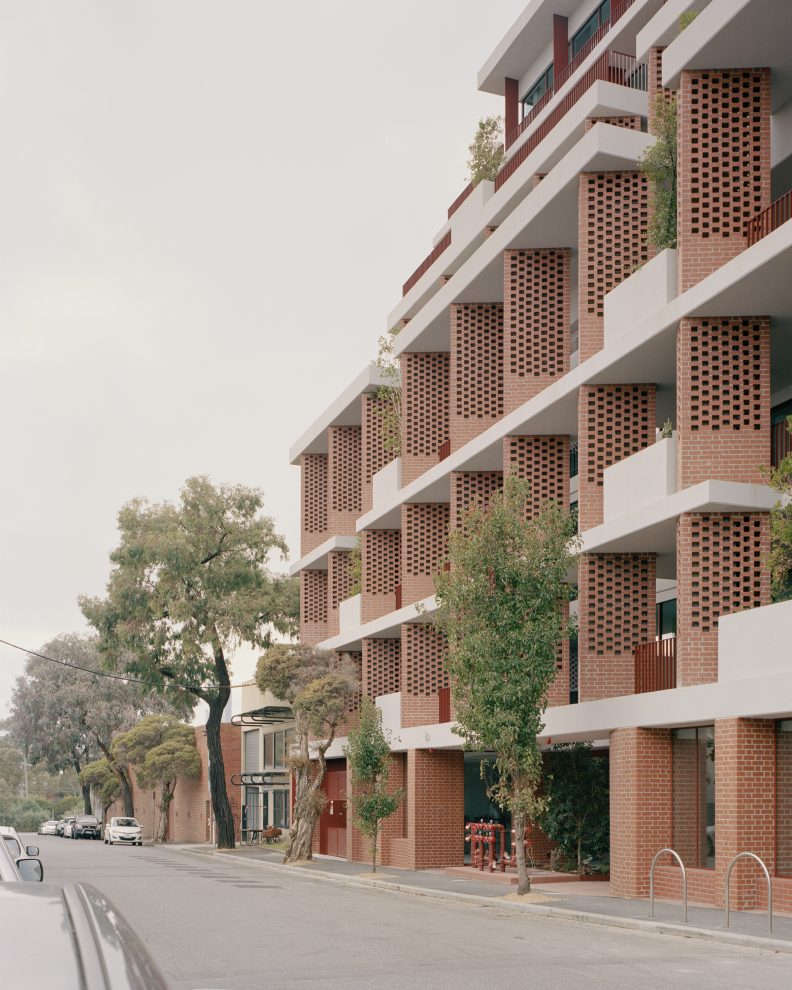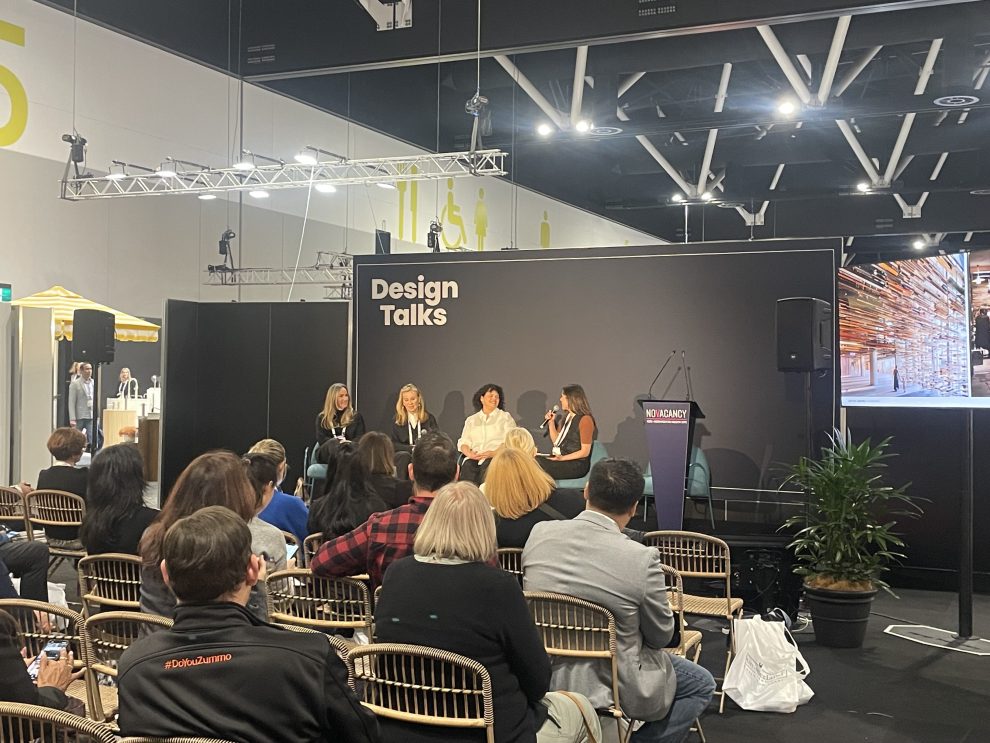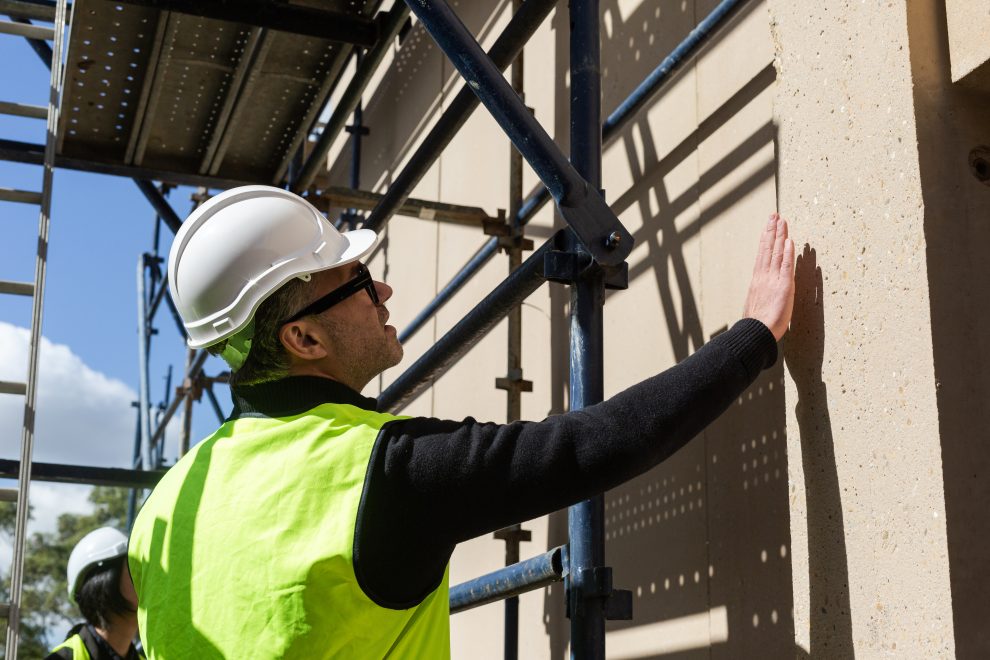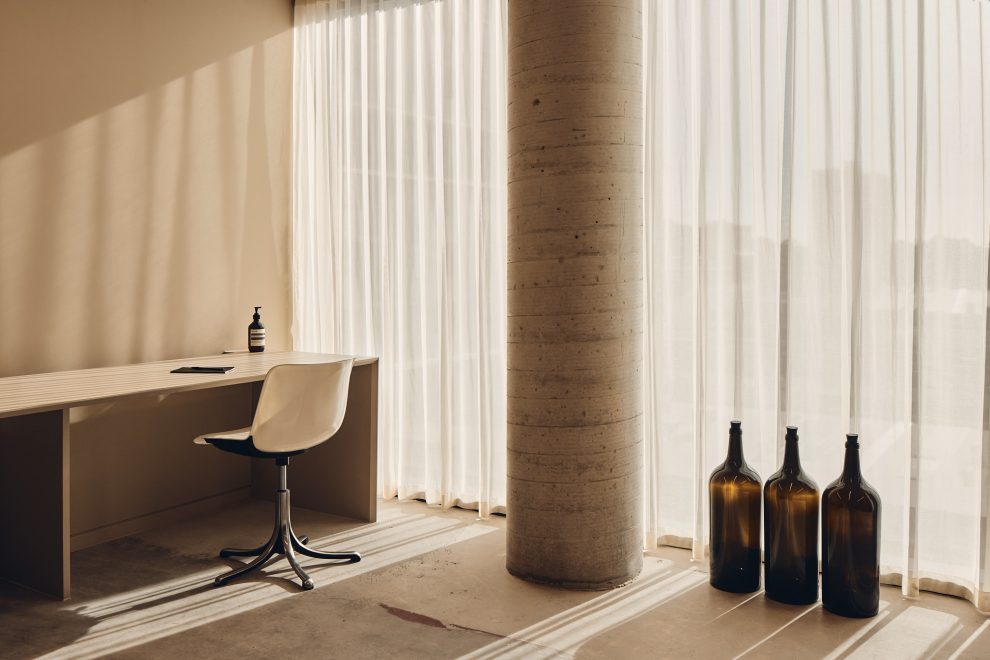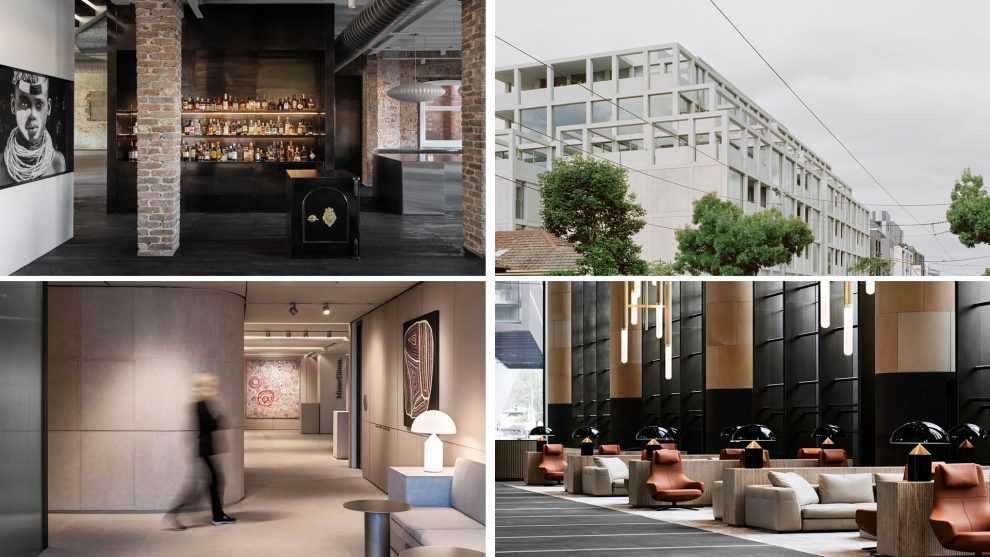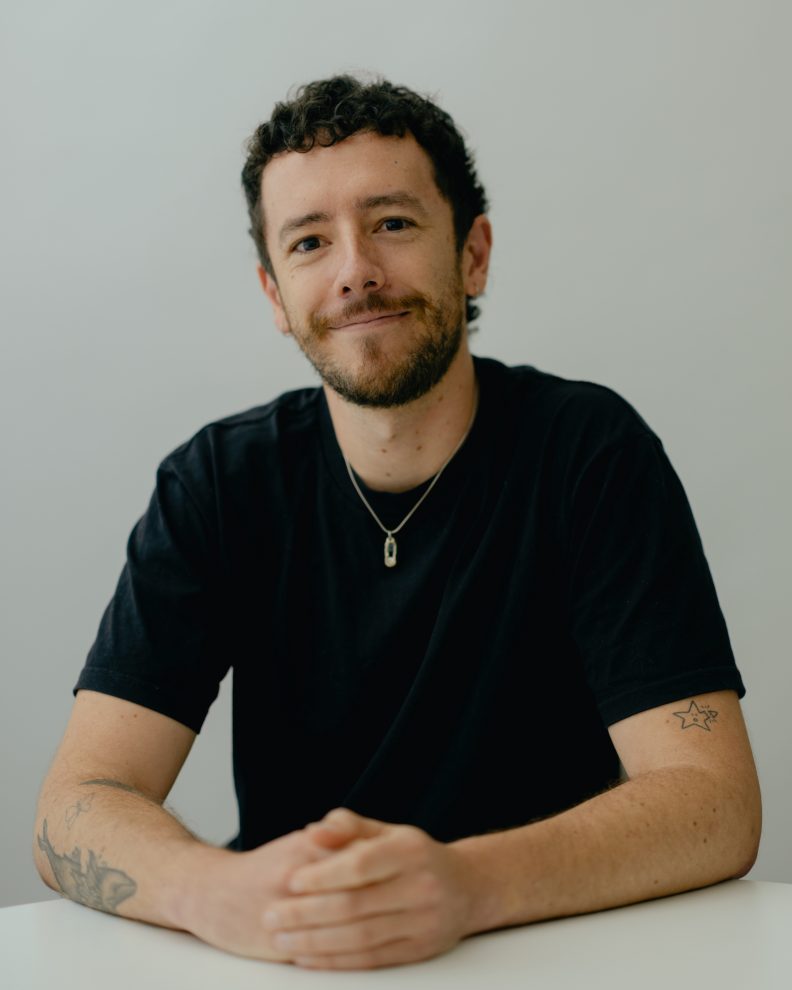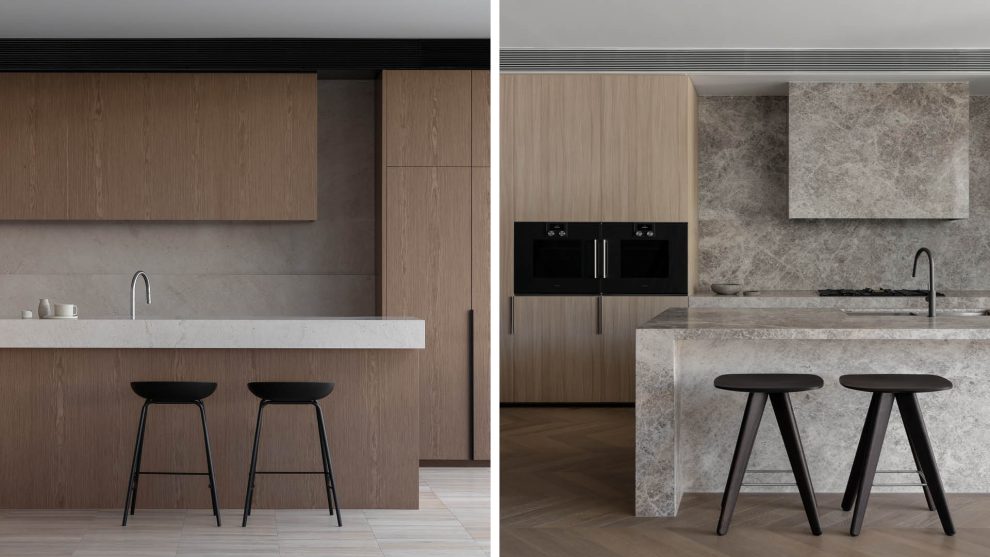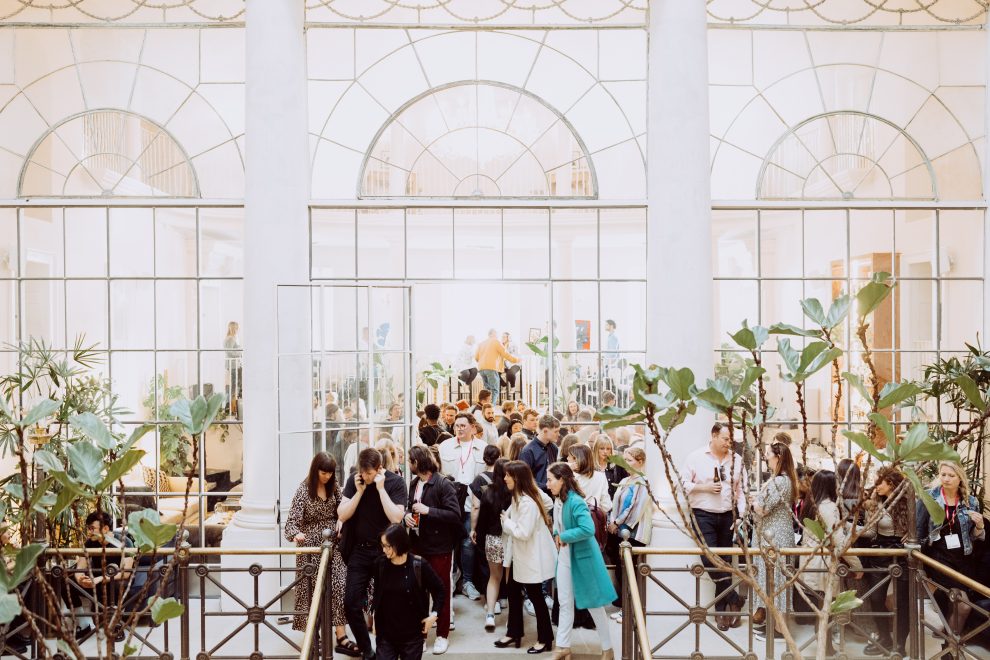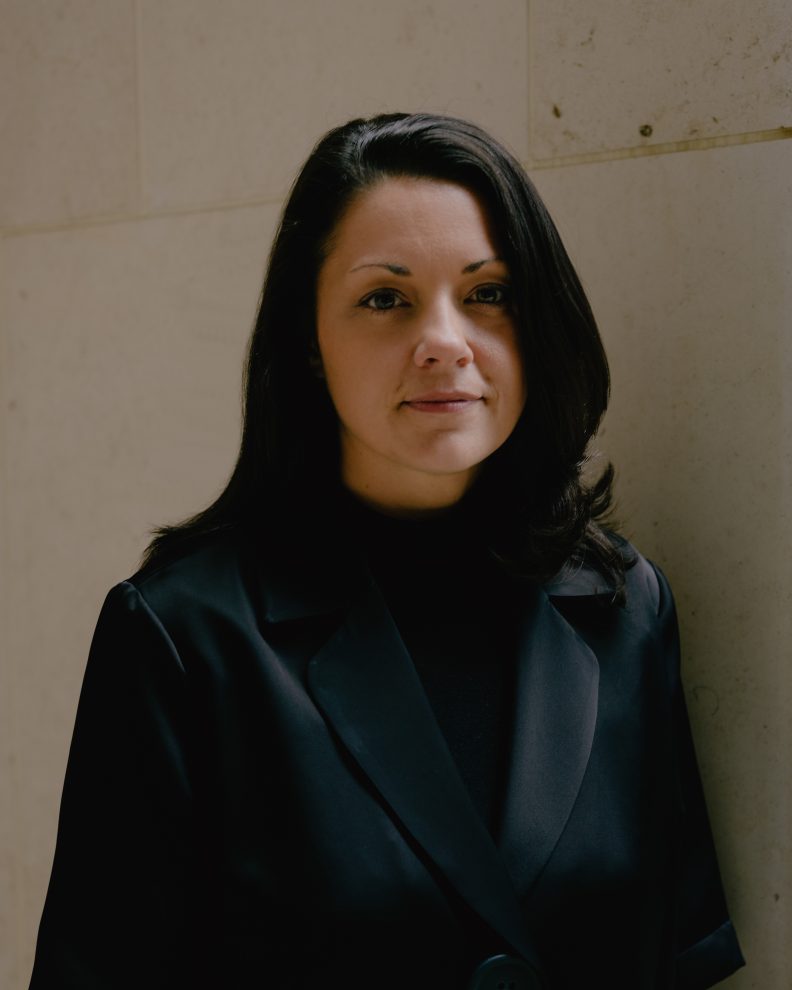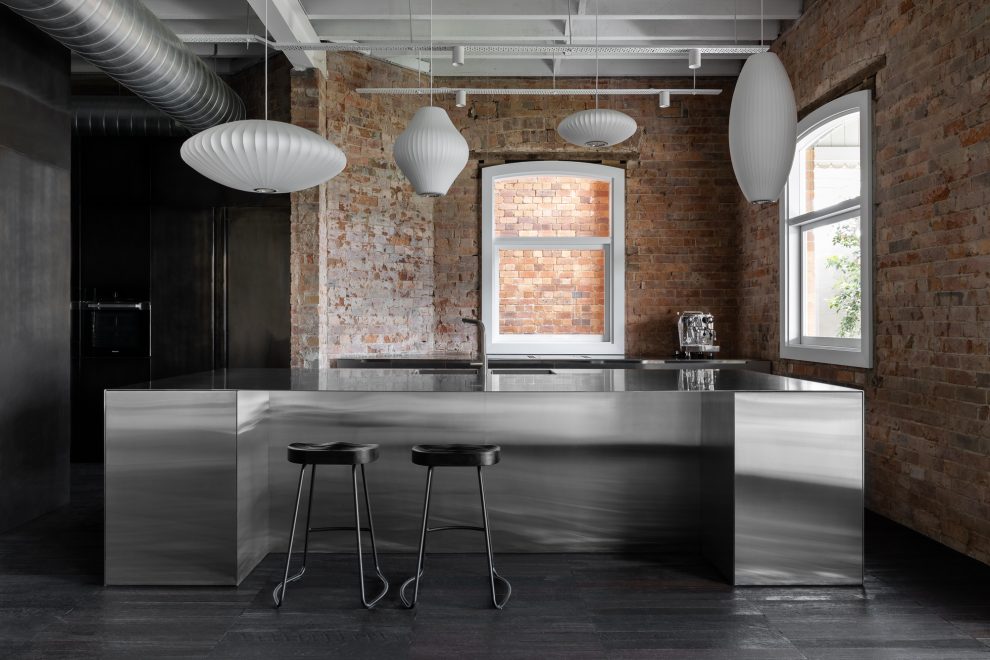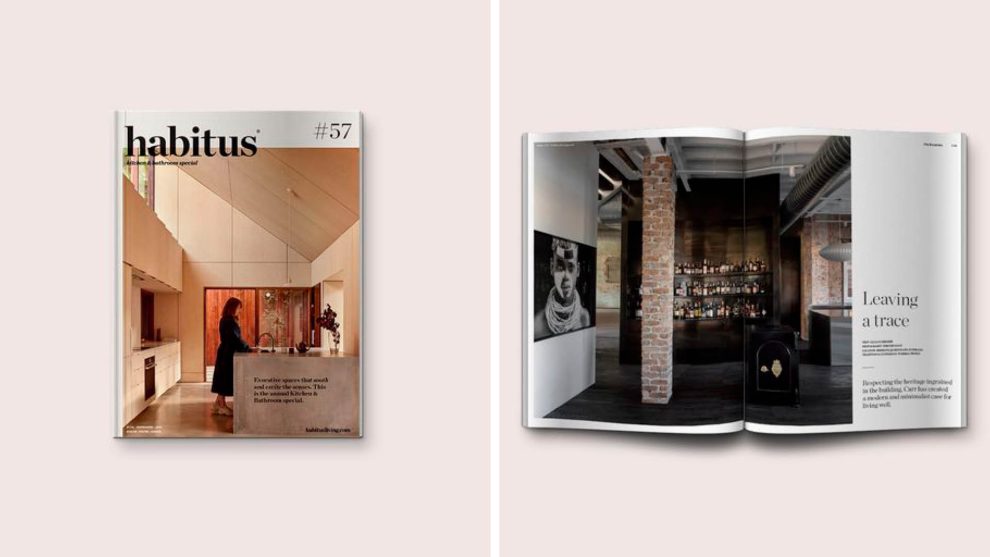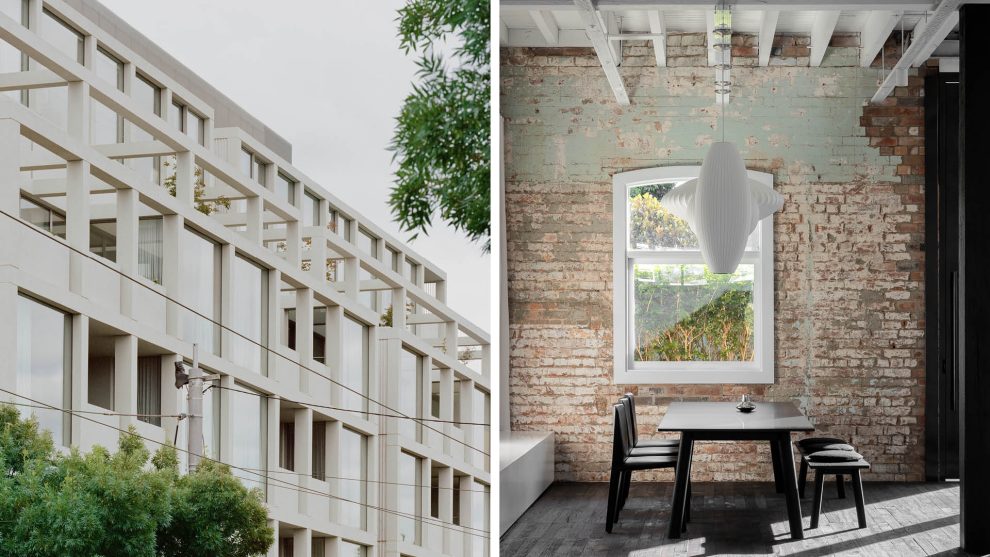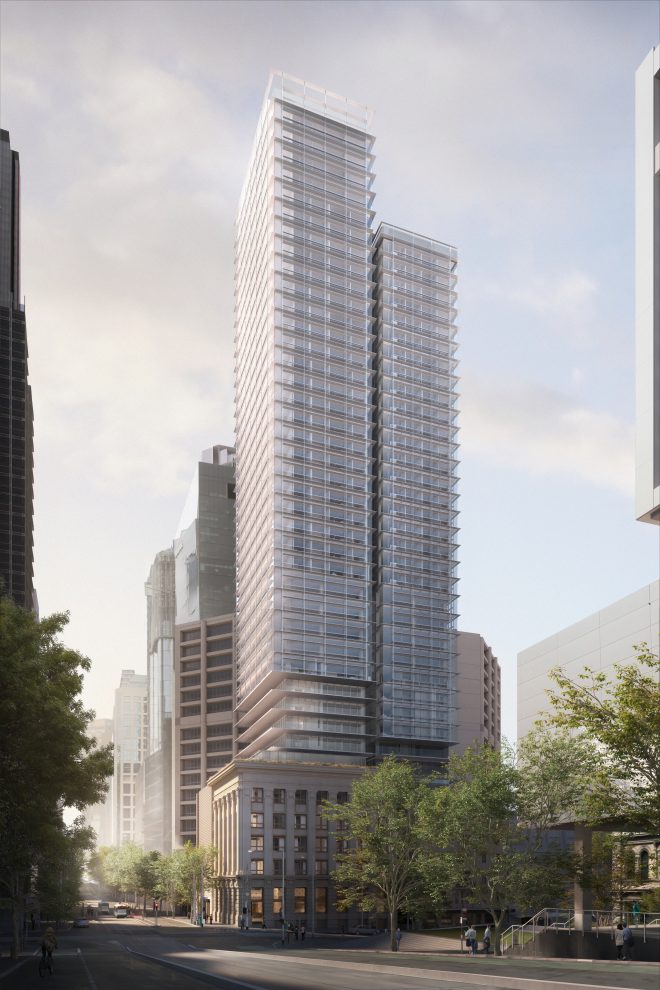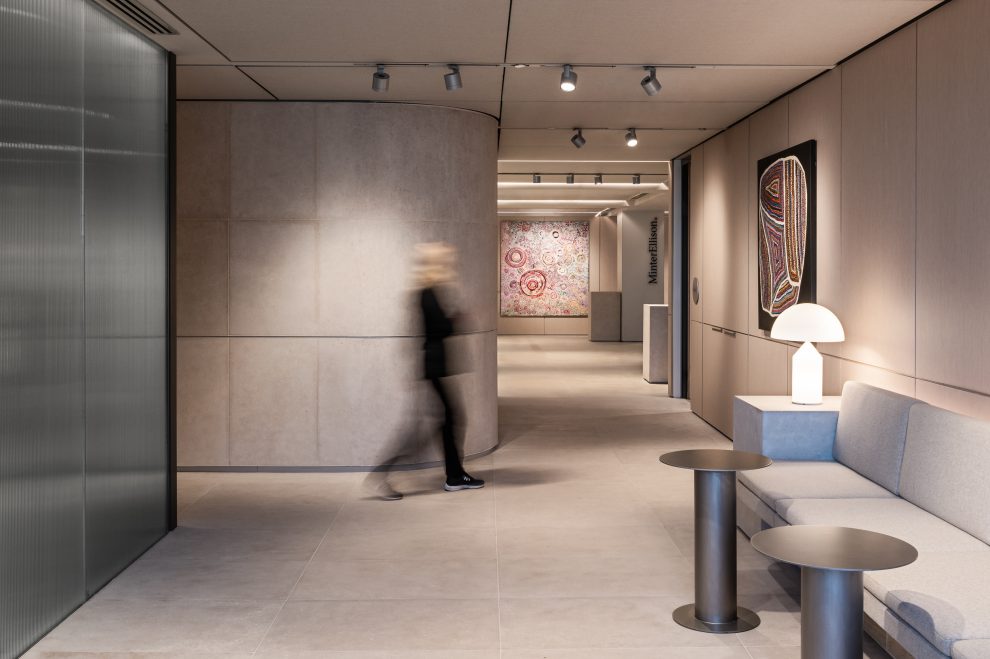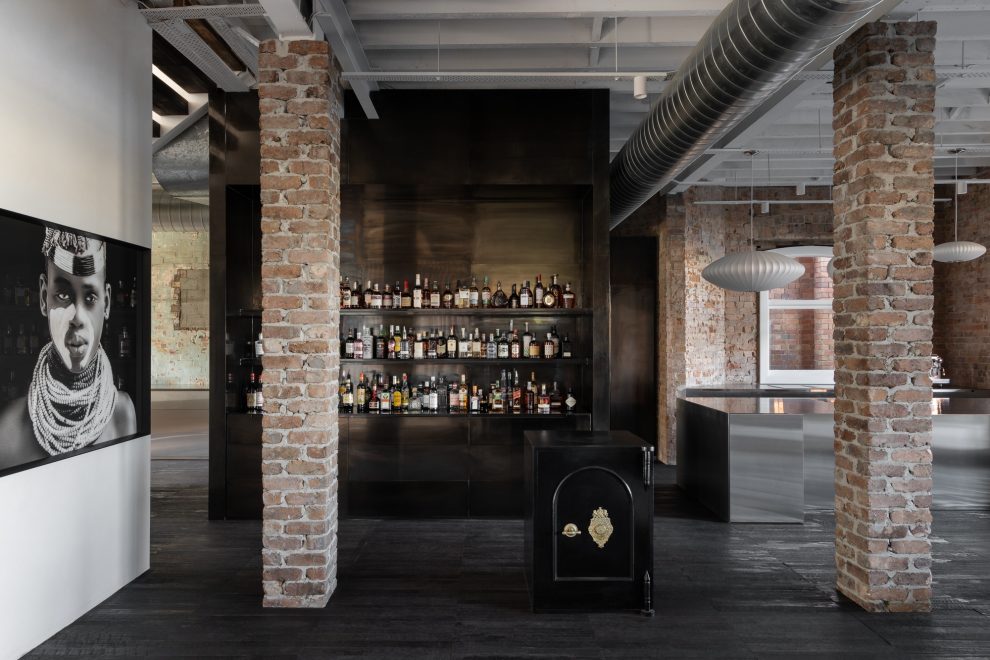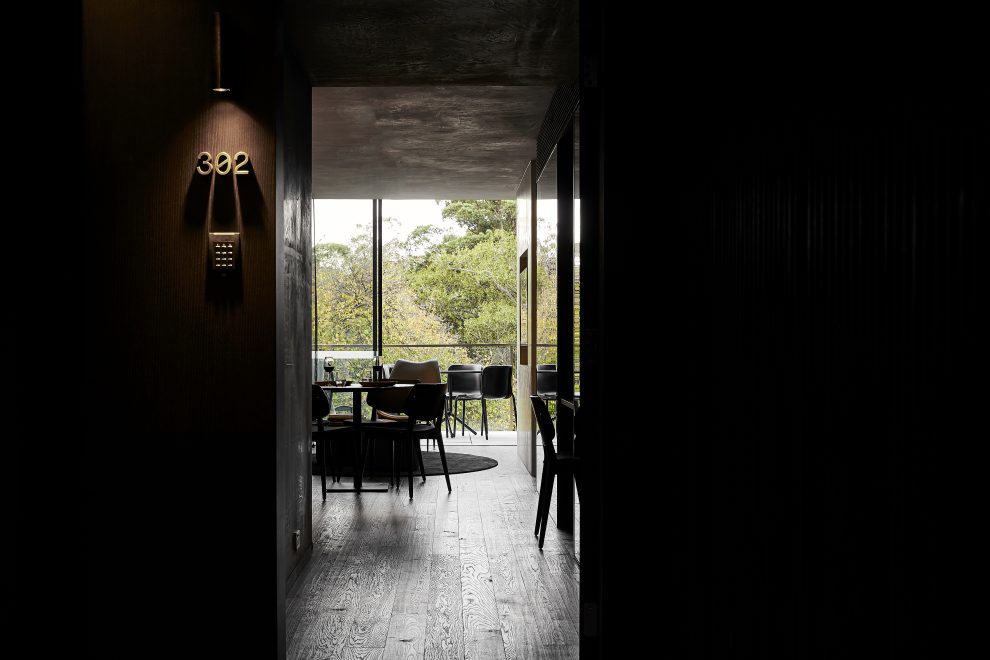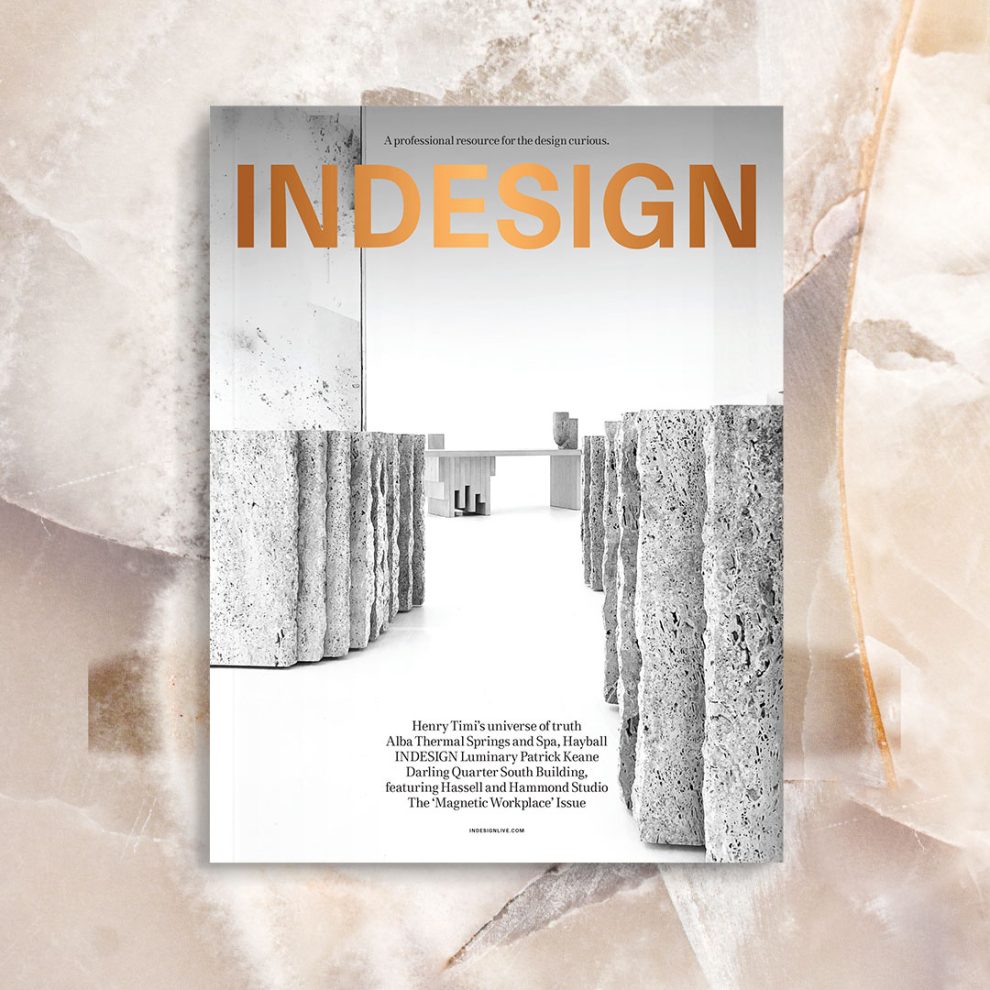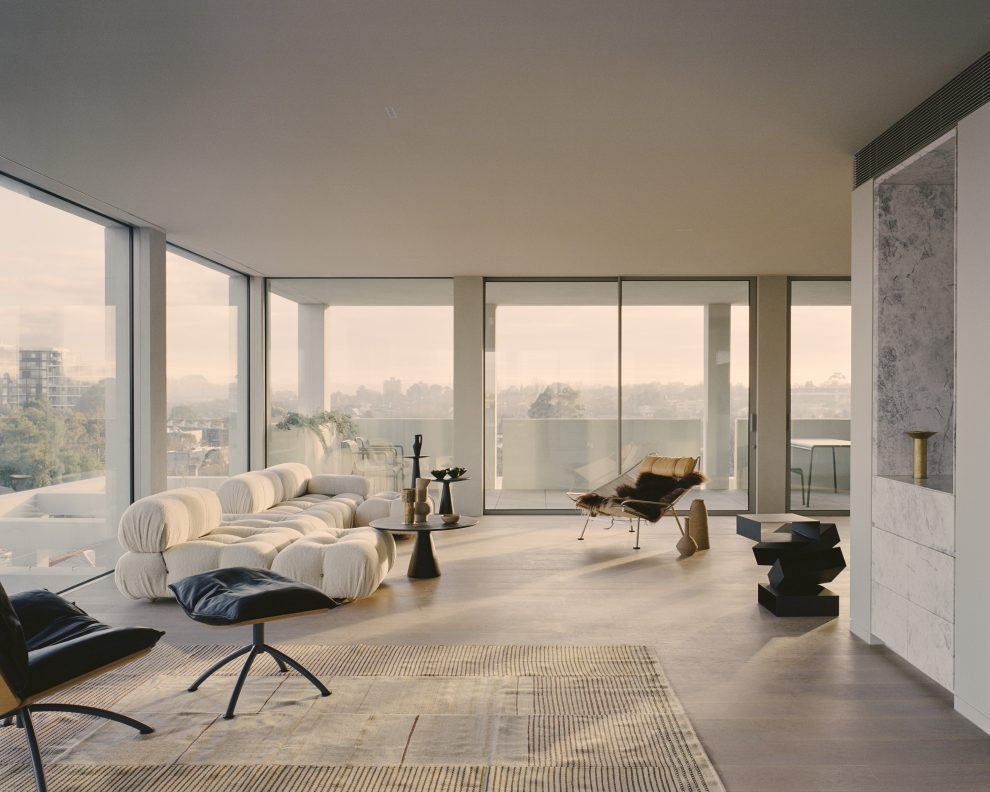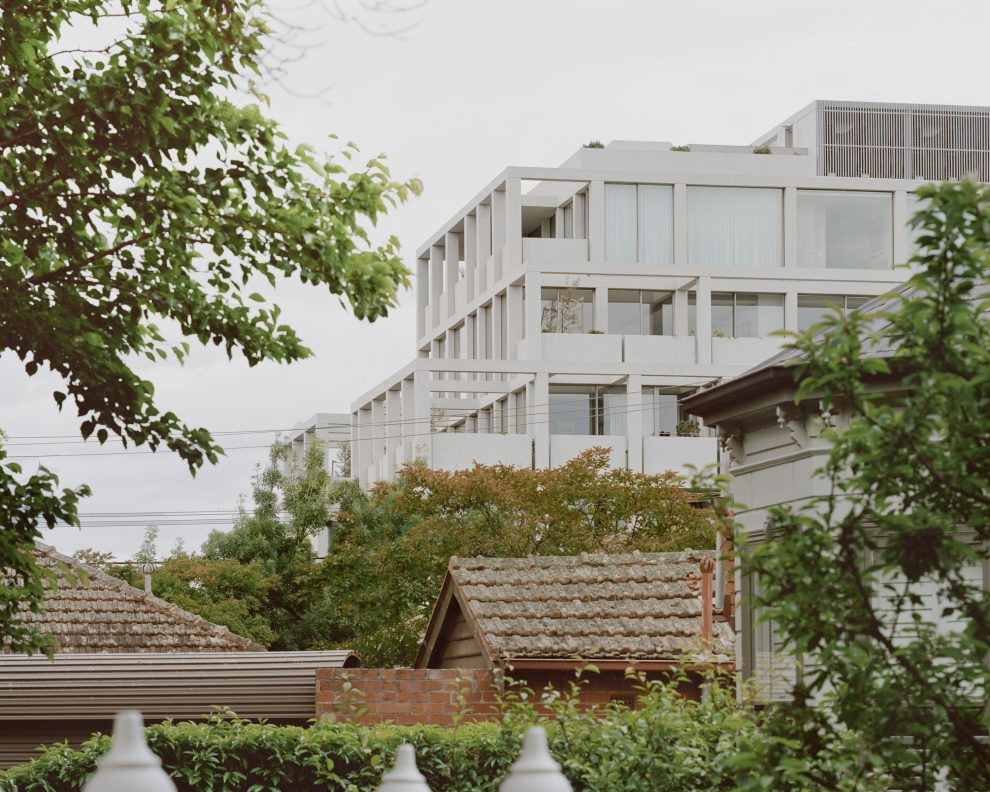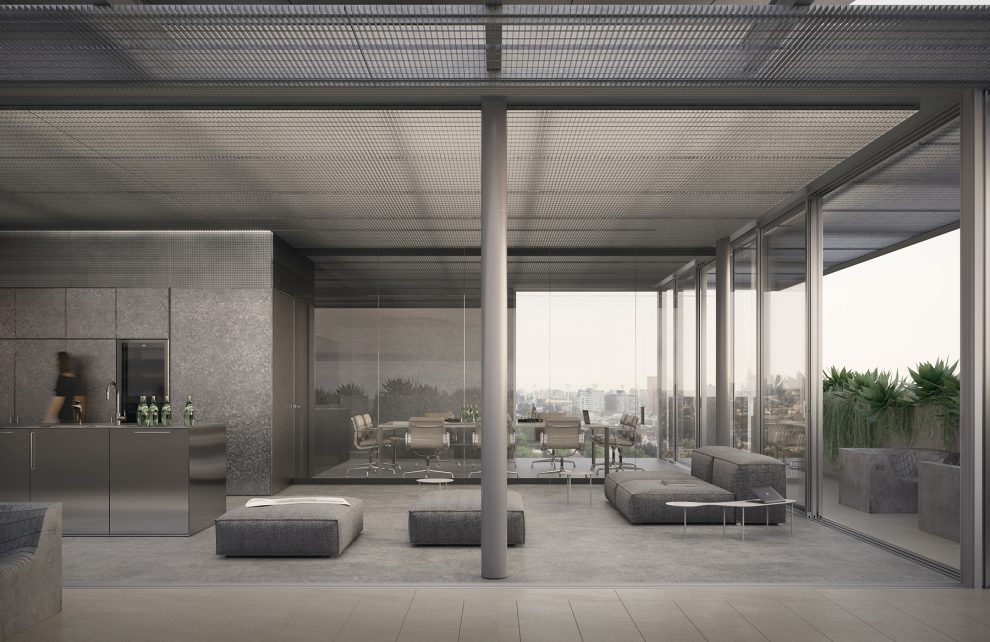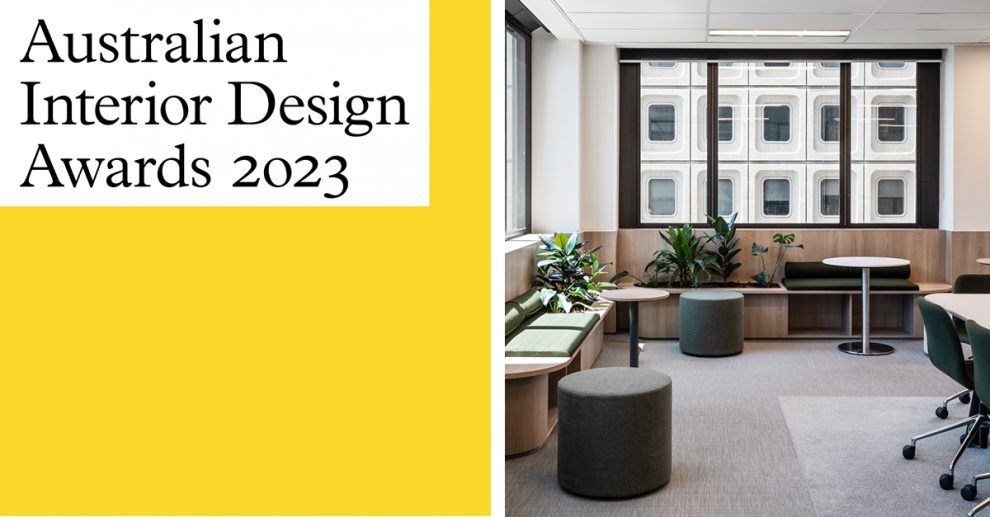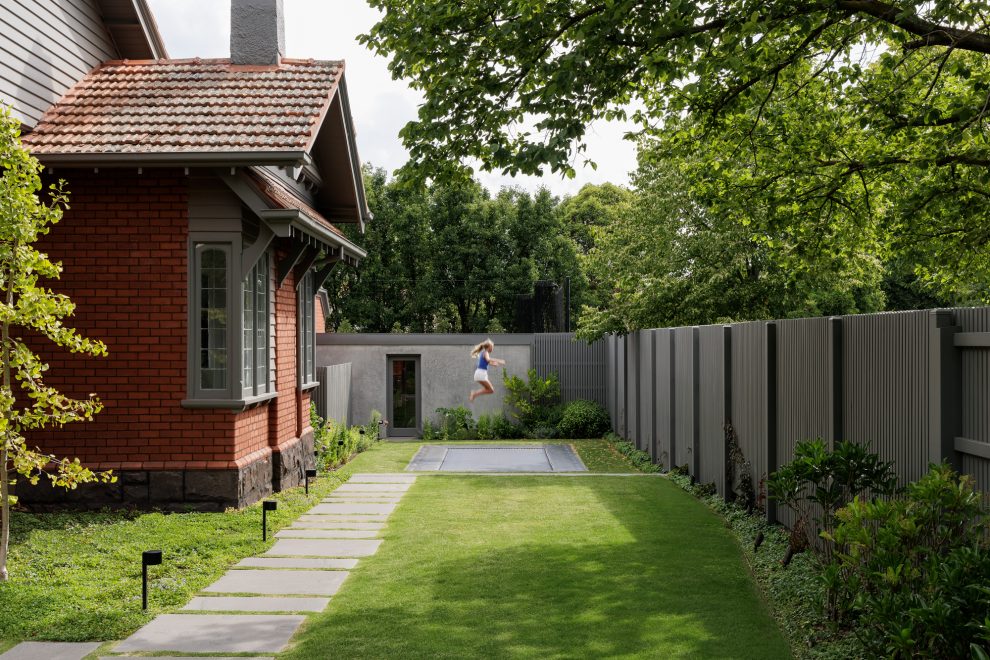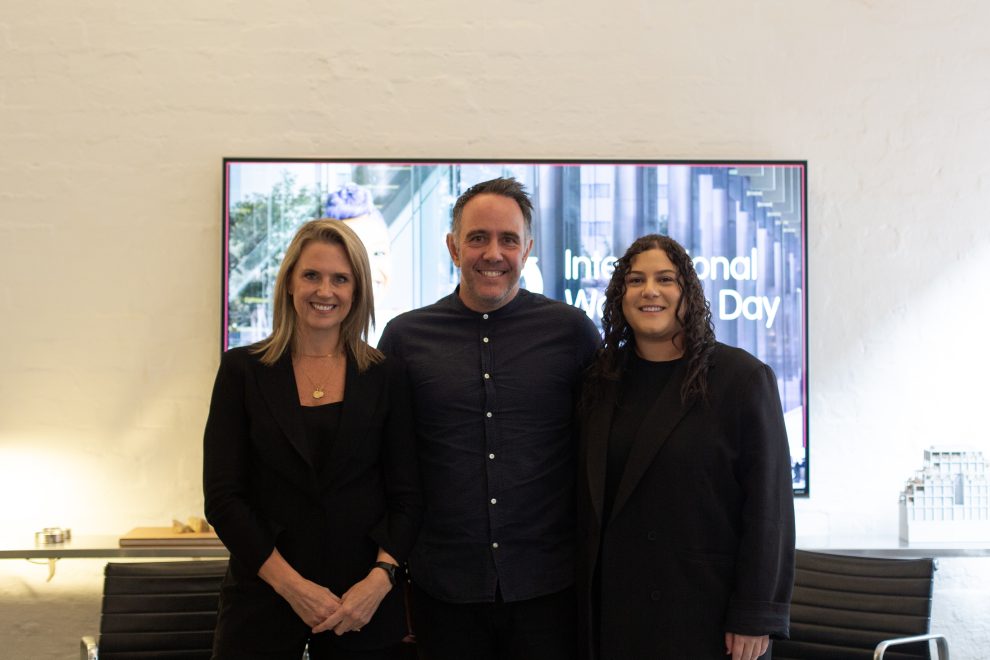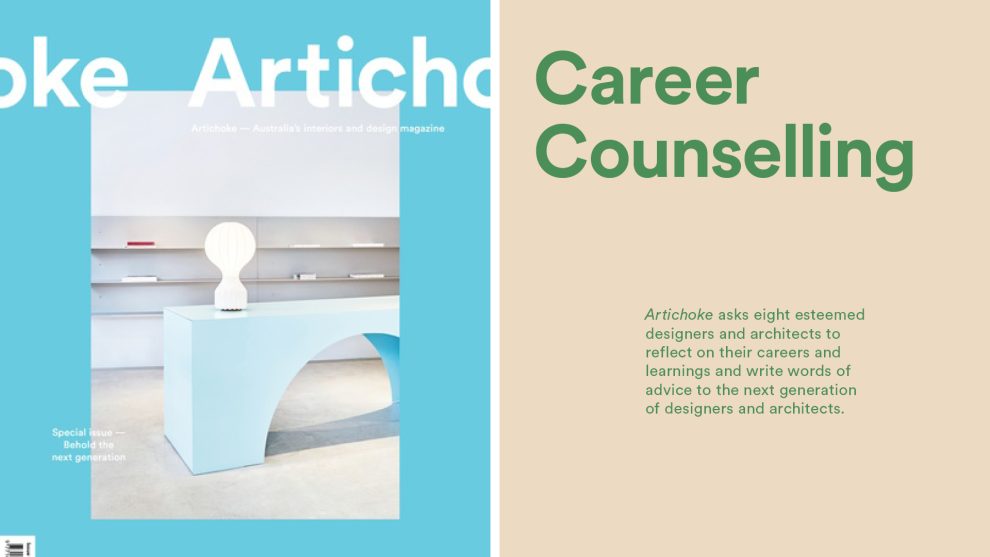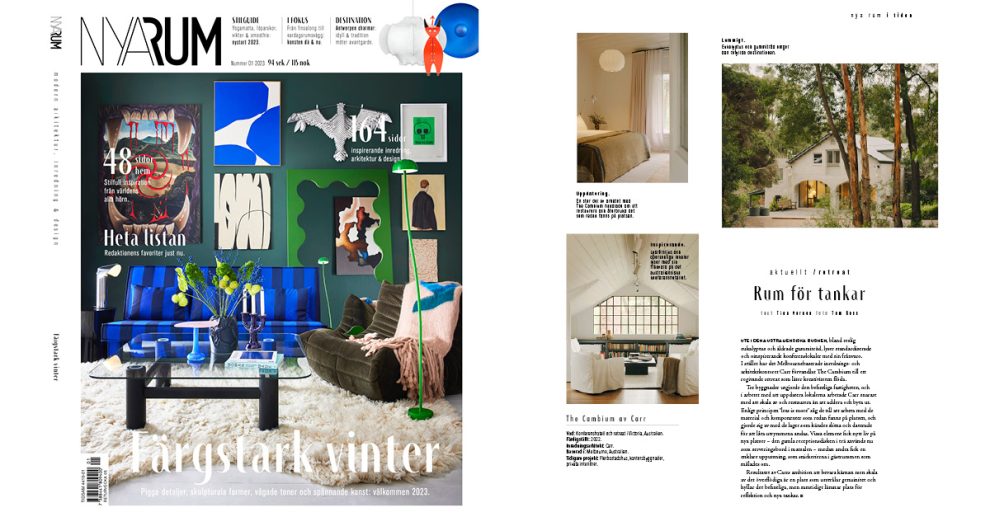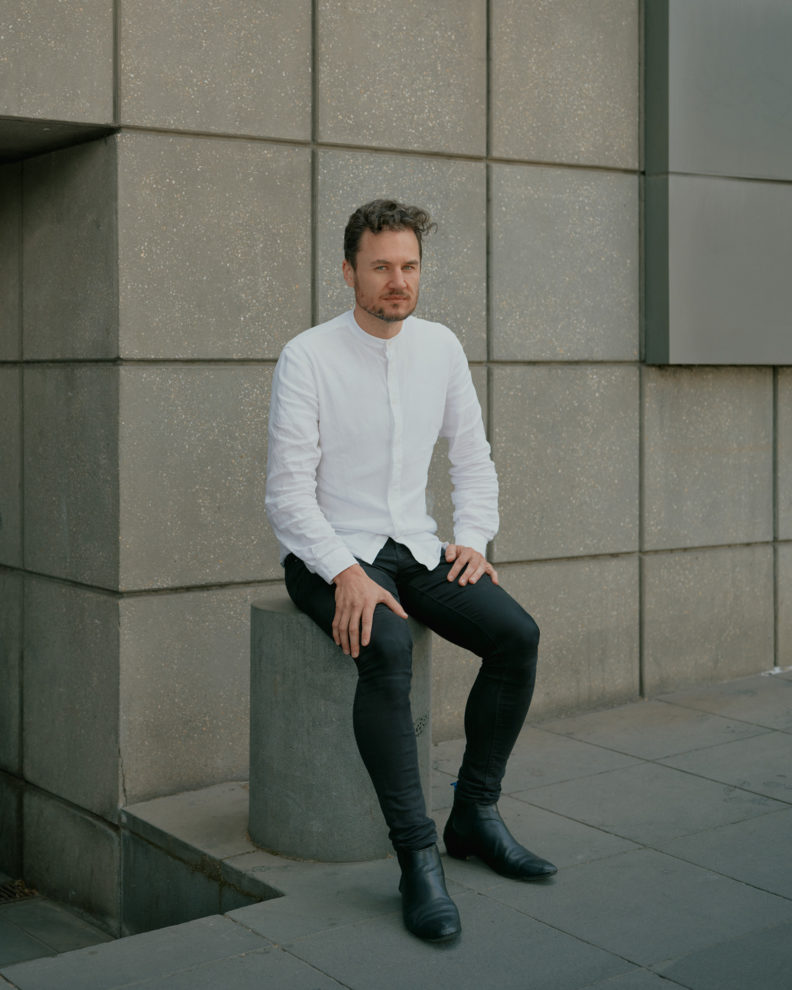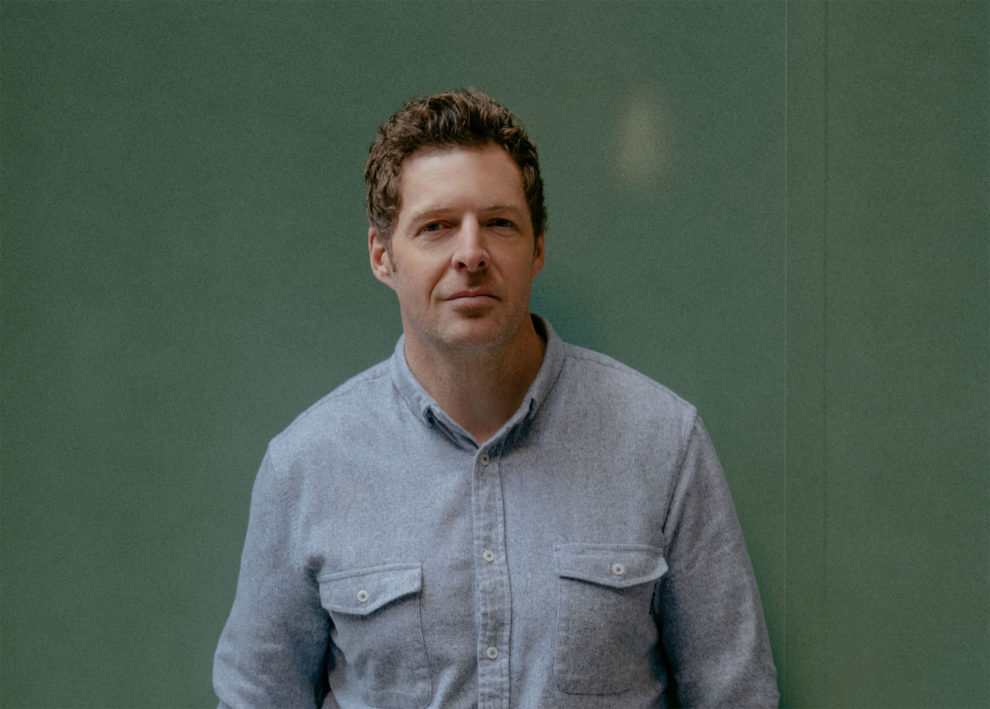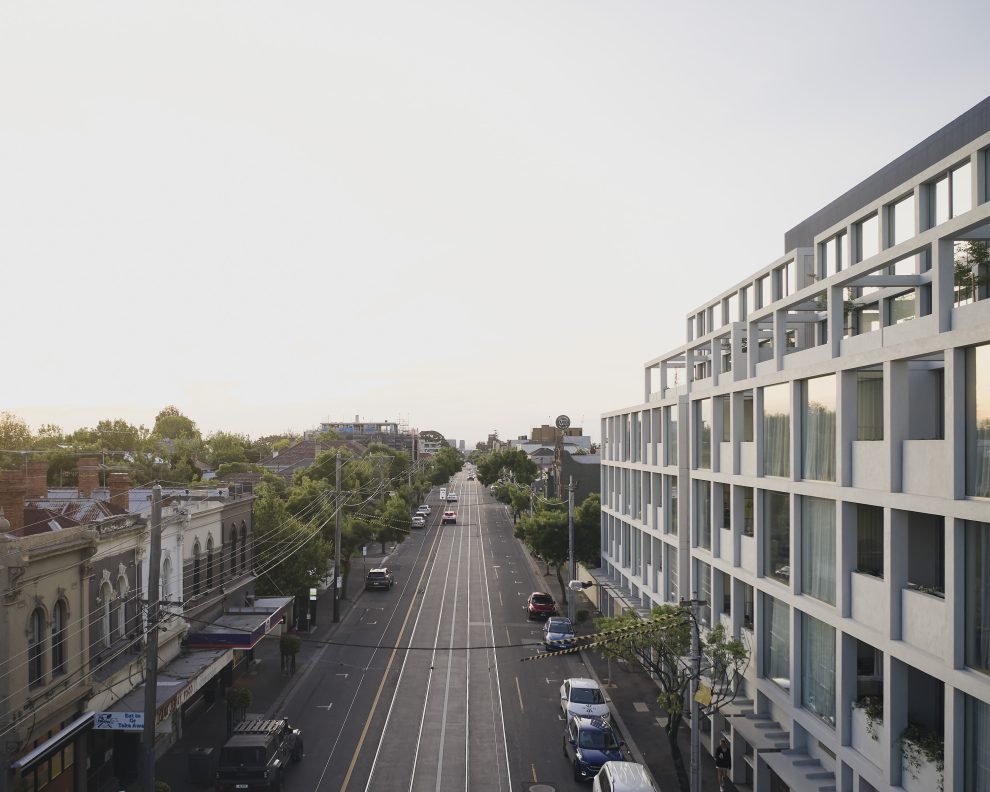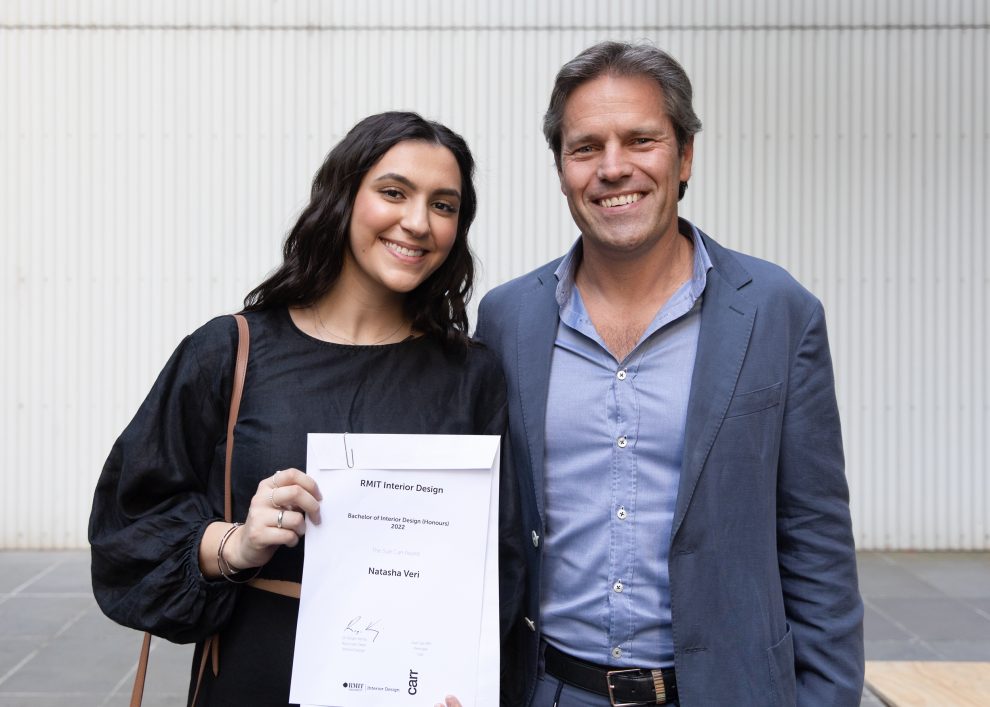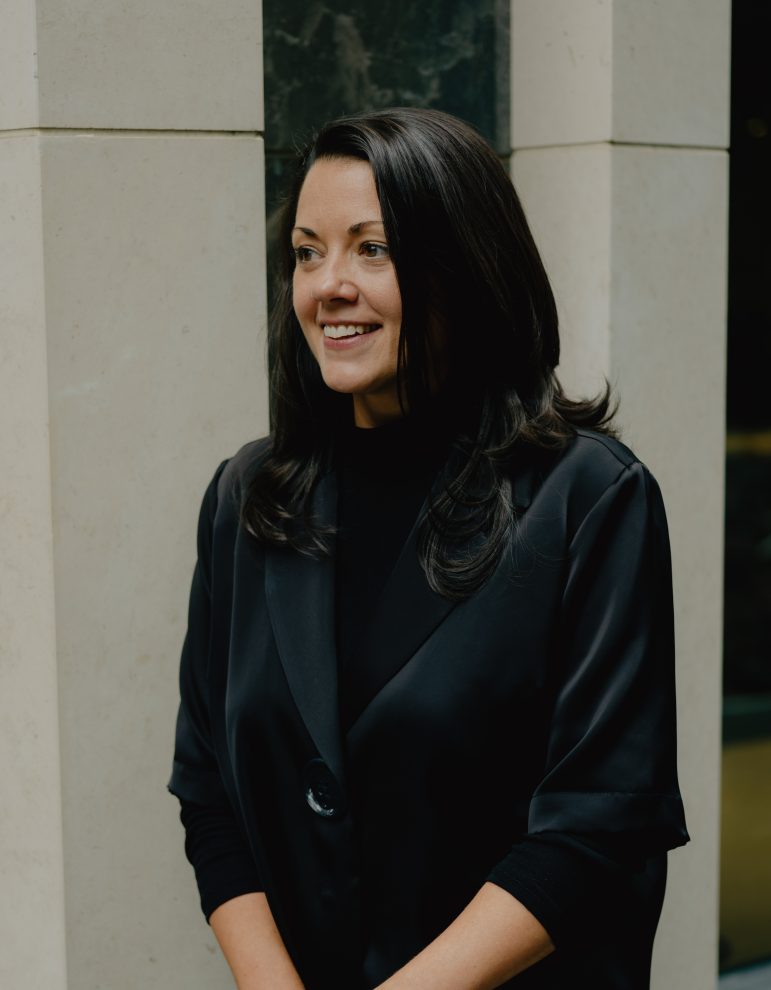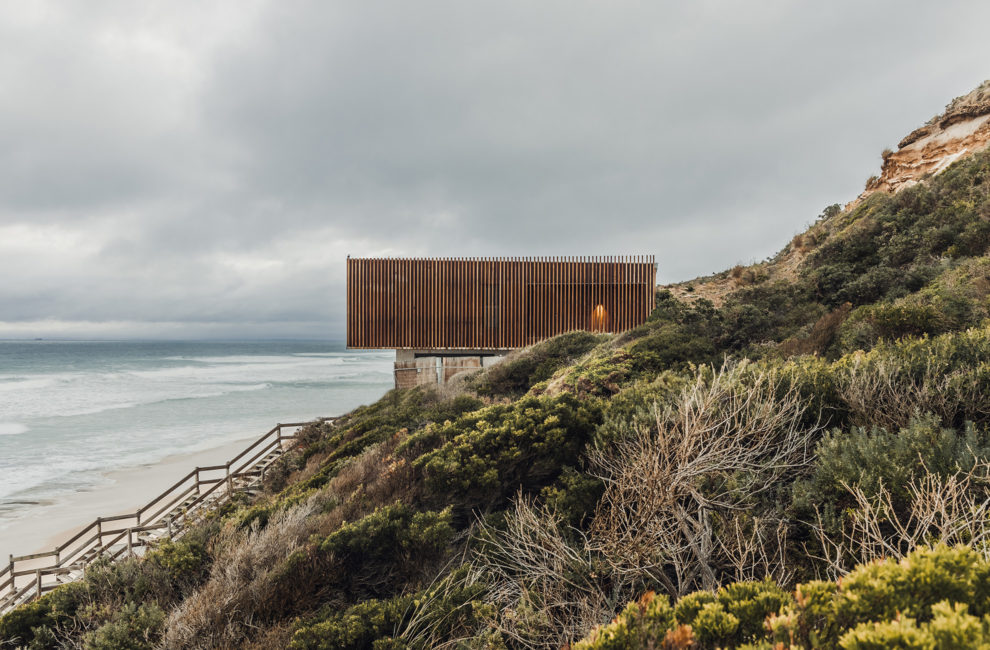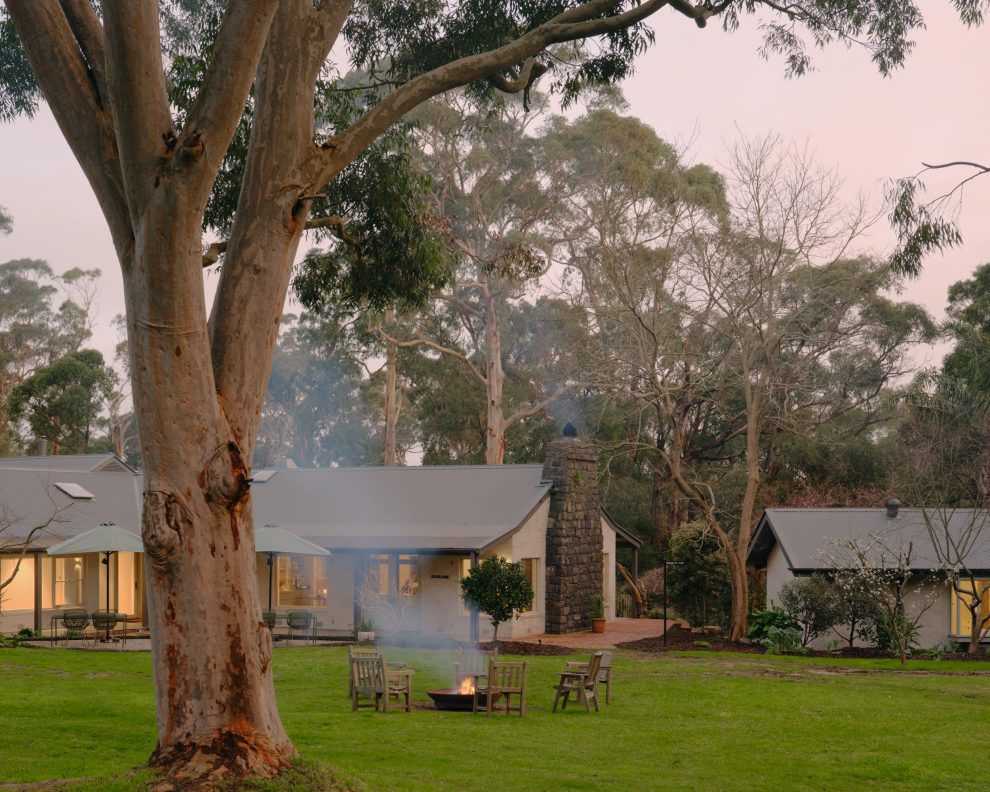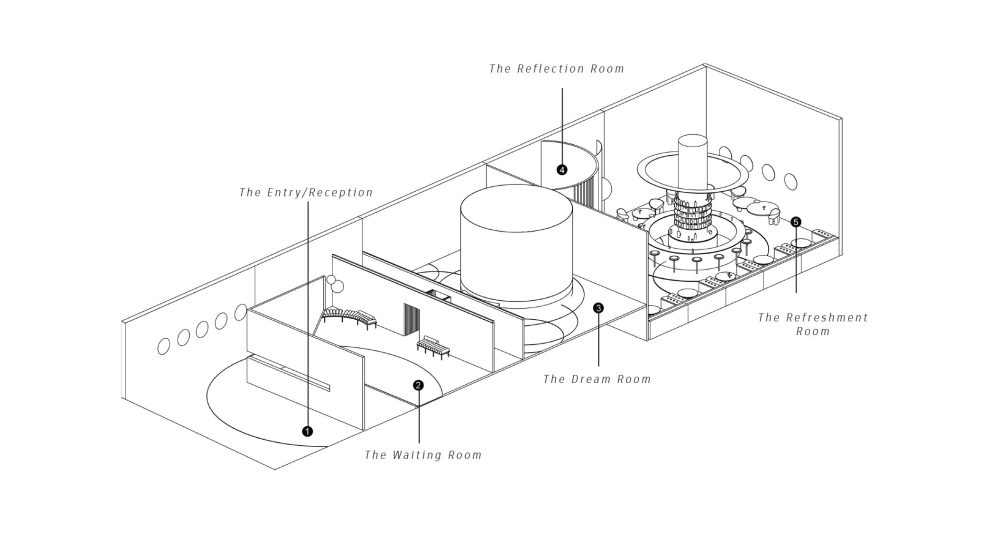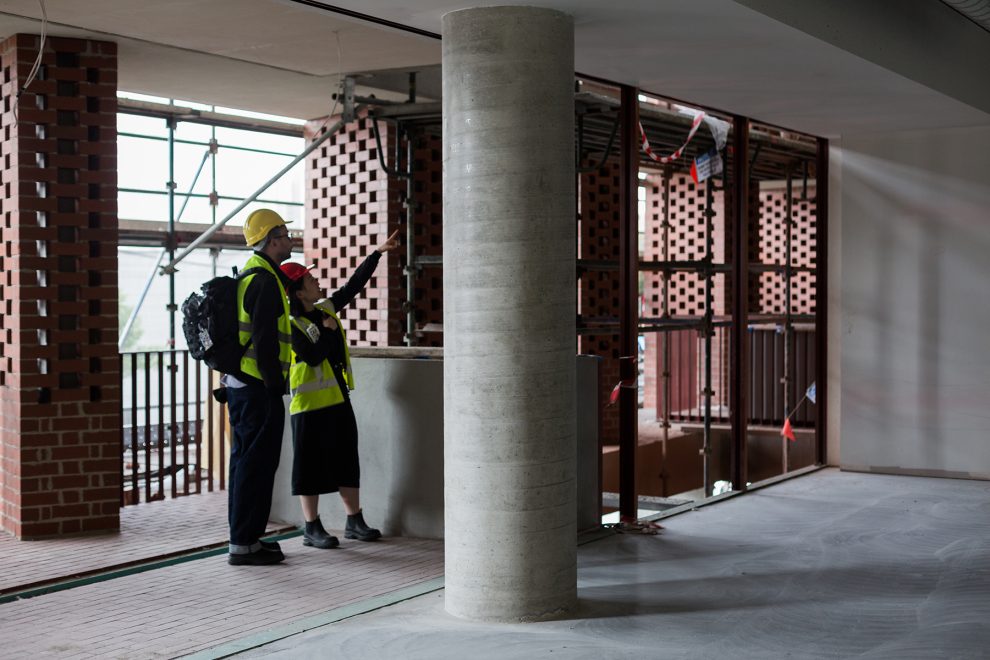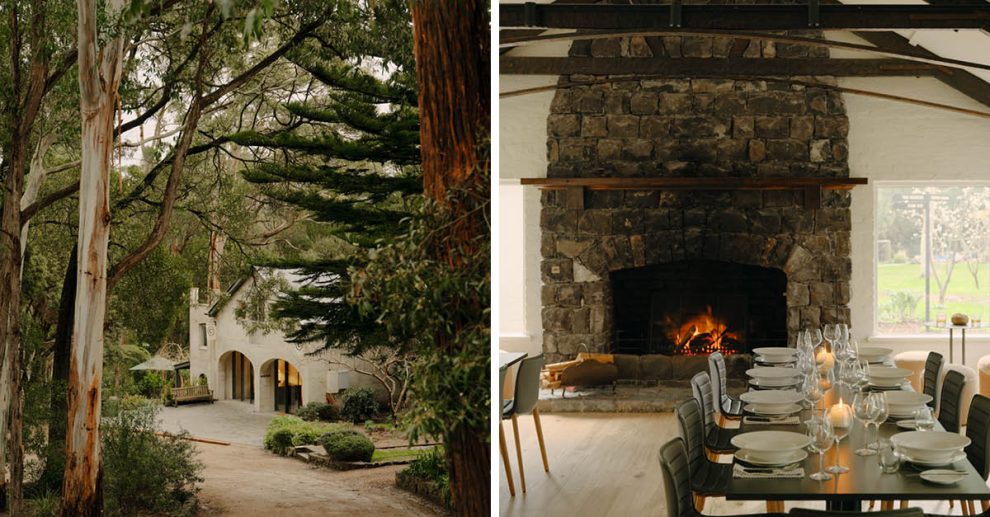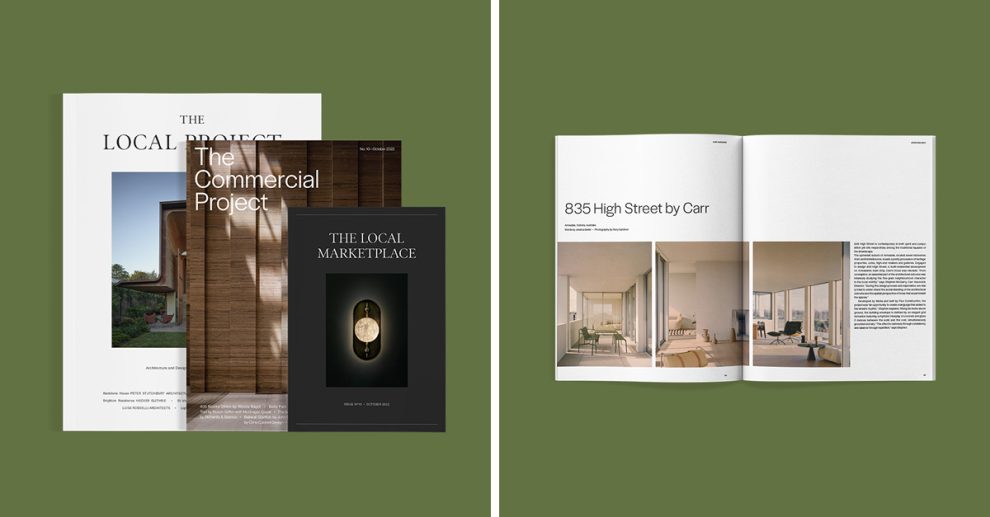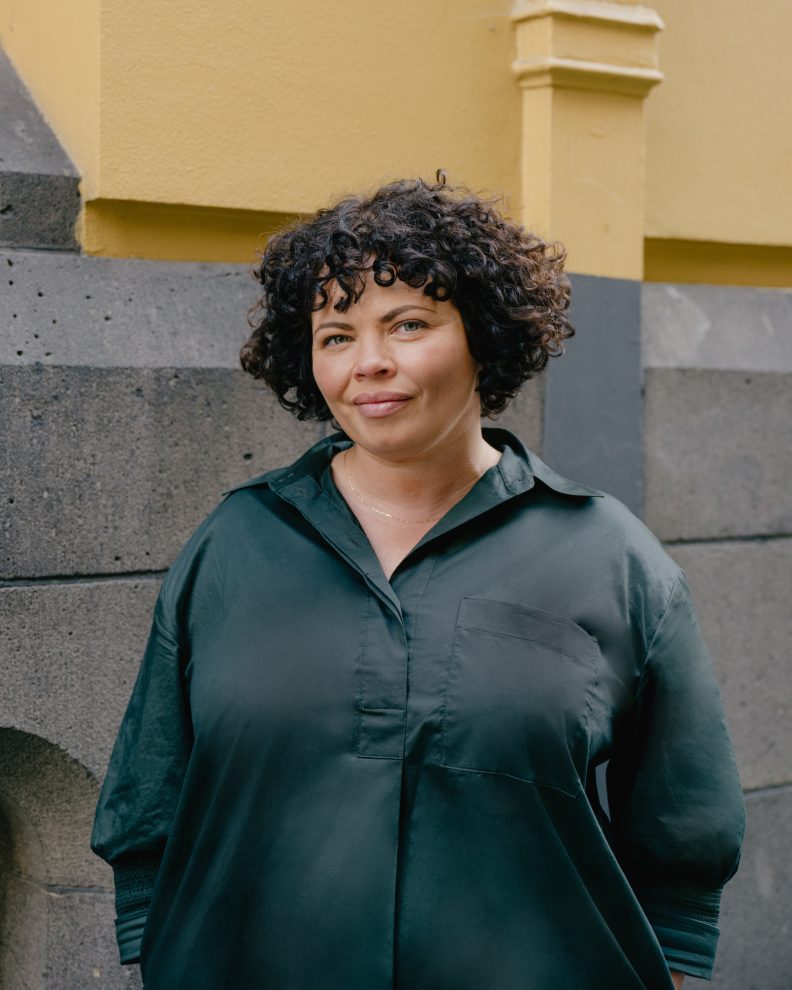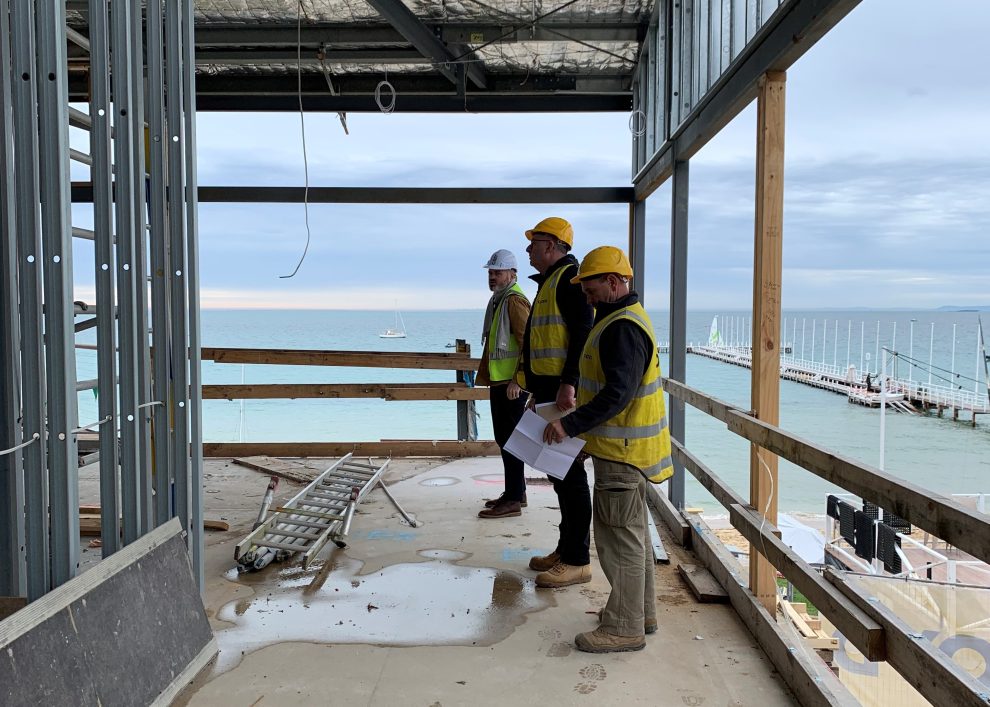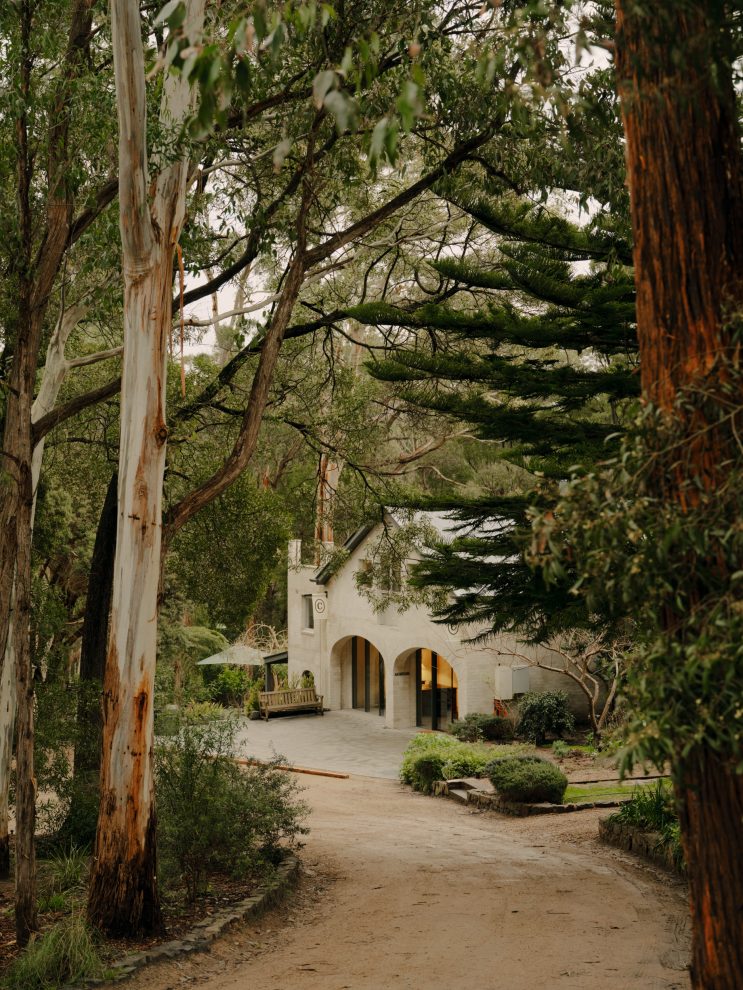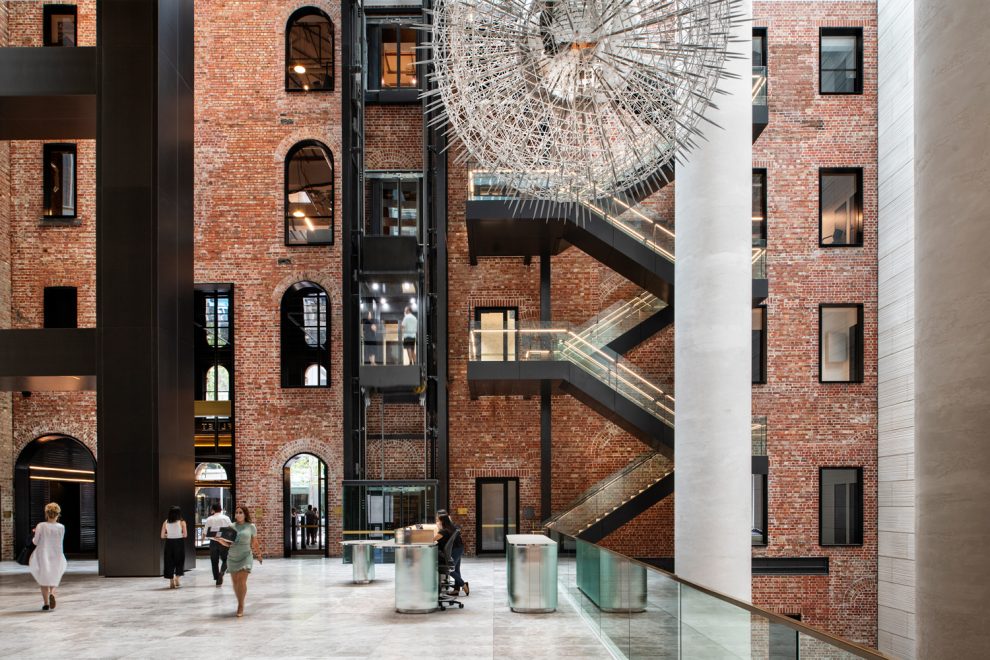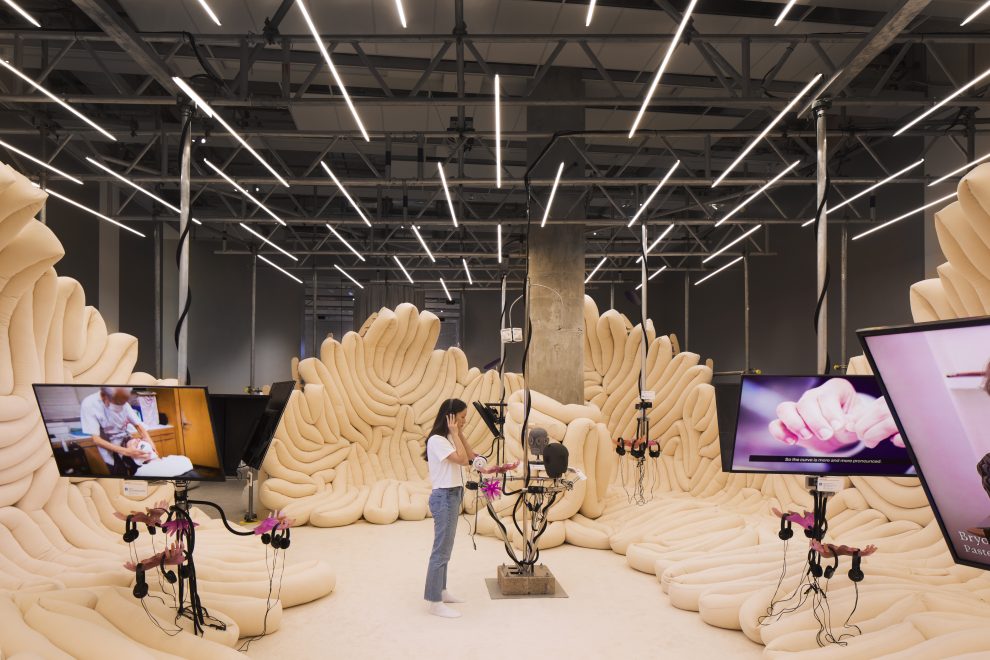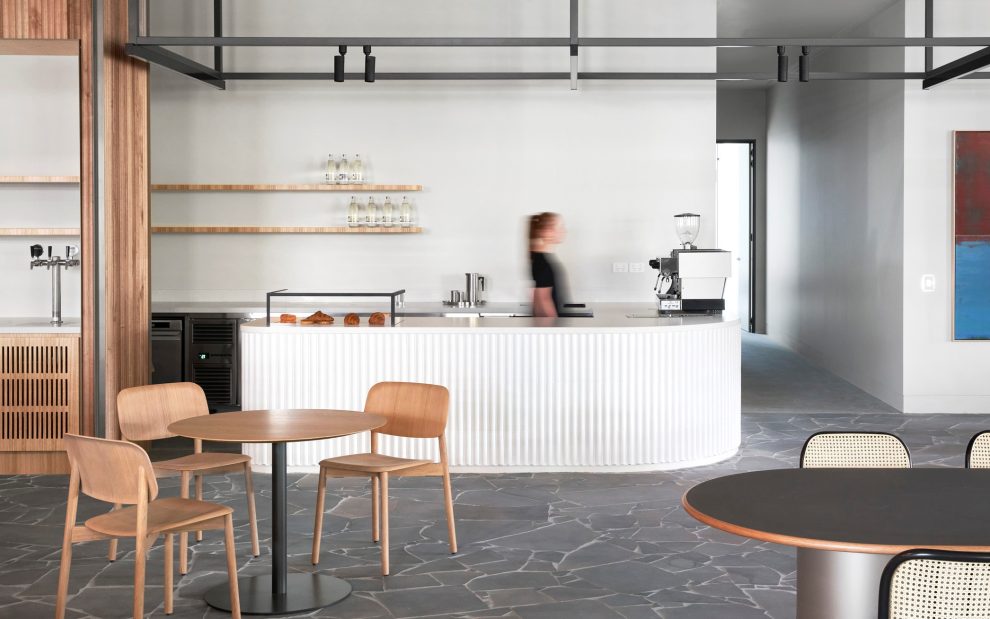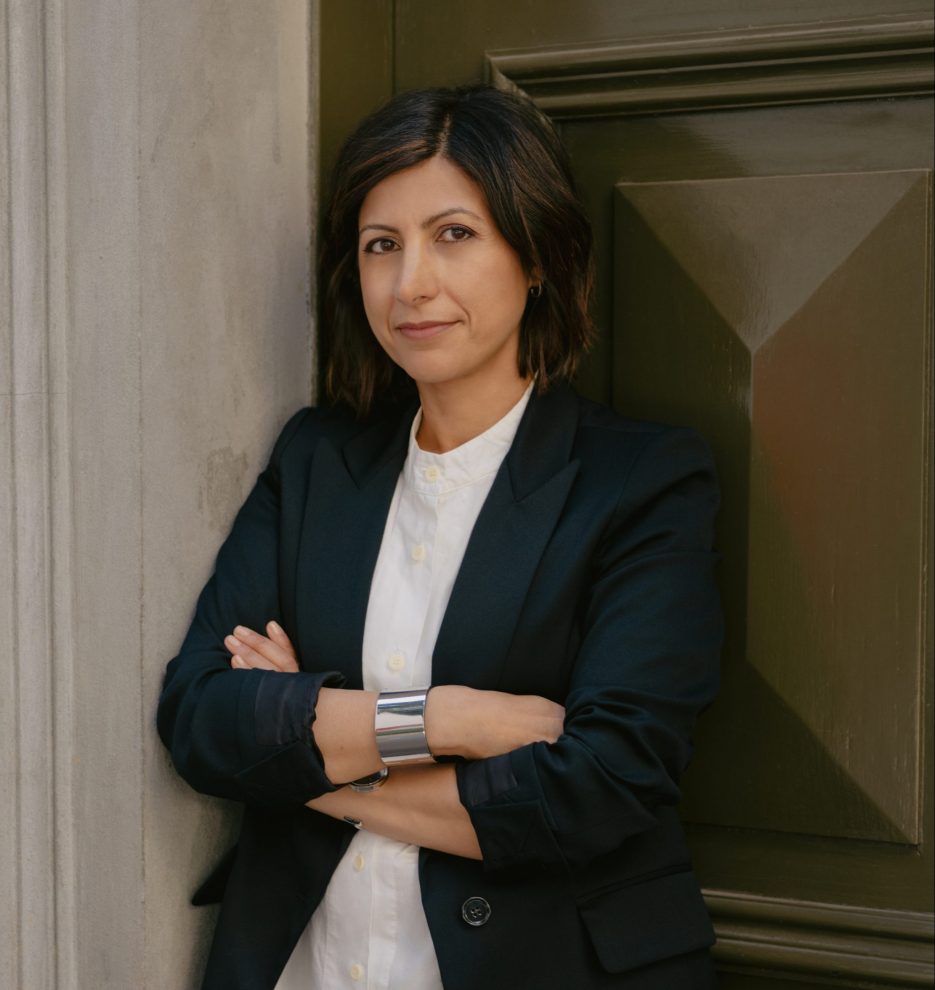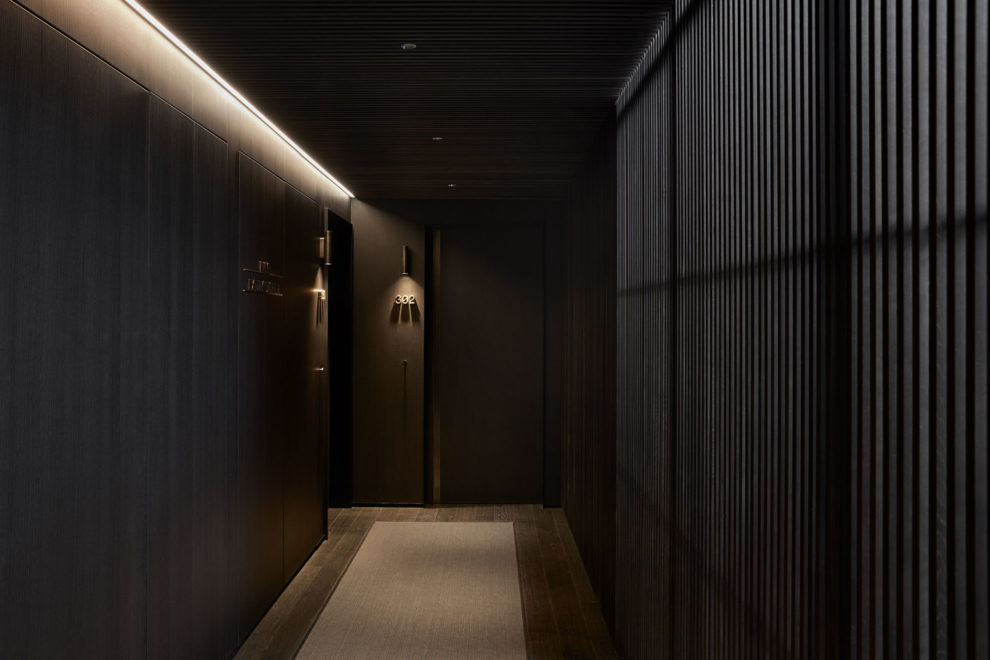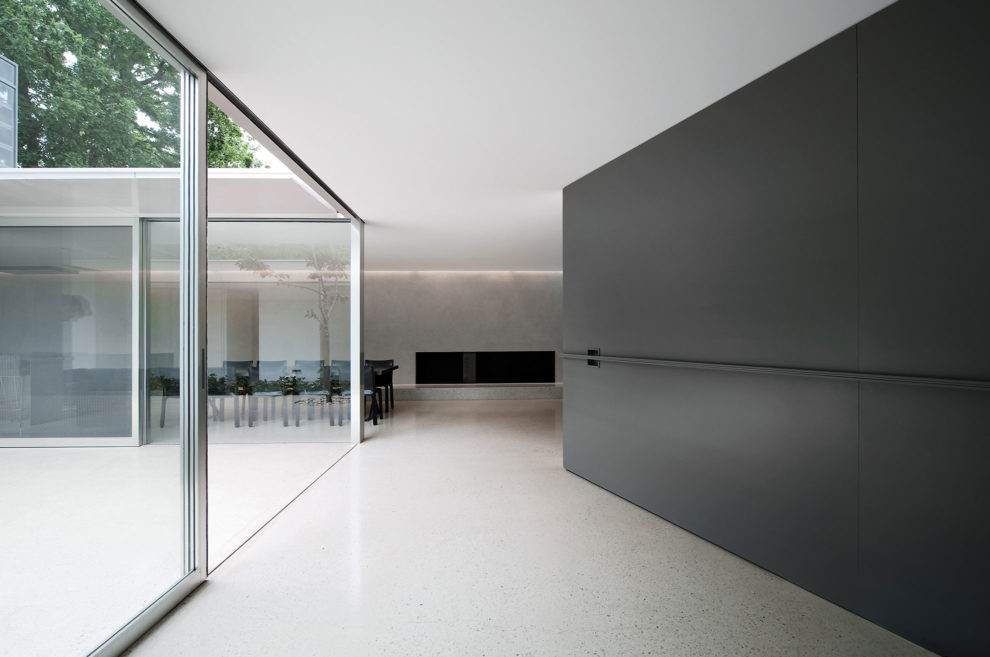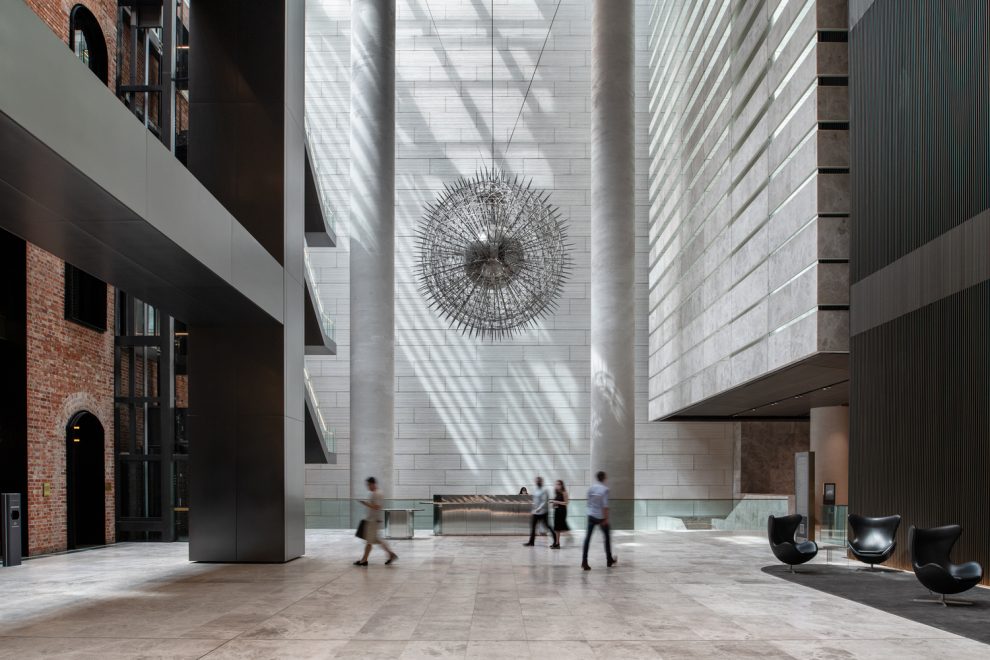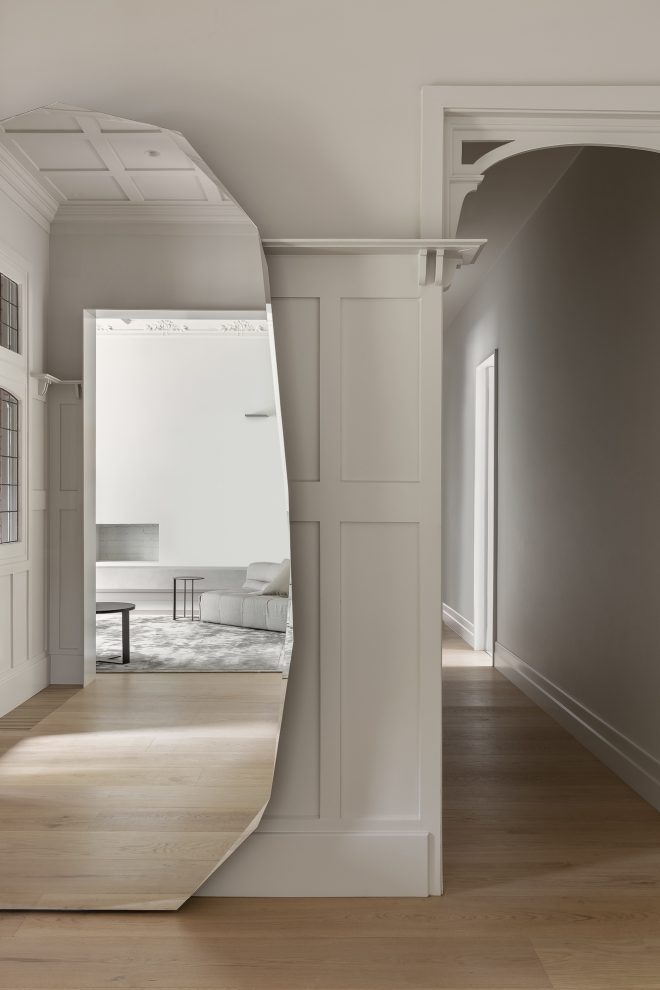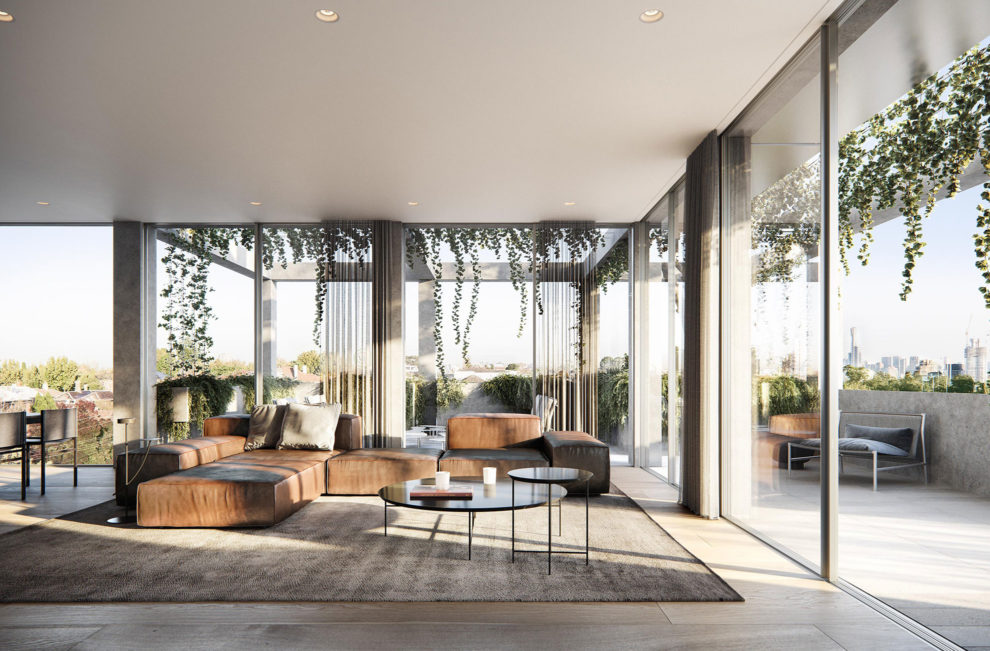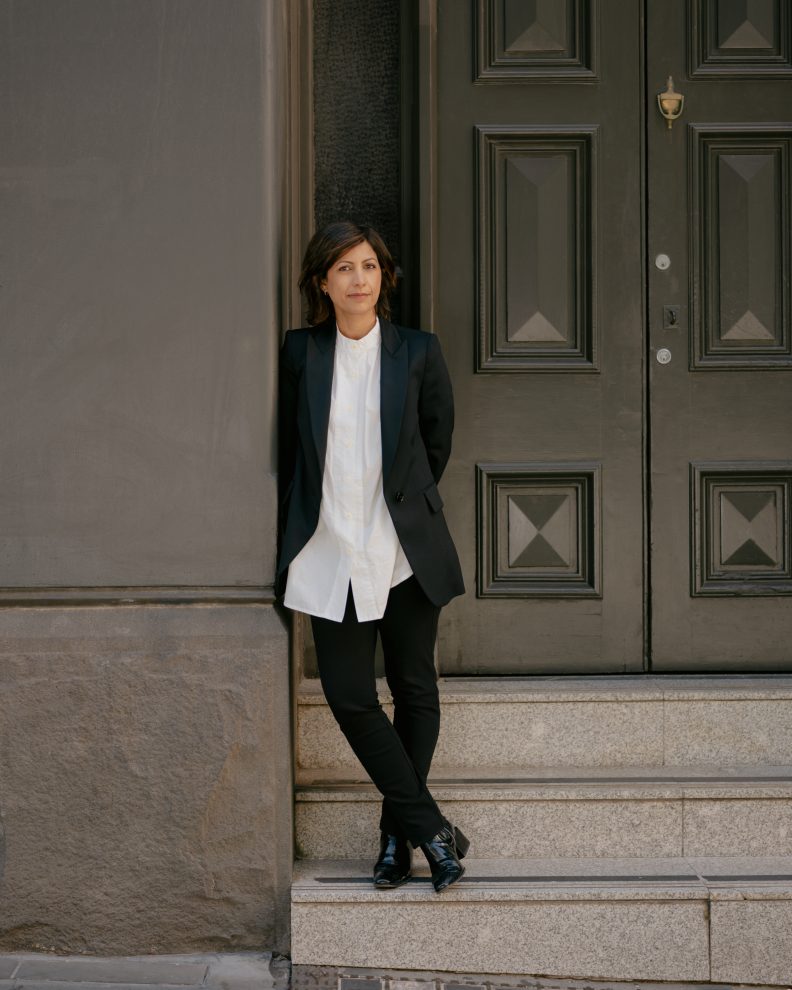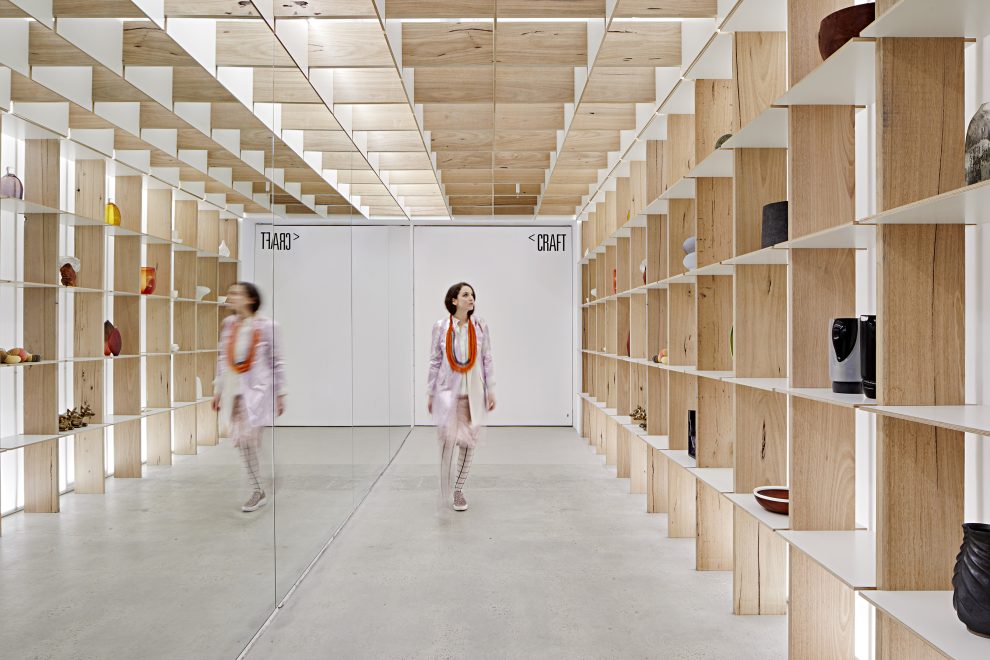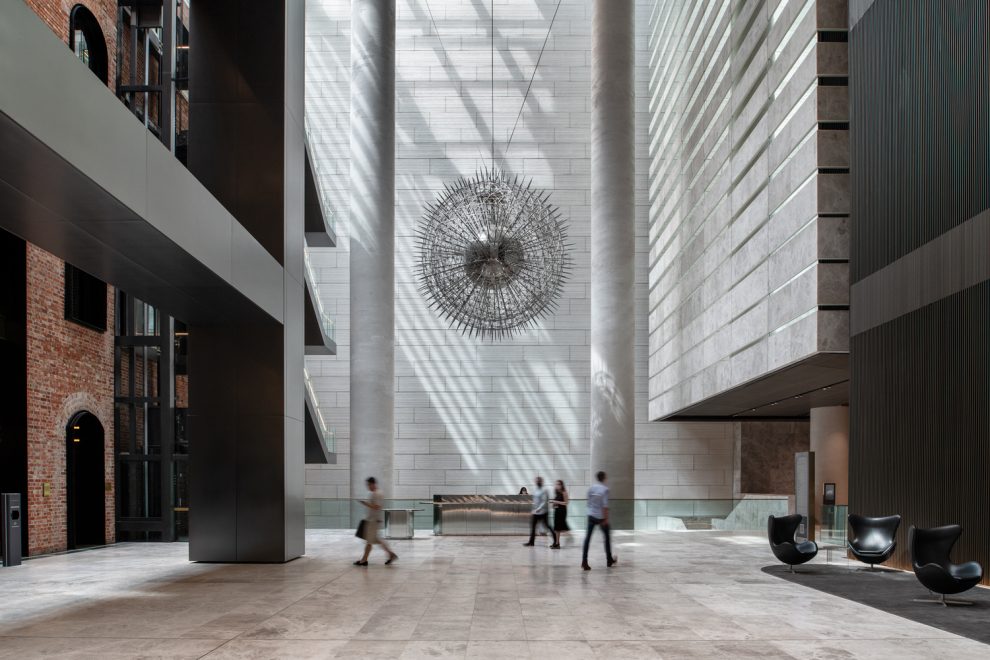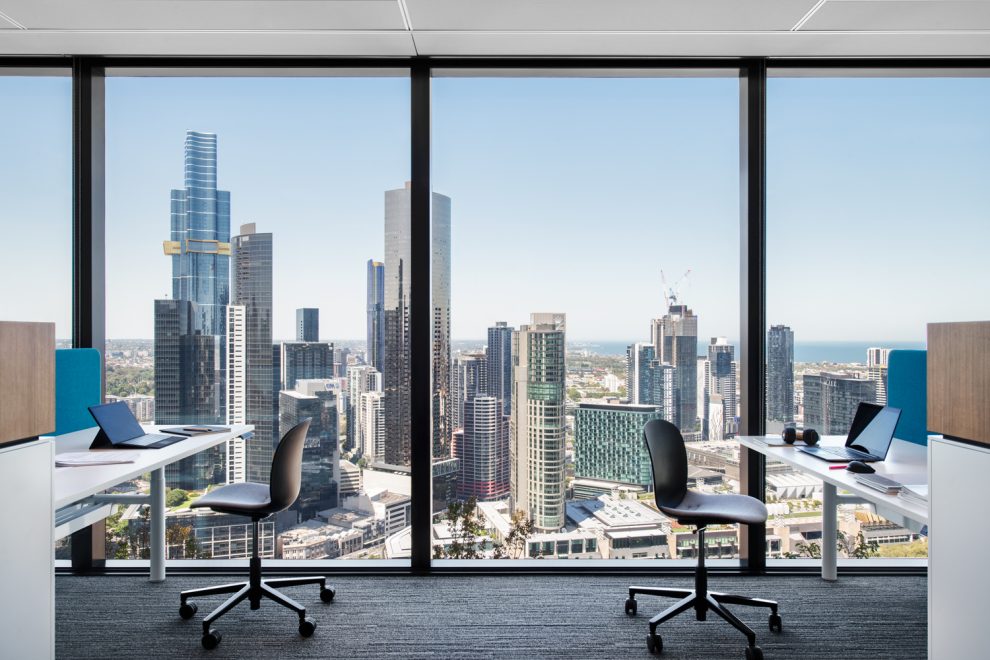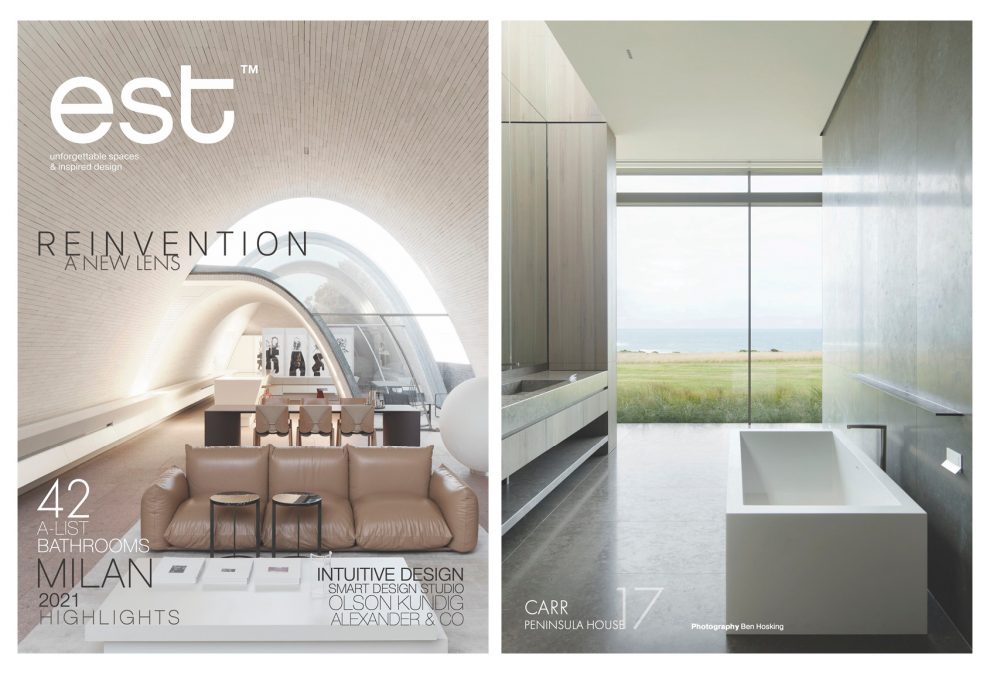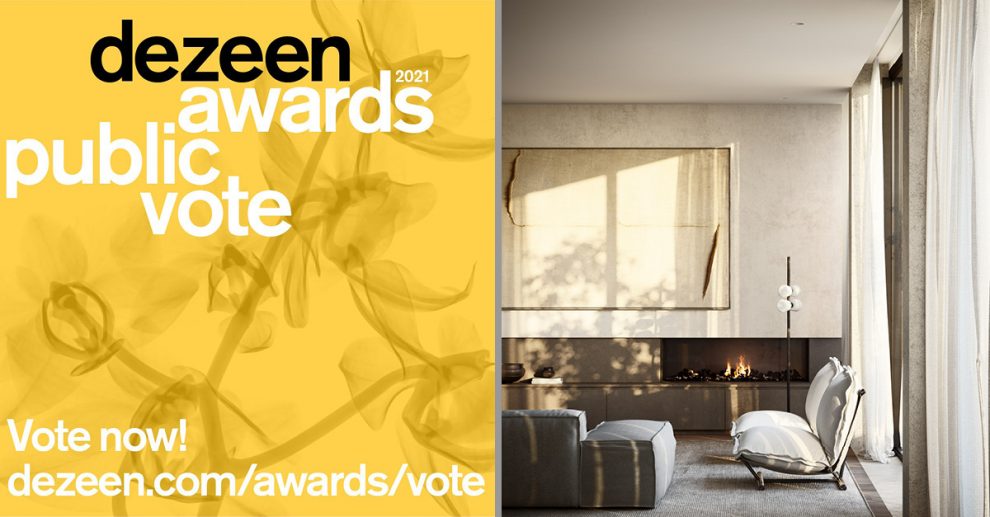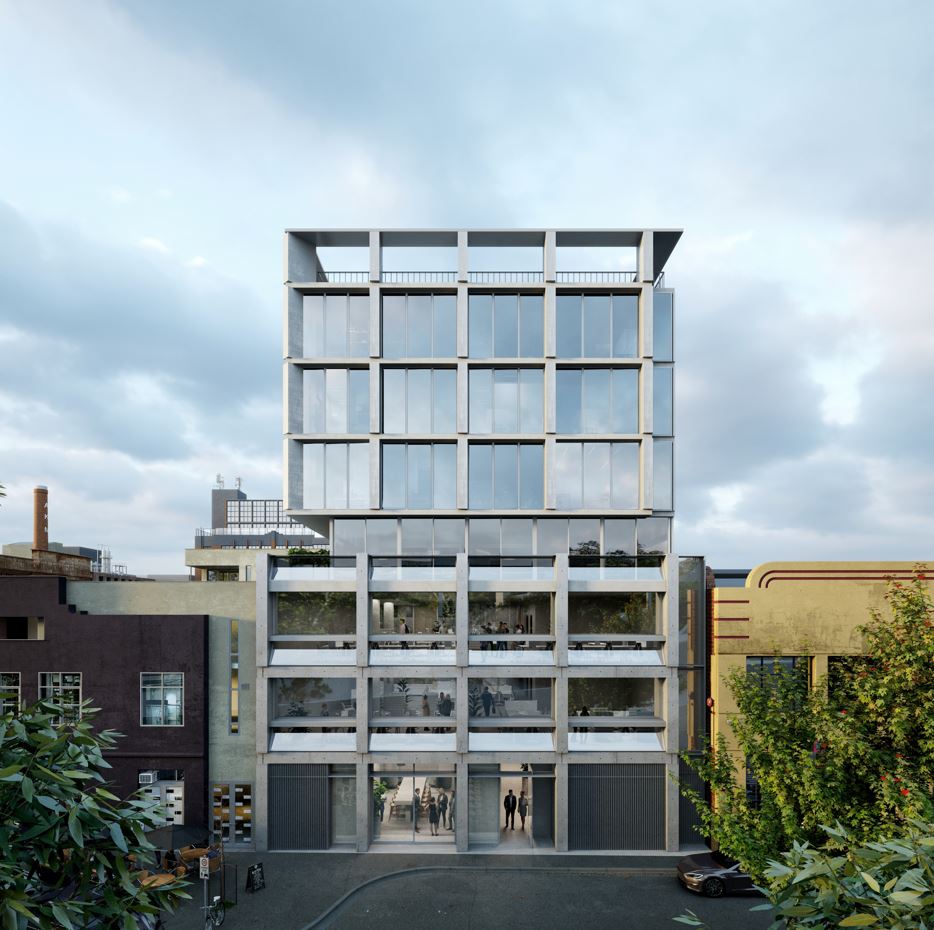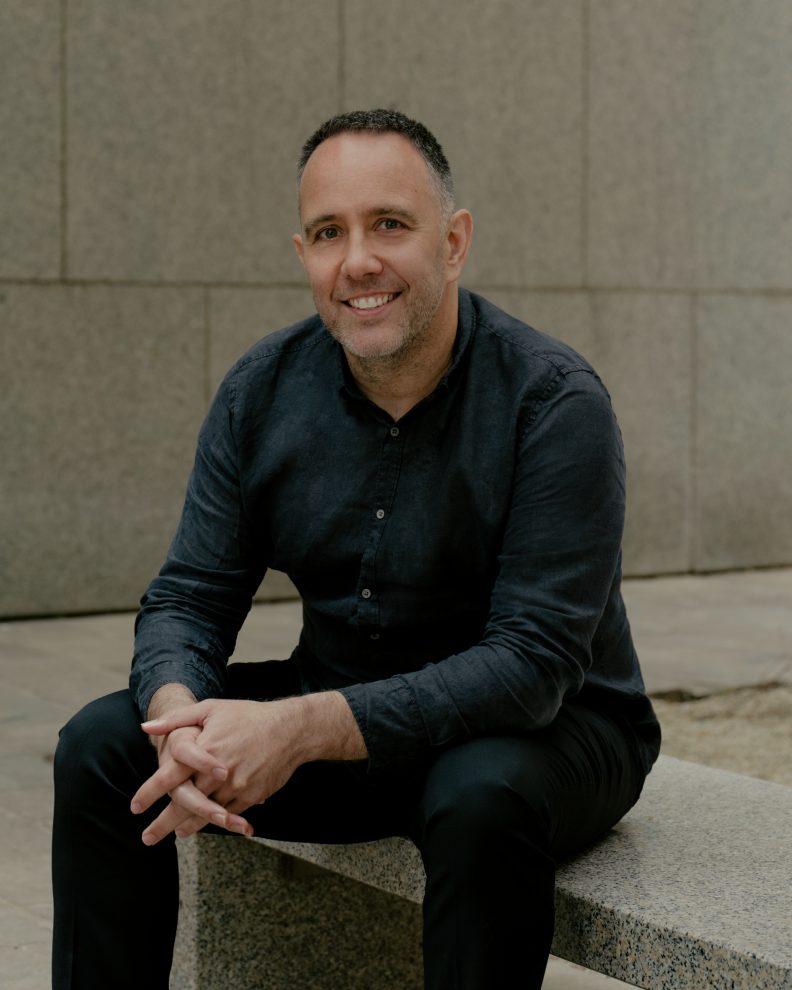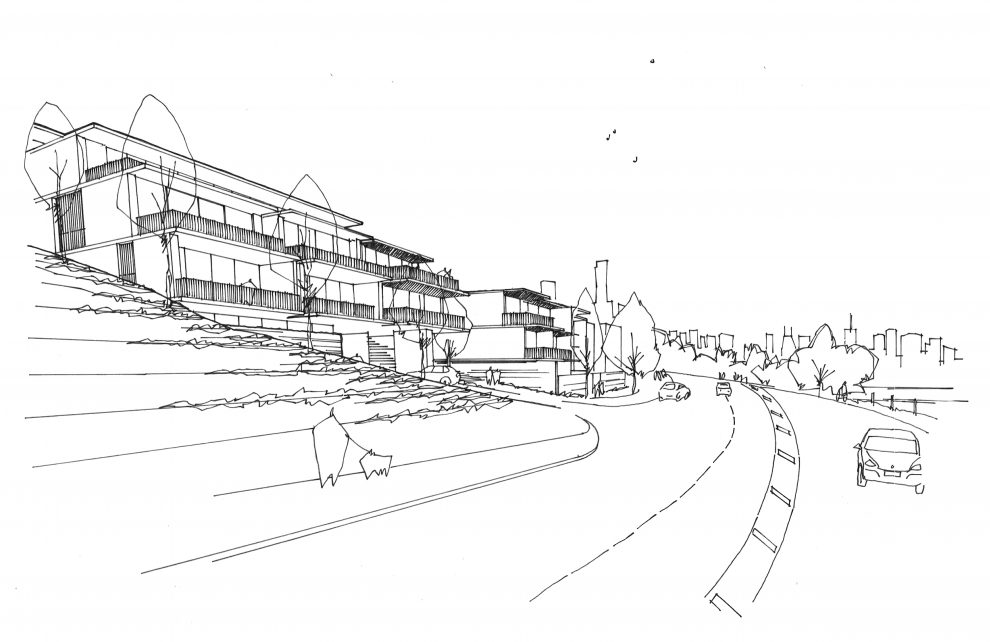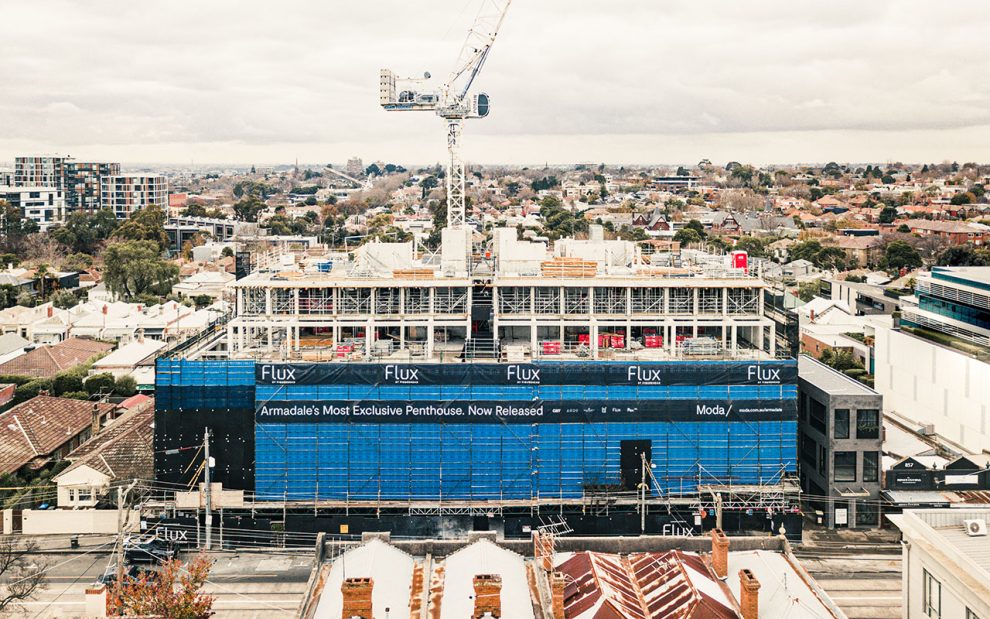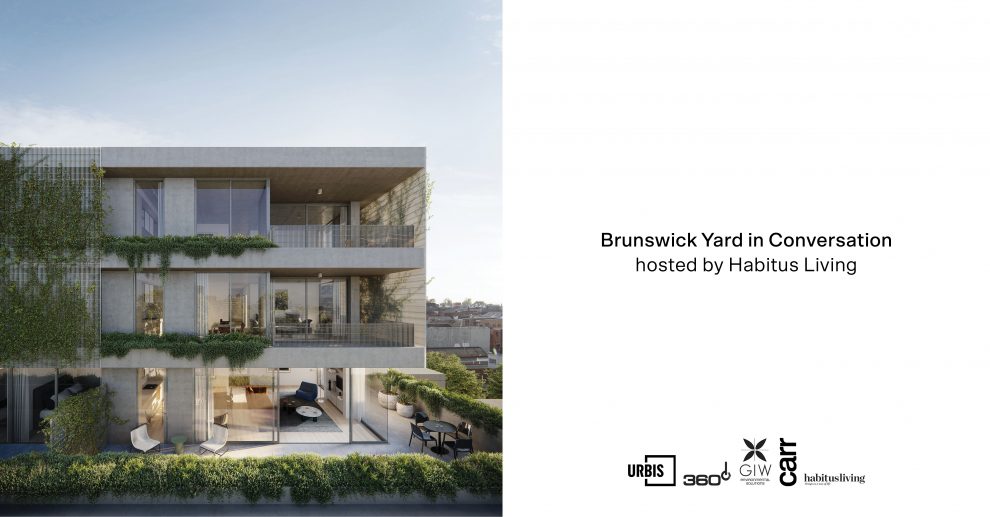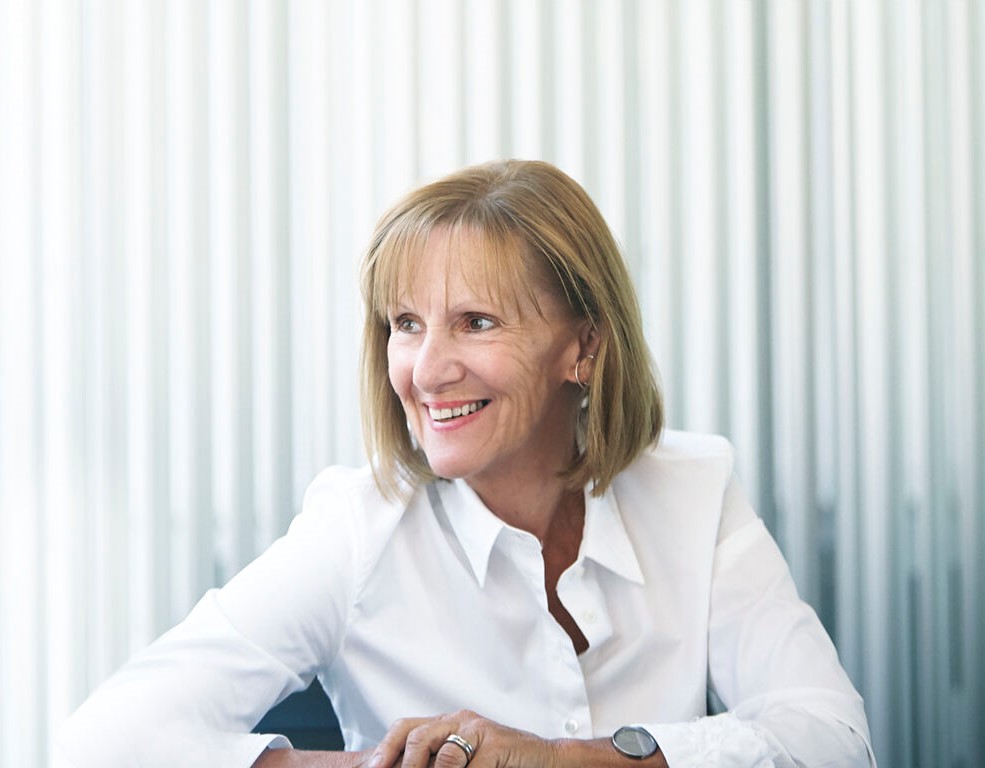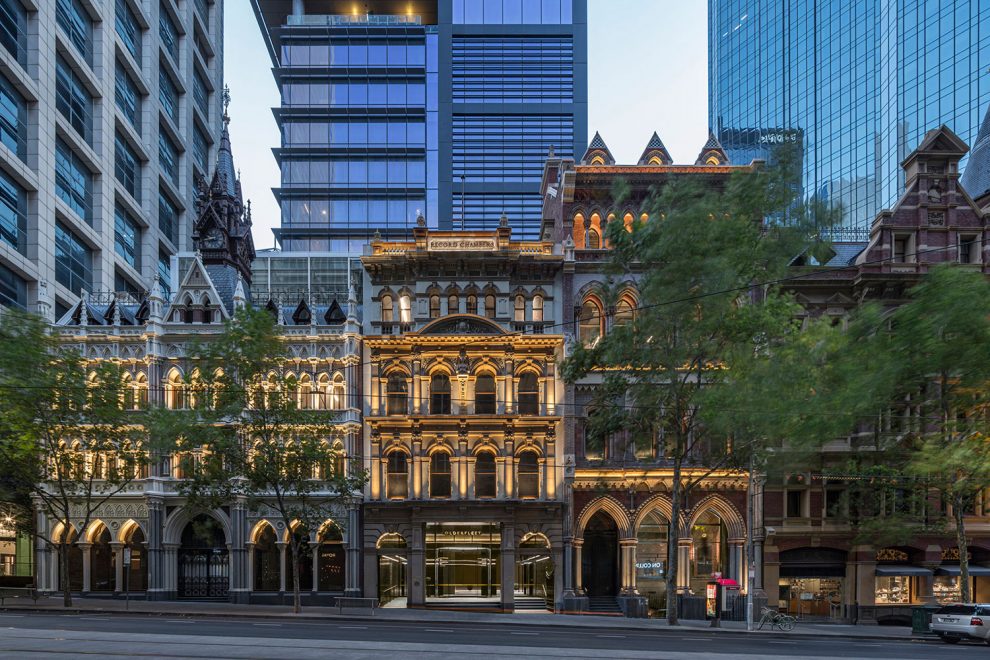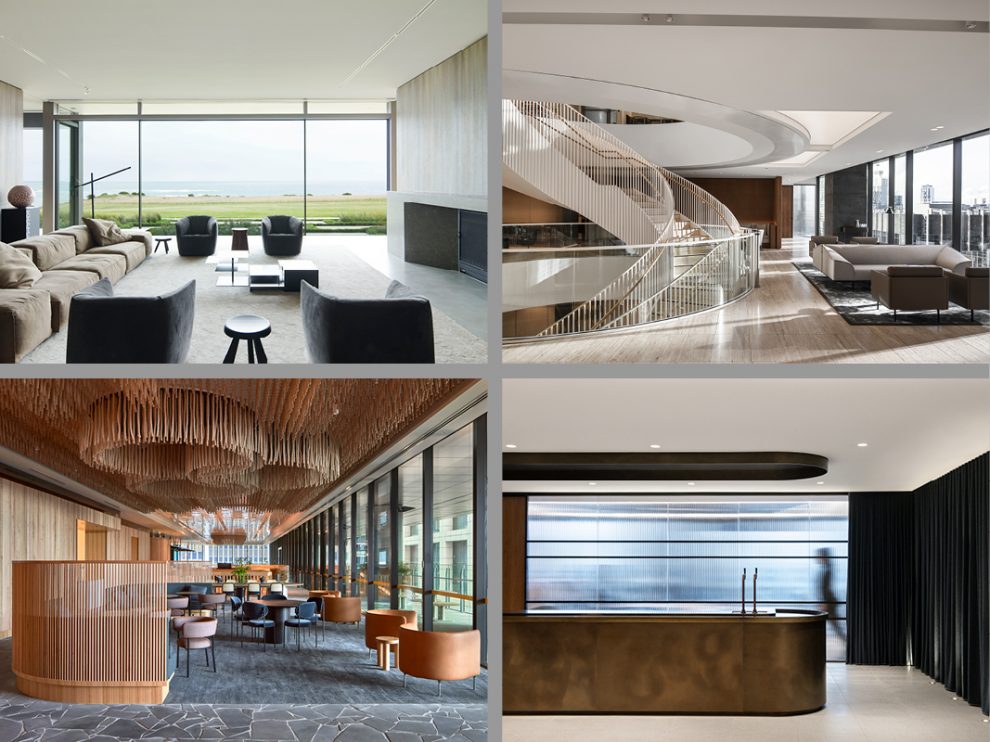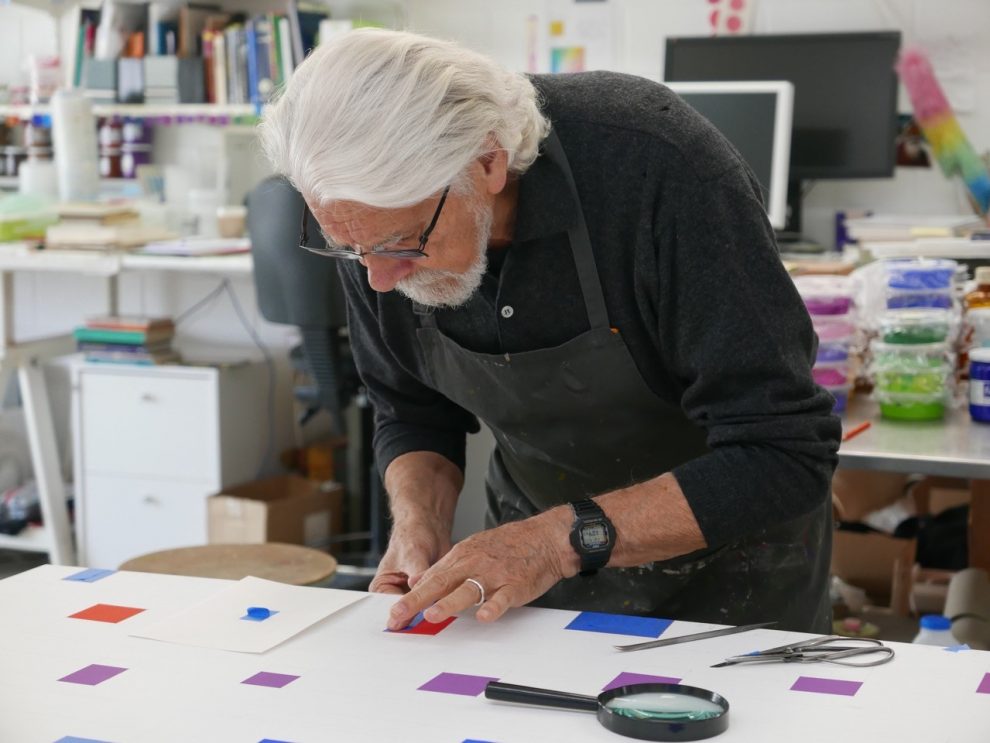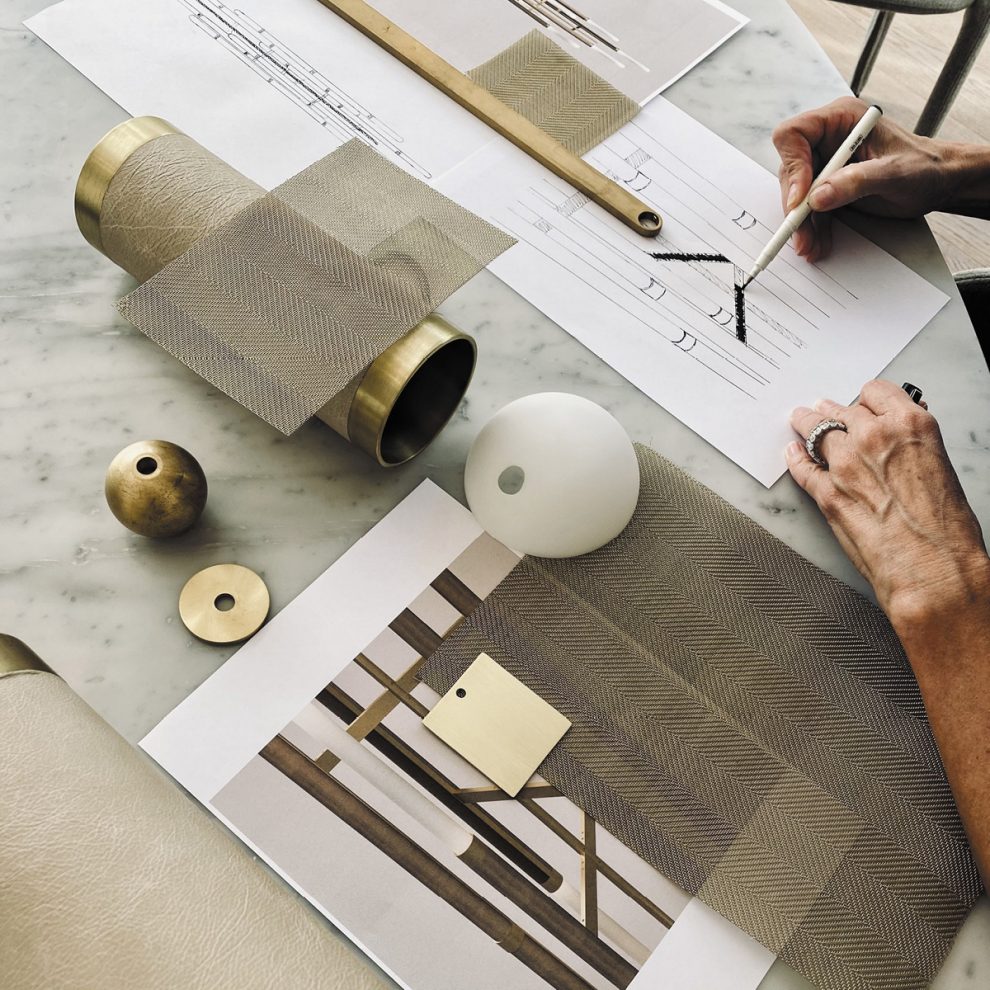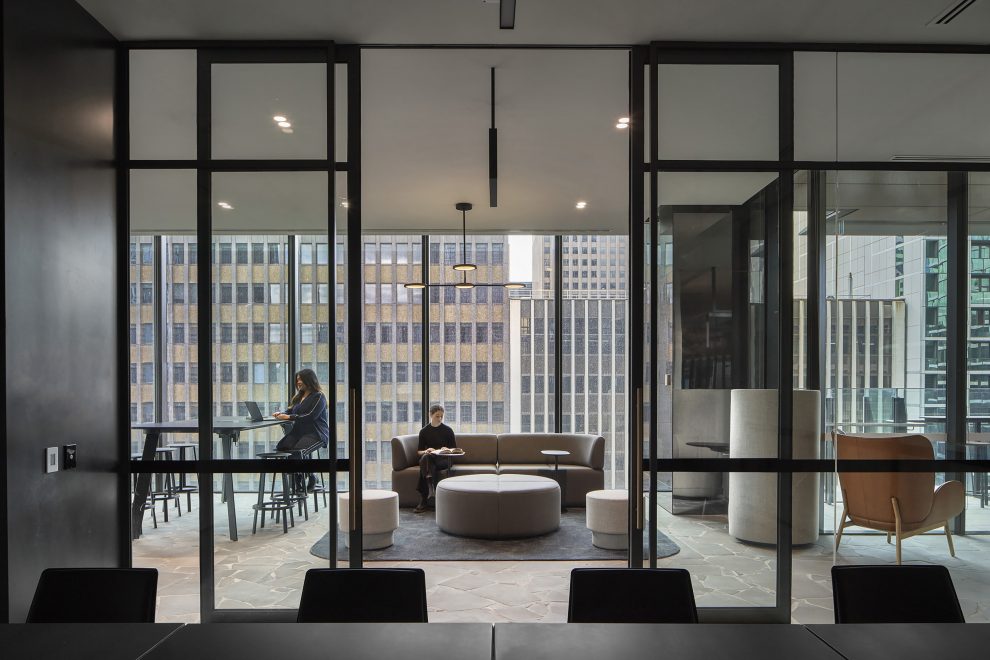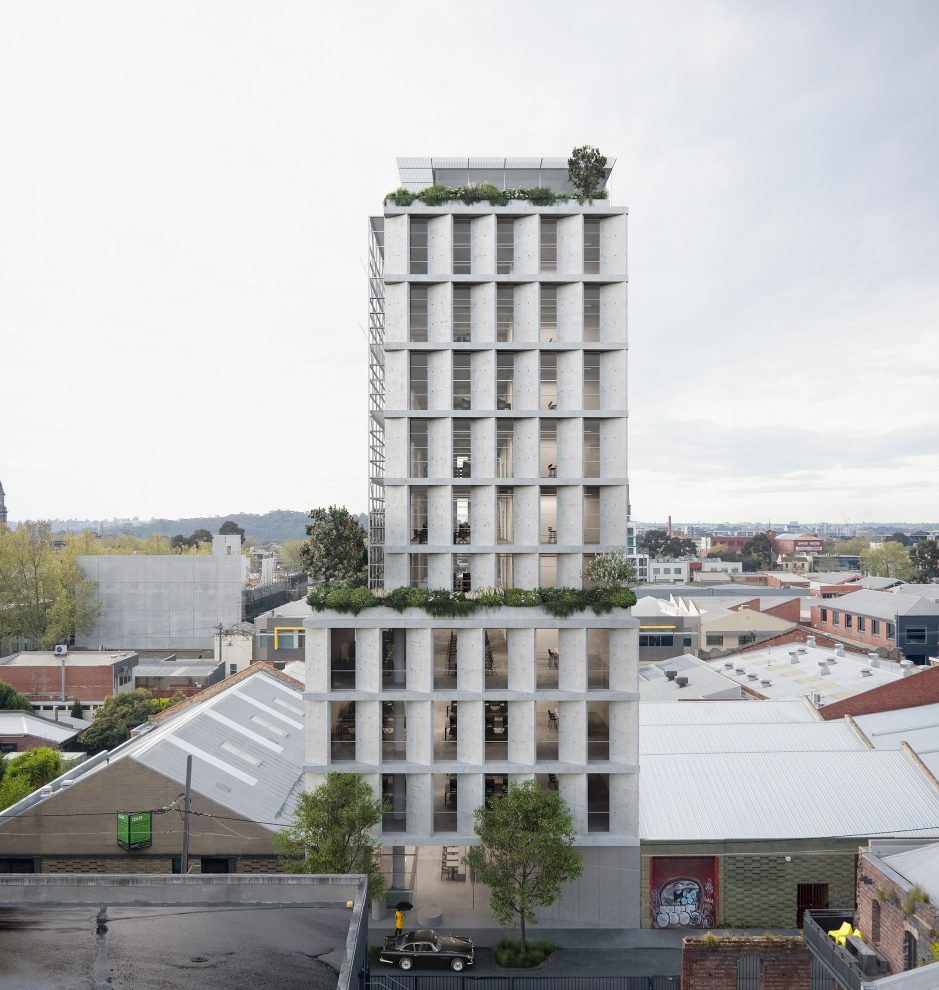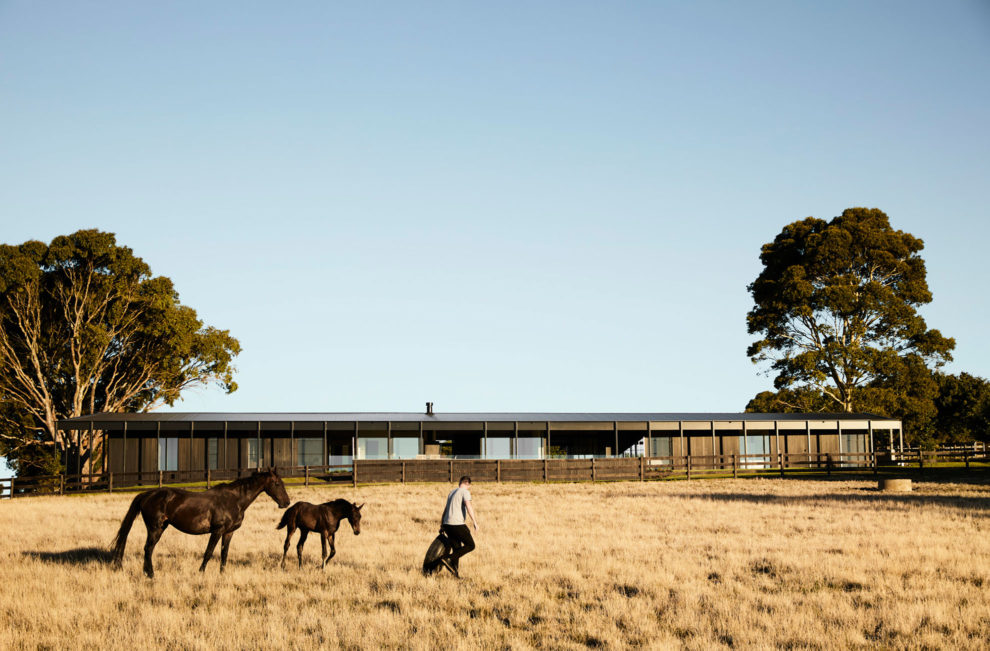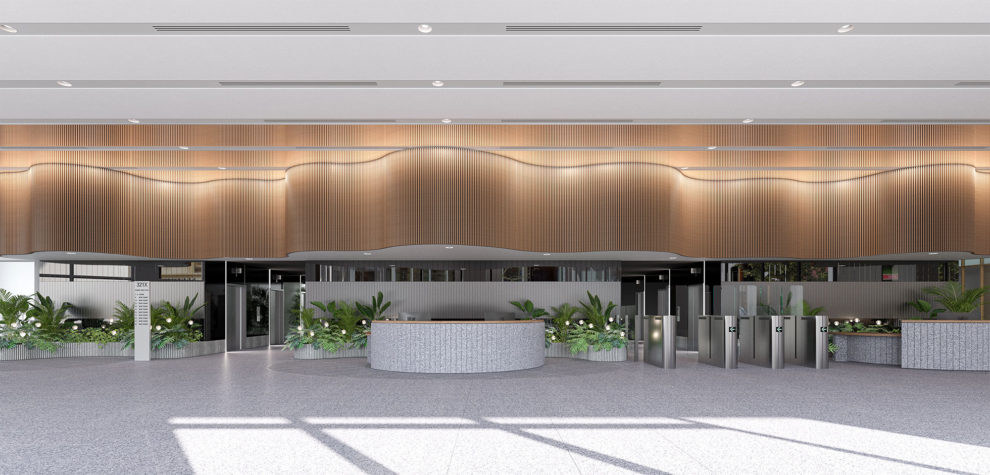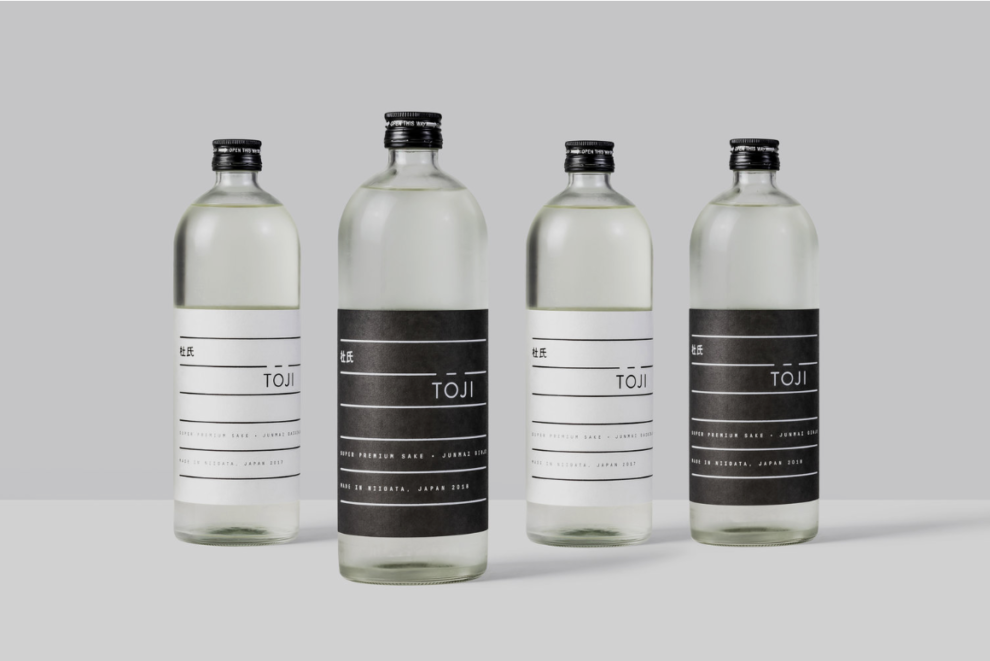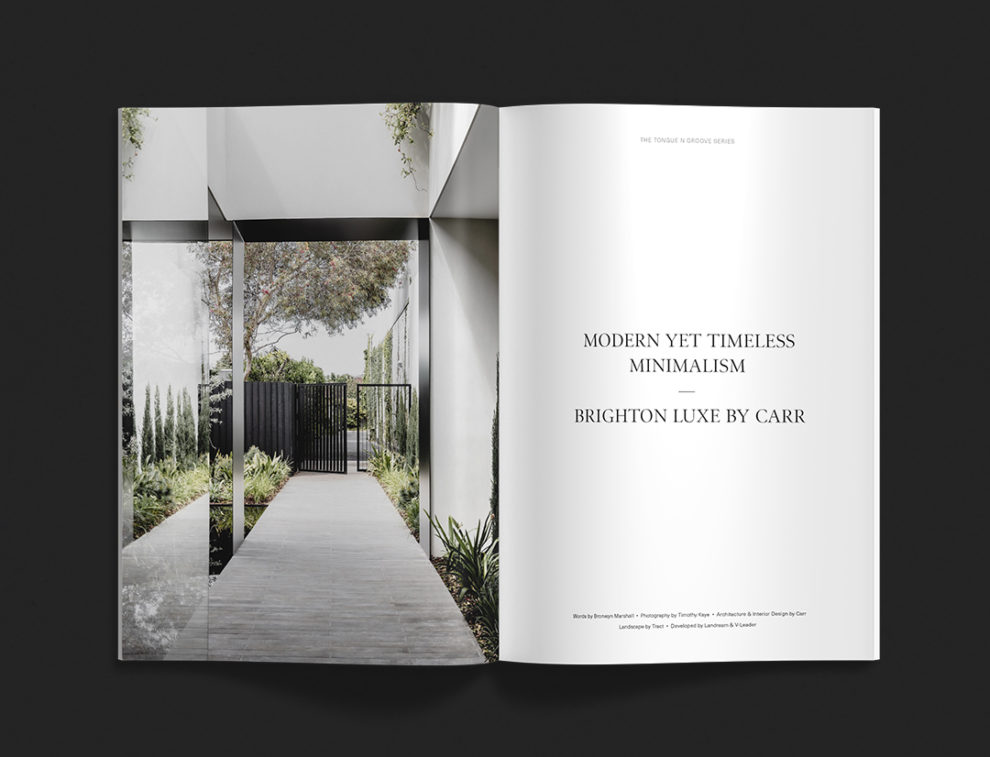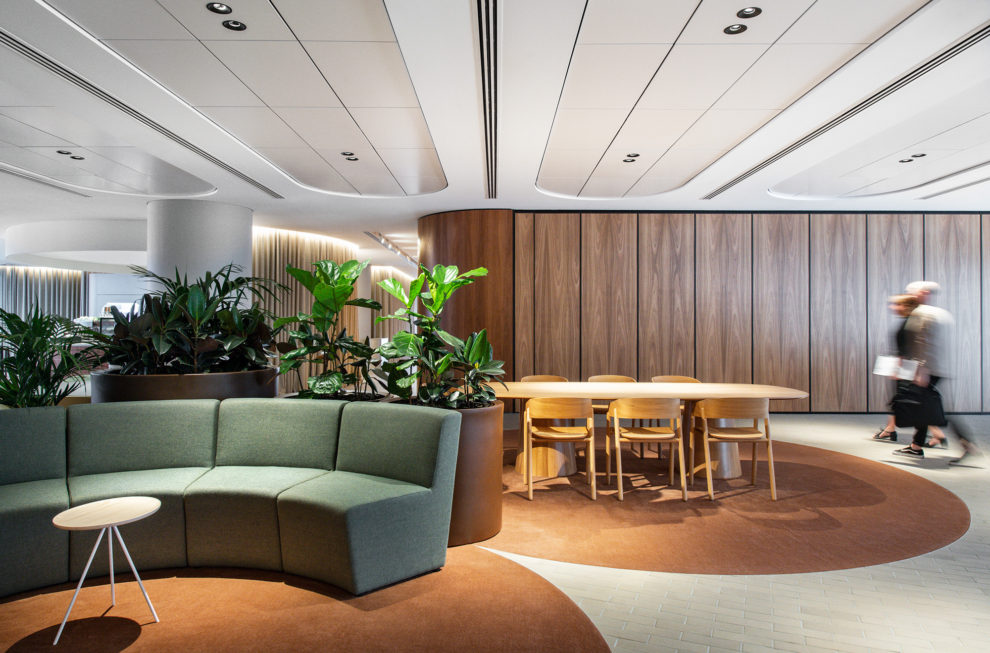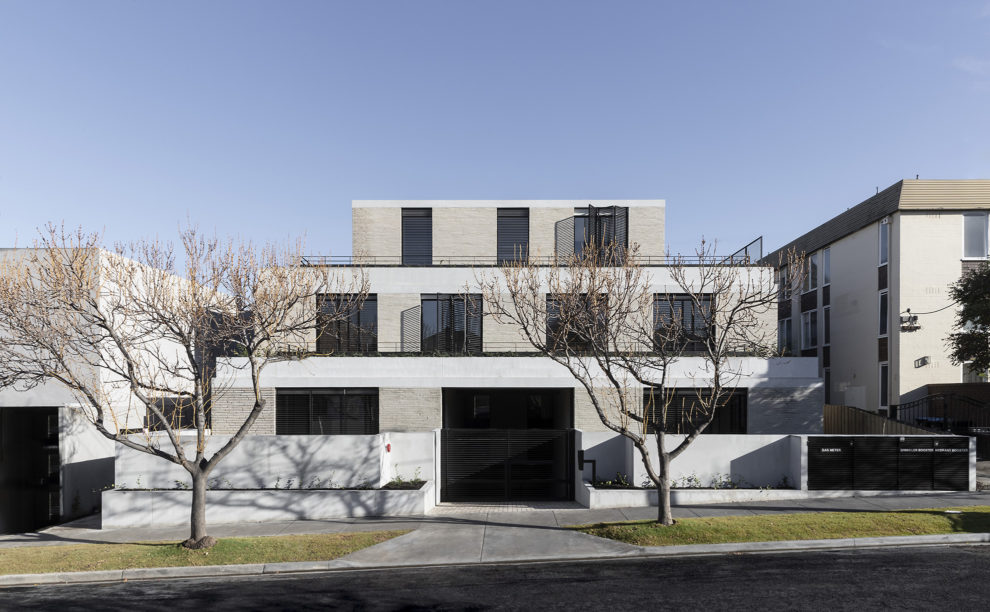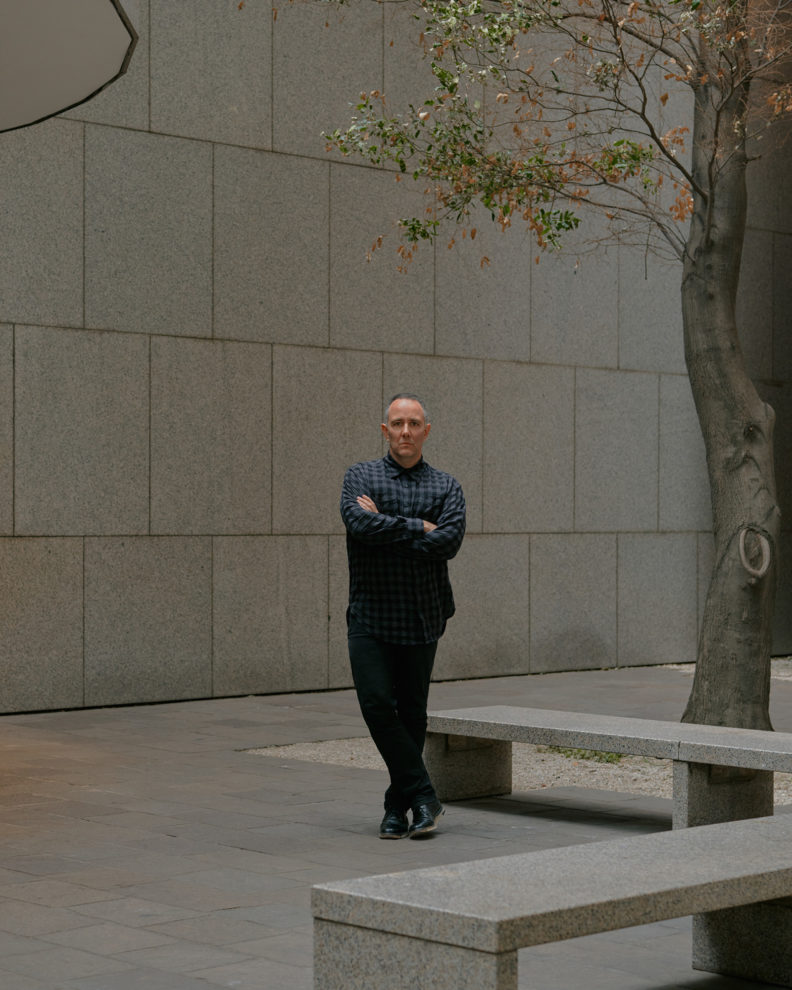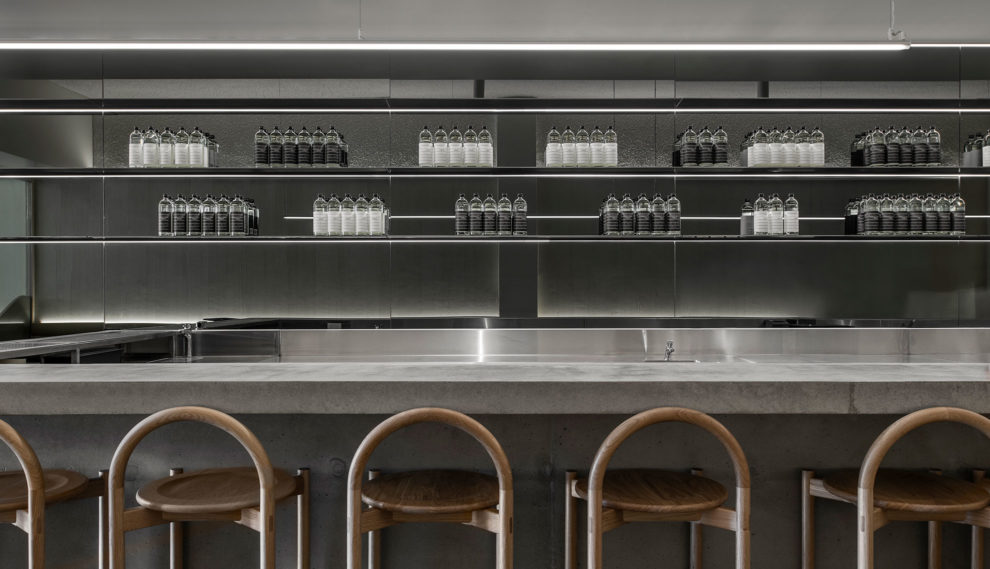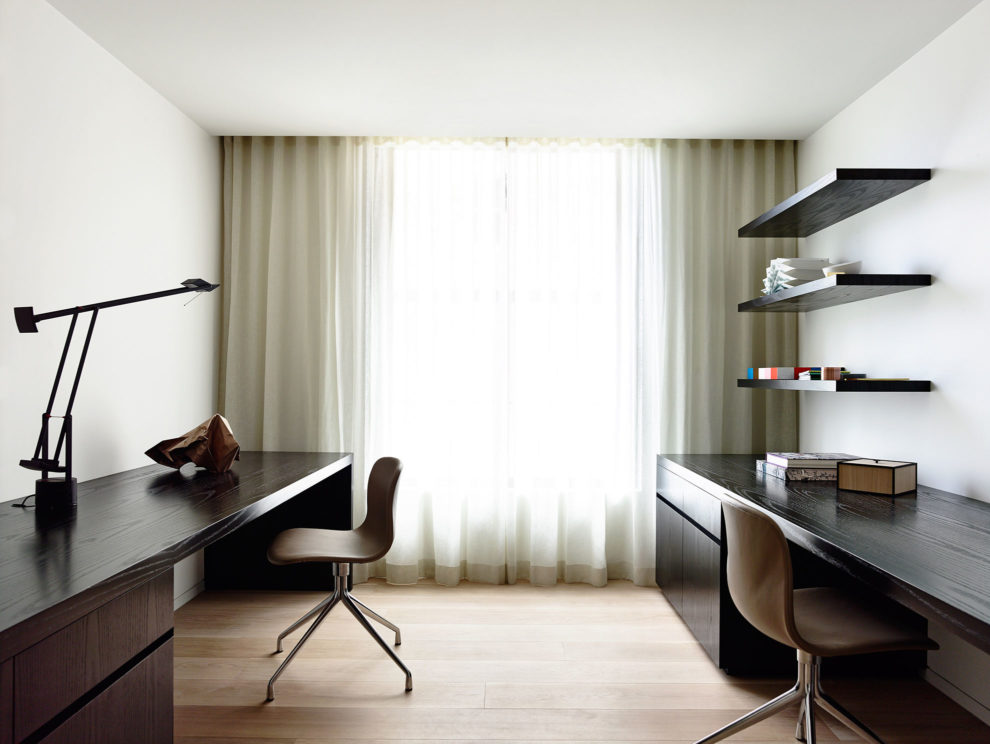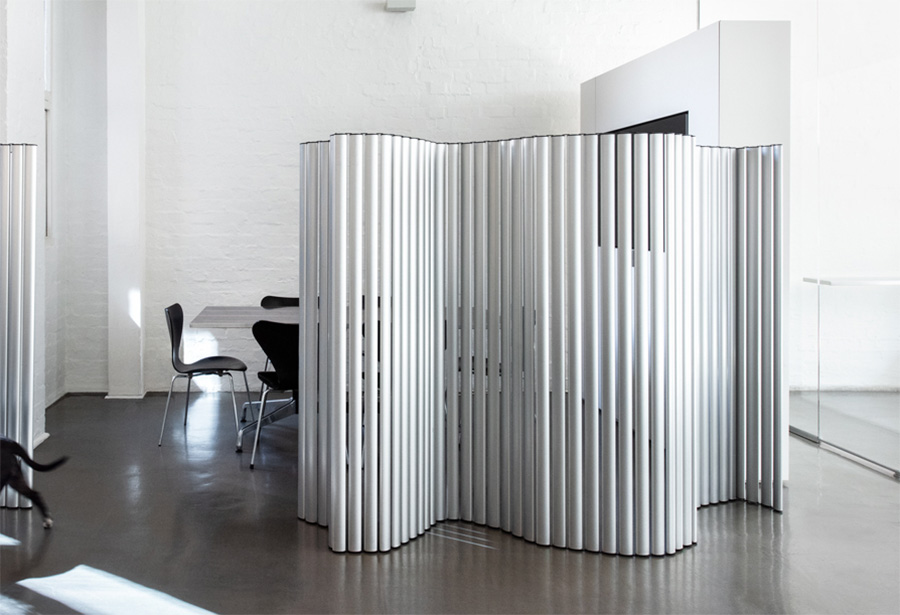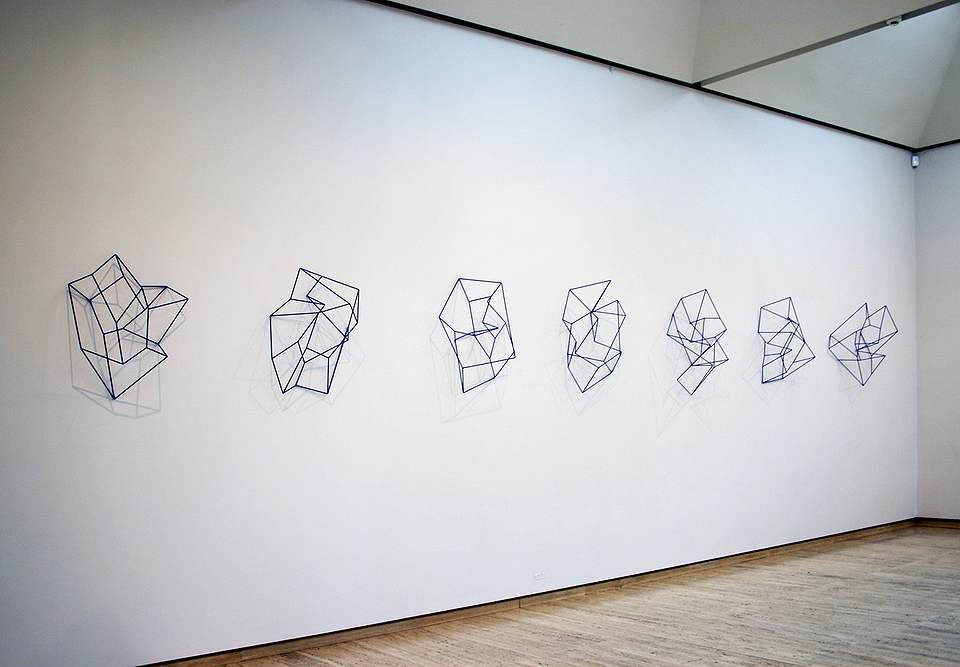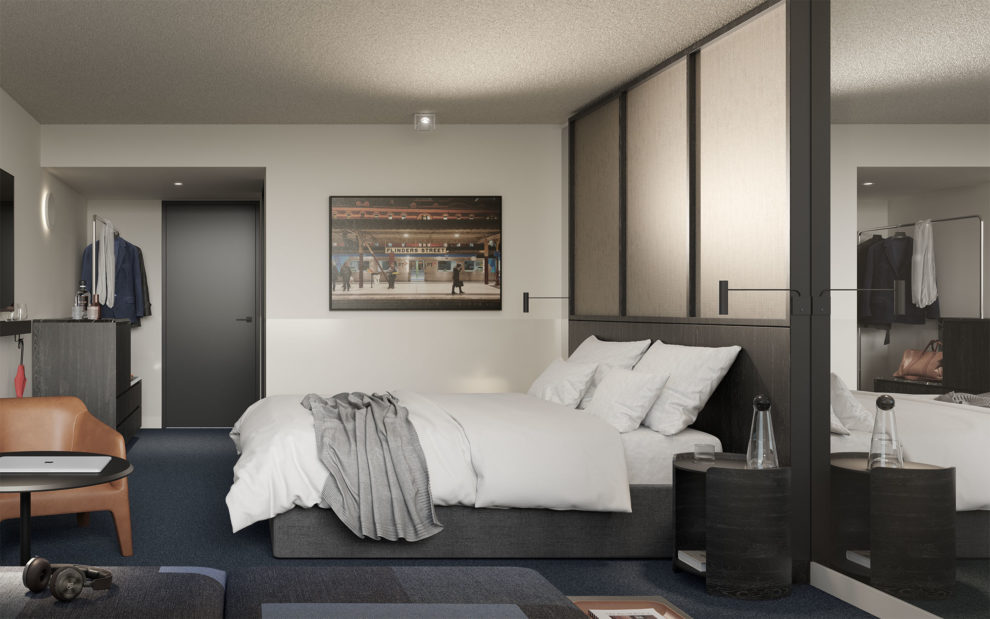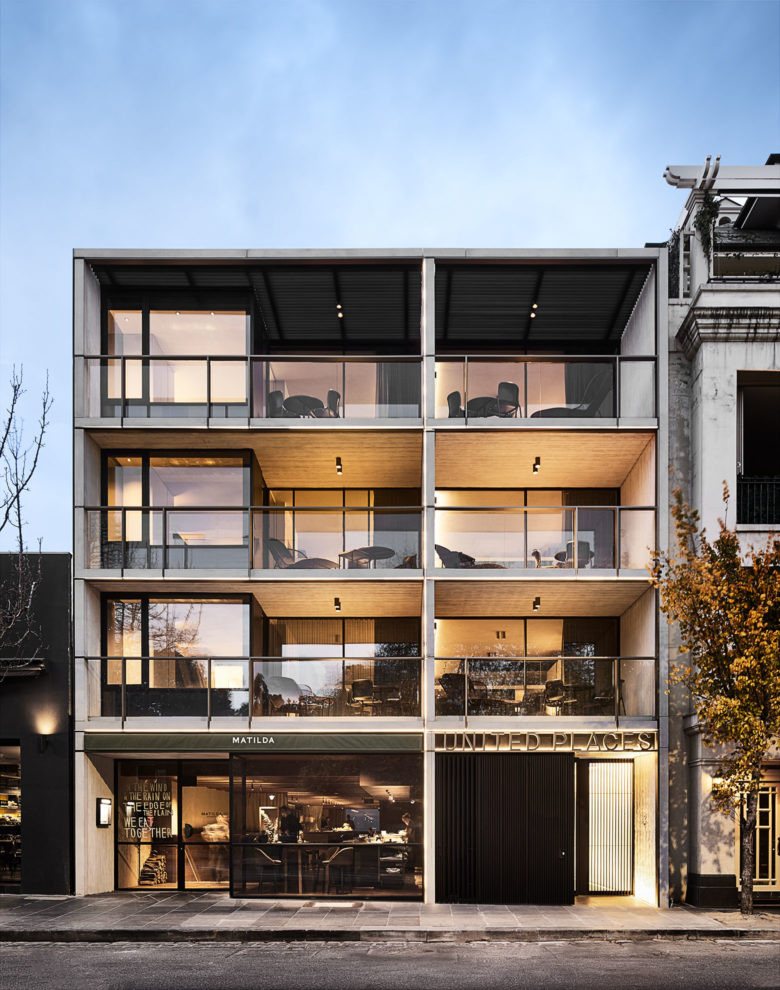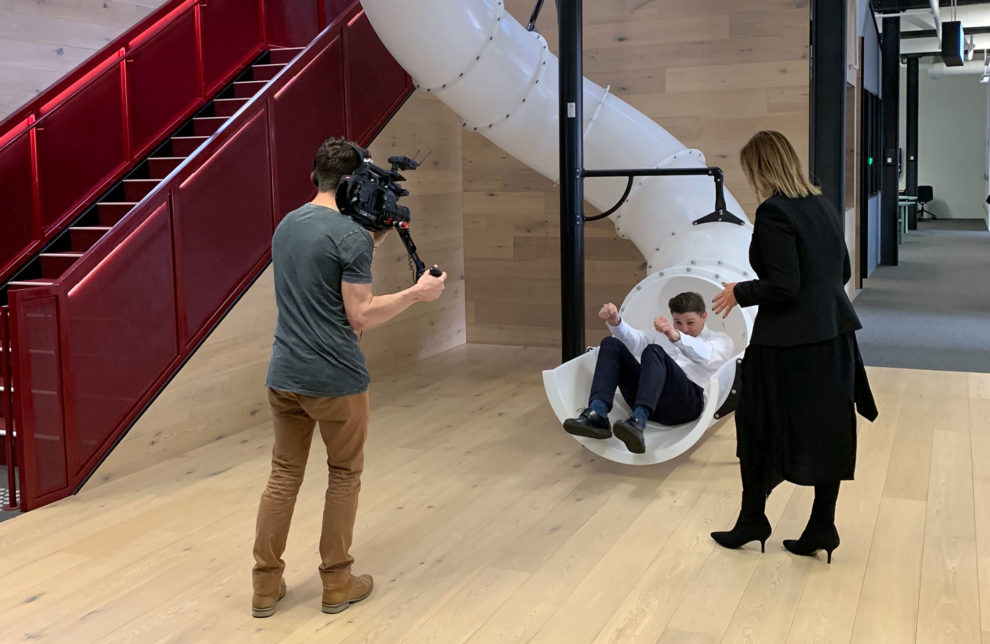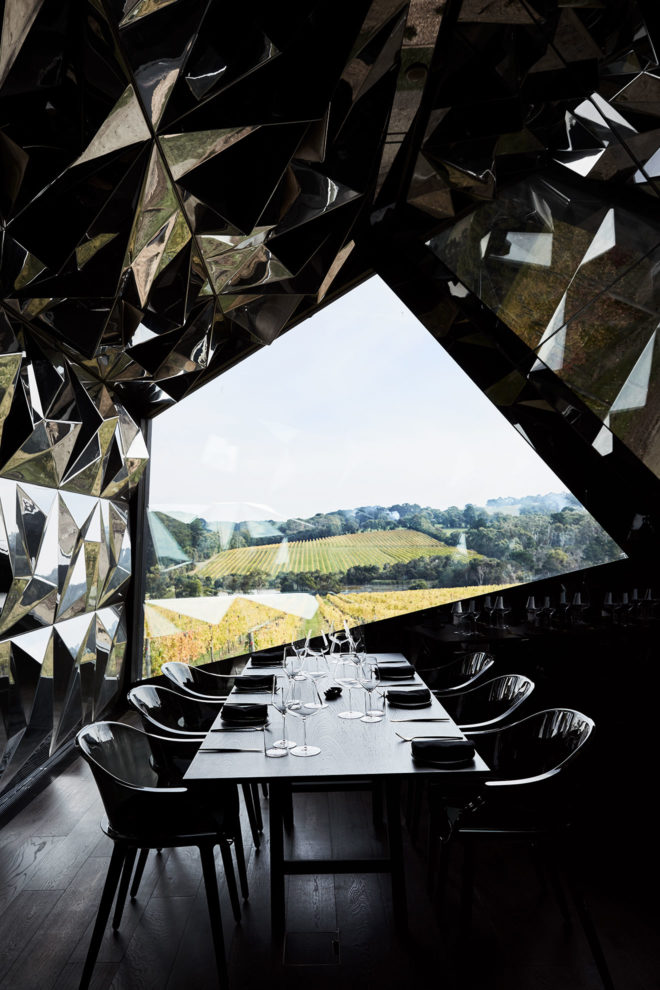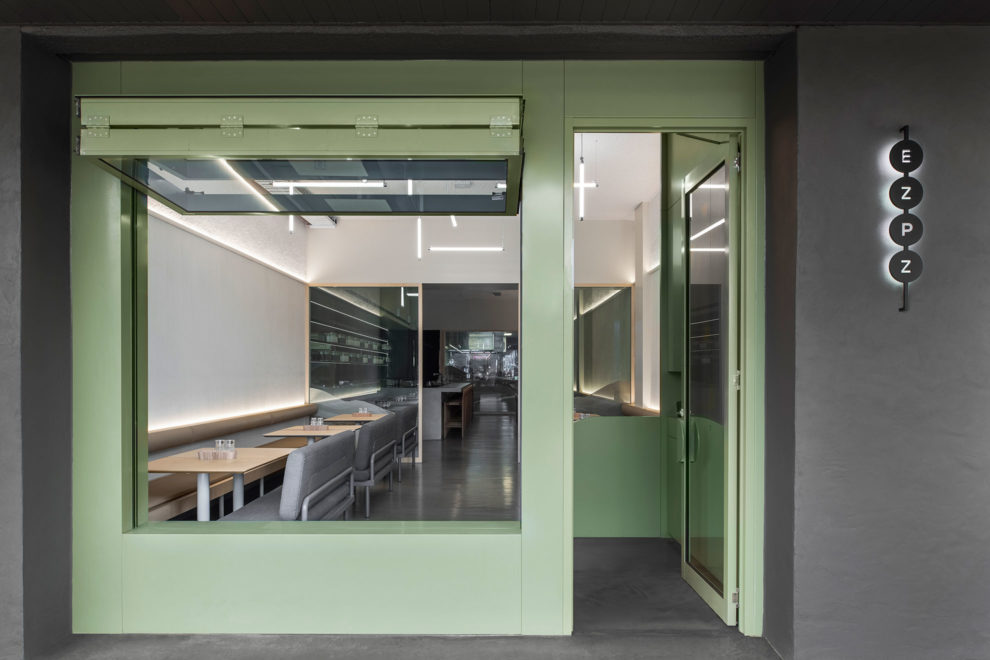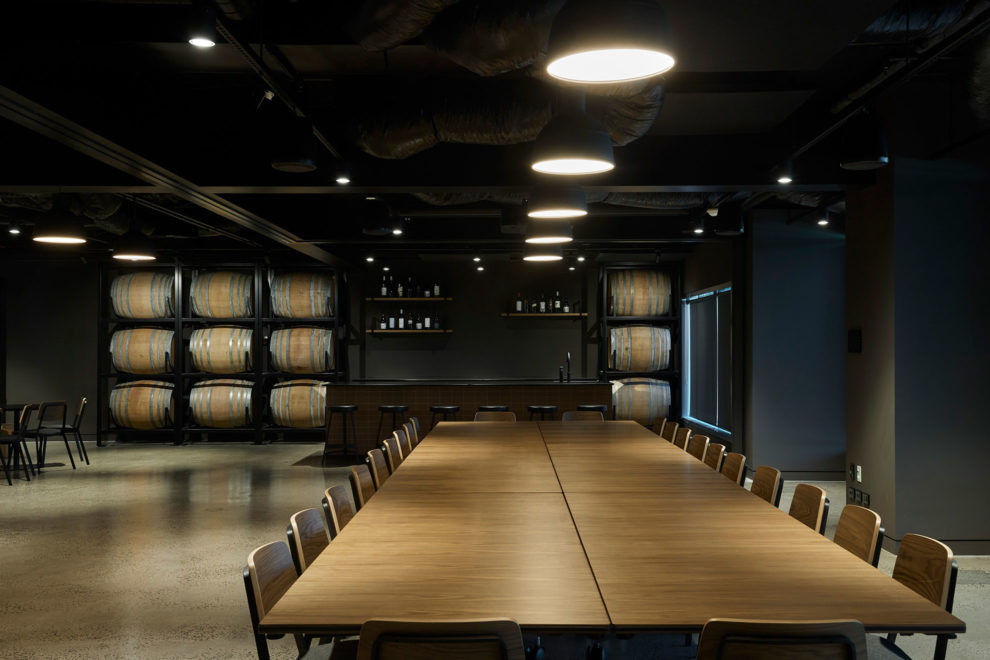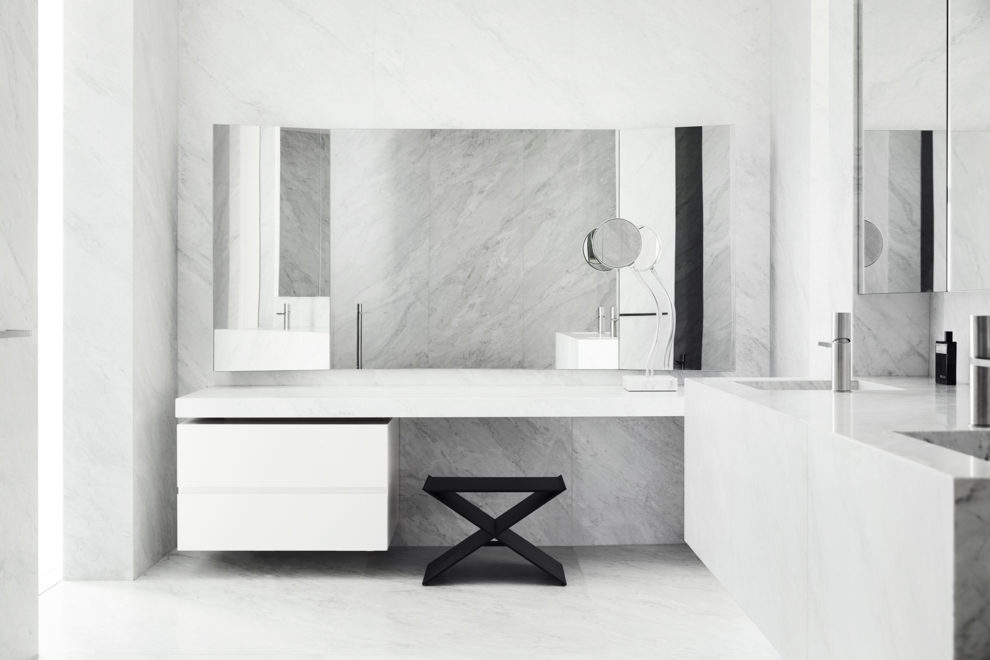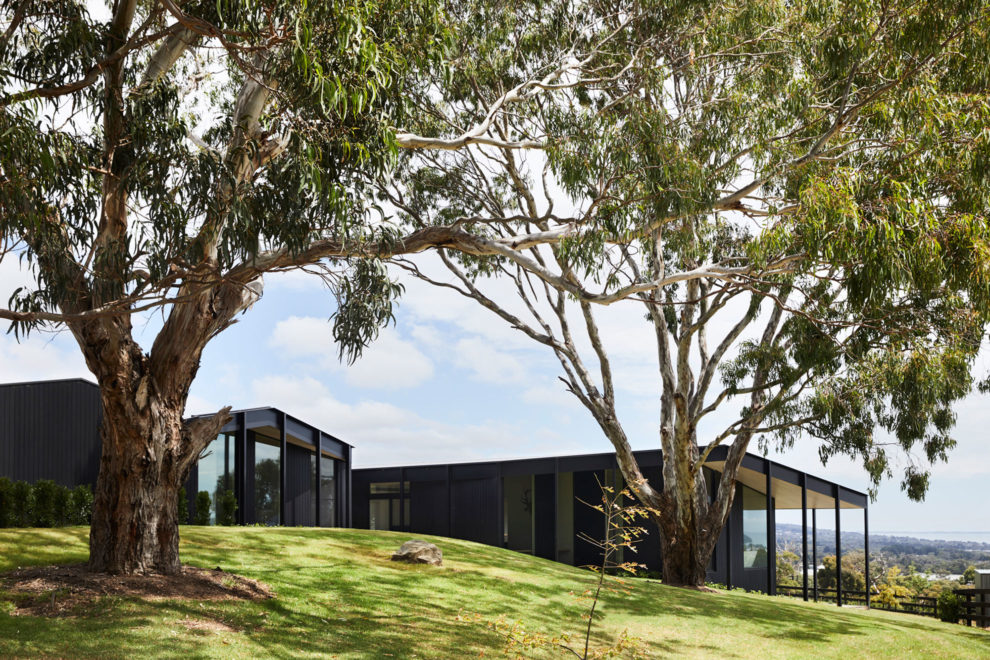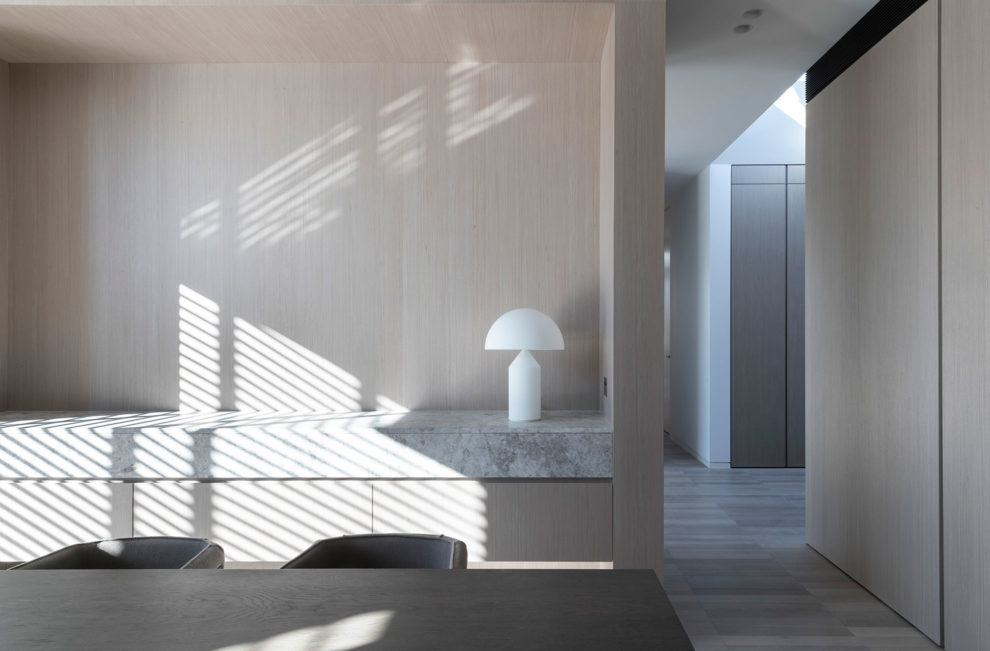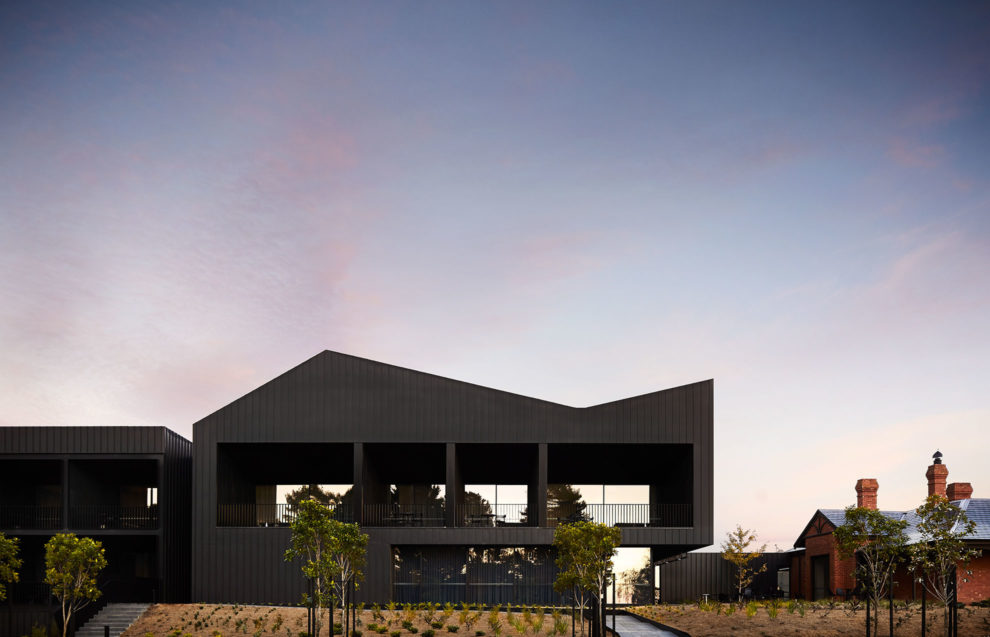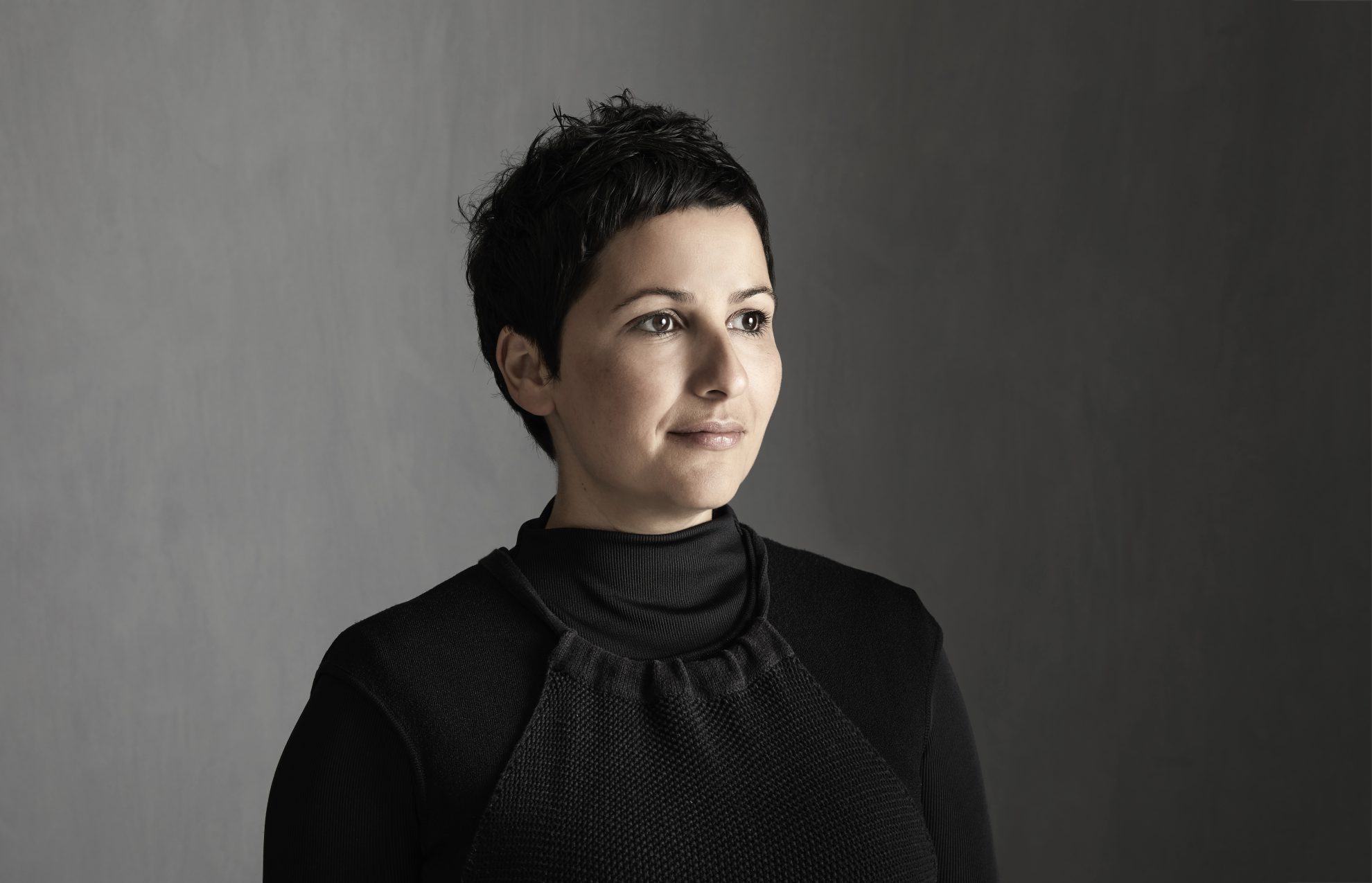
For this year’s International Women’s Day, one of Australia’s leading furniture and product designers, Helen Kontouris, joined our studio for a conversation about her invaluable and raw insights as a female creative and professional.
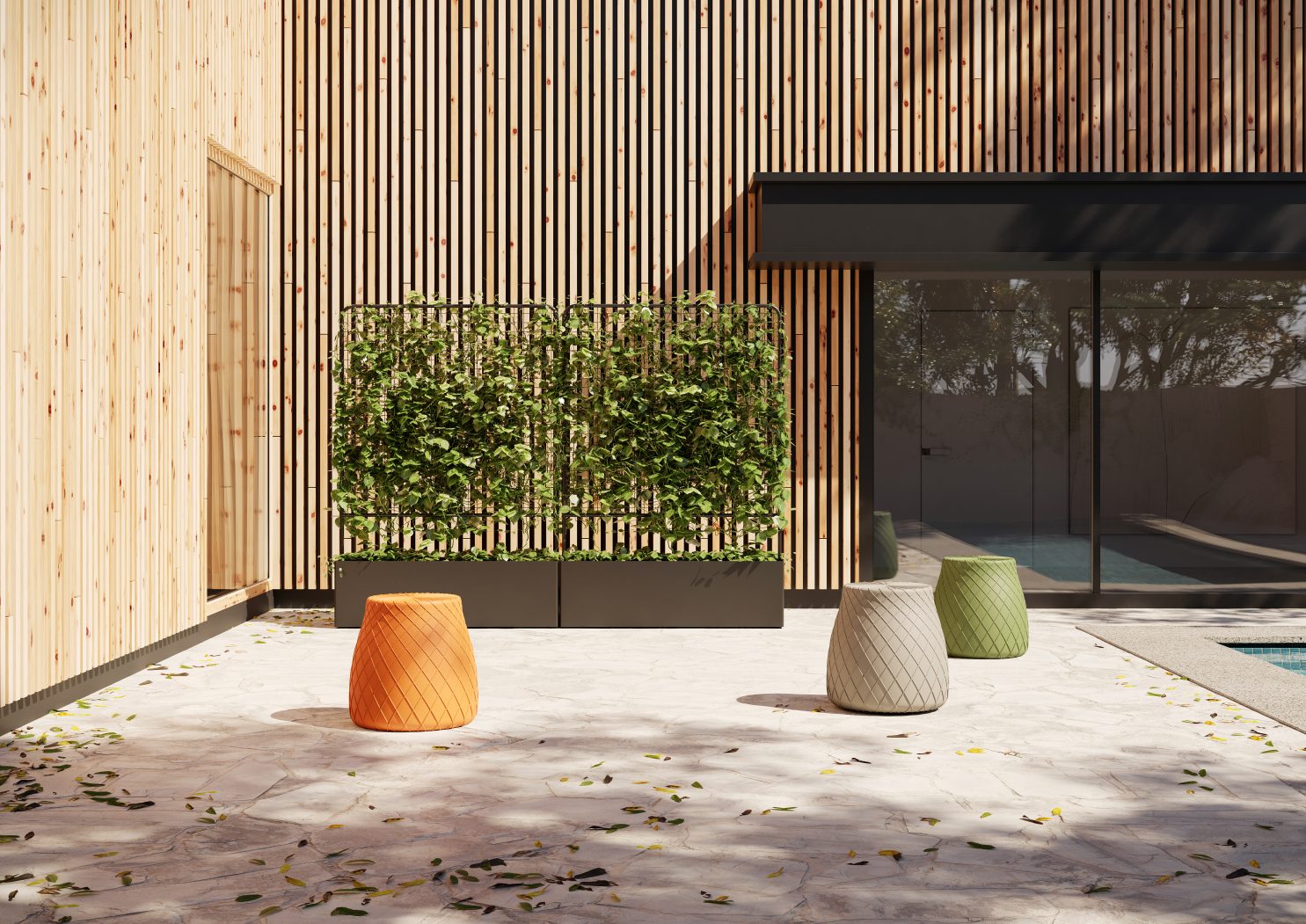
The theme of this year’s International Women’s Day is ‘Count Her In: Invest in Women. Accelerate Progress’, which advocates improved pathways to greater economic inclusion for women. It was this topic that guided the informal conversation, which was kicked off by Director of Strategy and Transformation Etoile Nasrallah, who introduced Helen as an inspiring peer and curious innovator of her craft for more than 20 years.
Like mother, like daughter
Helen’s revelation of her love of design goes back to her childhood when she discovered her mother’s secret artistic talents. “I never knew she was exceptionally good at painting and drawing. She never spoke about it to rest the of the family,” shared Helen. It was only after Helen came across an old painting by her mother at nine years old that she unlocked a passion, and inspiration in her mother, to the creative world. “From that point on I pursued working in the field of interior design. I know my mum’s incredibly proud of the steps I took to get there,” she added.
Starting a business with fellow Australian designer Dion Hall, whom she met in high school, Helen was introduced to the world of sculpture. “He taught me about sculpture, which led to me designing furniture, and I taught him about interiors. It led to an abrupt swap in careers!”
Fast forward to today, she now leads her eponymous studio of thirteen people and produces designs that are often described as feminine, architectural, and contrasting. The journey of carving out this style goes back to early influences from people like Clement Meadmore, who promoted a tactile and emotional resonance with his sculptures. “I was inspired to create products where someone wants to get closer to it from all angles and engage with it. I seek an emotional reaction from people,” she explained.
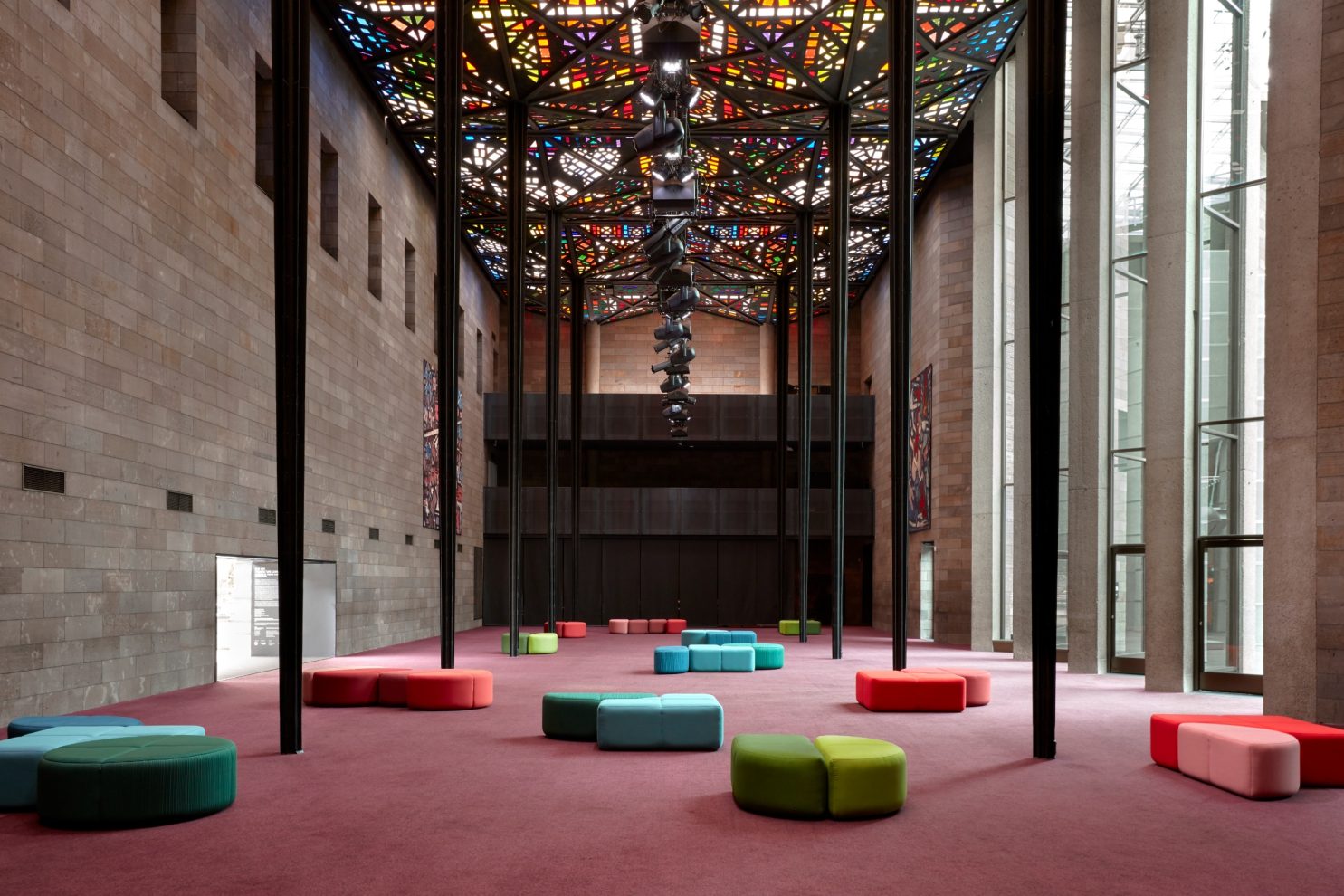
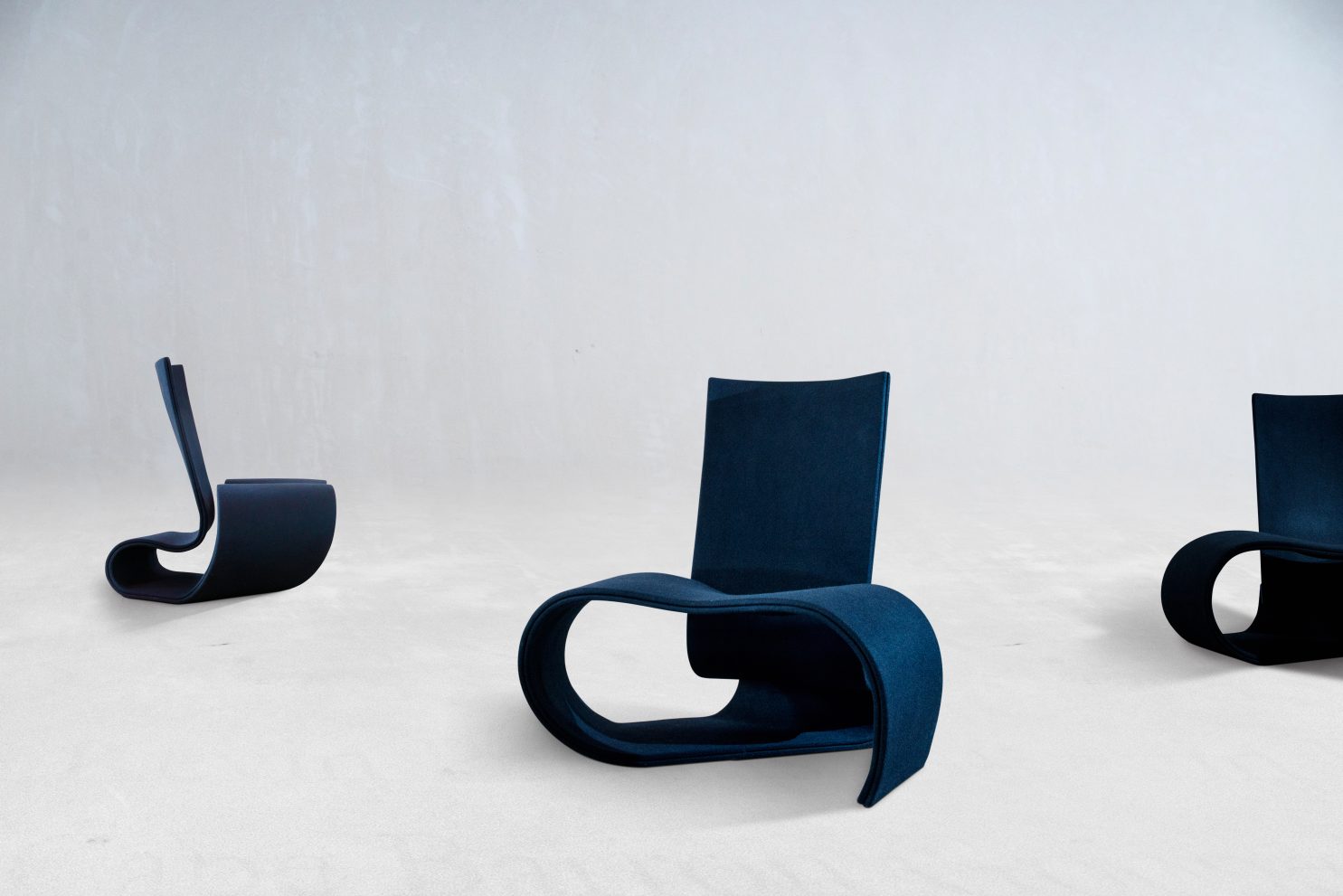
To be inspired and to inspire
Pursuing the right projects for the right people, Helen is inspired by a catalogue of formidable past and present female creatives. “People like Barbara Hepworth, Zaha Hadid, and Ray Eames come to mind. Those women, especially from an earlier age, spoke to me in many ways in being able to forge a style and differentiate myself. Barbara illuminated the use of negative space, and the transformative work of Zaha Hadid showed how technology achieved fluid, interactive spaces with real resonance,” said Helen. “But I just realised they’re all not living designers,” she jokingly added
For contemporaries, Helen credits her friend and designer Simone LeAmon. As the Curator of Contemporary Design and Architecture at the National Gallery of Victoria, Simone has “championed and ensured that she brings on board female-centred artists and designers with a strong narrative to a collection. It’s a testament to her ability as a storyteller,” said Helen.
It’s this same process that guides Helen when creating a product from beginning to end. A ‘common thread’ must be established when looking at materials and form, which is then built through the finished product, justifying why it exists.
Now an established designer herself, Helen regularly teaches workshops in high schools to share the process of designing products. It’s this time of life, that Helen believes is “formative of when kids understand where they want to be and how to get there”. She also makes herself available for guidance to university students when seeking an external opinion.
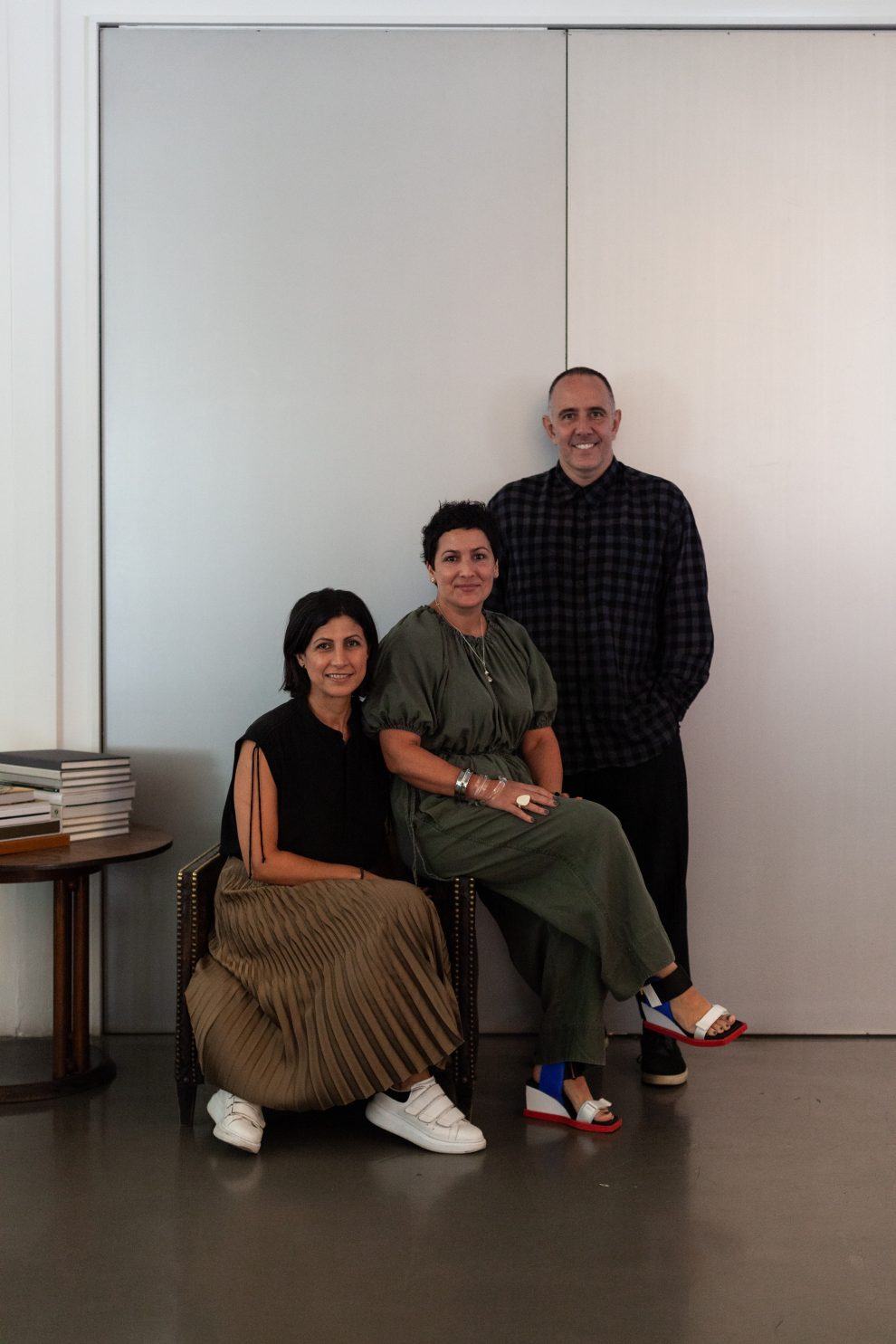
In practice
Having collaborated with a series of international and local clients, such as the NGV and the Australian Open, Alessi and De Padova in Italy, Helen’s designs have earned her an esteemed place in the Permanent Collection of Fondazione Cosmit Eventi in Italy. Recipient of many prestigious awards and appearing in more than 145 media publications, Helen is no stranger to success. But with all this industry recognition, does doubt ever creep in? The answer as Helen simply put it, is “every day”.
“When I have the most amount of doubt, it is when I don’t feel as though my time is being valued,” she said. “I can recall earlier days being in Italy and attending booked meetings with companies each day. Sometimes, I would turn up and wait for up to an hour to be seen, even though they knew I was there. I’d sit there and think, ‘Is this test? If so, I’m up for it’”.
While discouraging, Helen used these moments to back her products, namely her iconic design of the 101 Chair. After making a prototype of the chair with paper maquettes, she showed the design to a series of different workshops with little luck. It wasn’t until she found herself in a fibreglass workshop that she discovered her perfect material. “This man was working at the back, and he could see me. I waited for 15 minutes. And again, those feelings of doubt started up. When he finally spoke to me, he seemed unsure of how my design would work with fiberglass. But after two hours of speaking to his team, I knew I had won him over and he wanted to work with me. That story proves that doubt can help you incrementally improve in terms of confidence If I ever feel doubt, I lean into making progress. Progress turns into confidence. The interesting thing about confidence is that it’s the opposite of doubt.”
It is this determined sentiment that encompasses Helen’s entire approach to her career and one she shared with the Carr team as a final comment. “Find a way. Discover the little but powerful changes that will get you one step closer to your goal and leave your ego at the door. It’s the product that matters. Don’t let confidence and ego get displaced. I’m very confident in what I do and my products, but at the end of the day, in my way, I want to create furniture and products that arrest people for their beauty. I suppose it’s really all we can do.”
Read about last’s IWD studio event with Salta Properties COO Emma Woodhouse.
